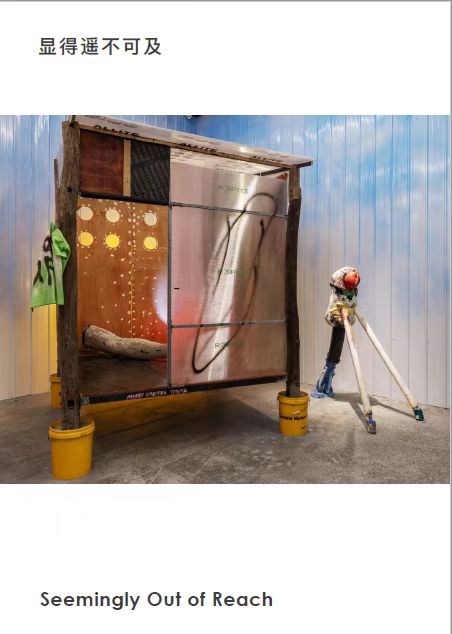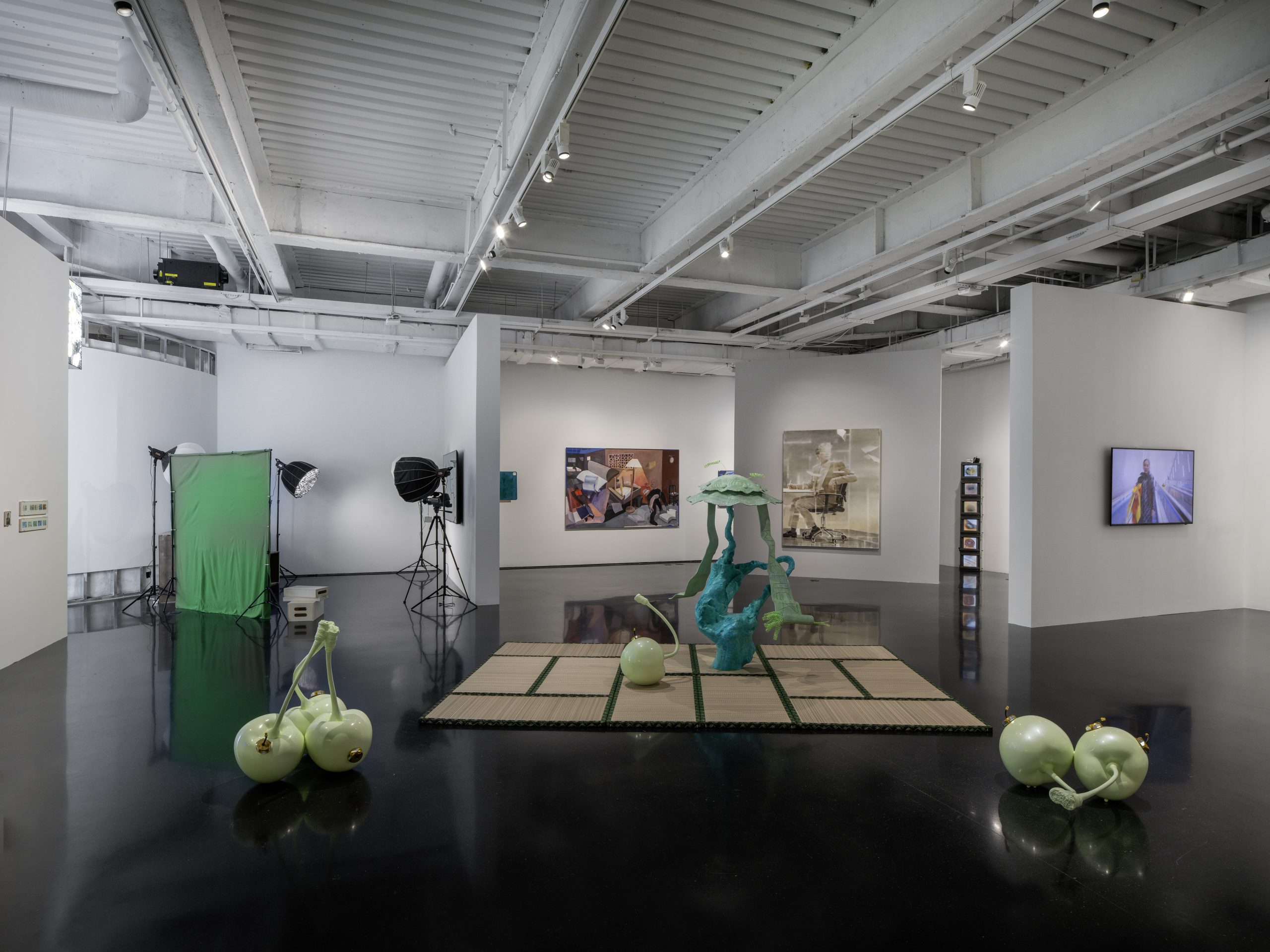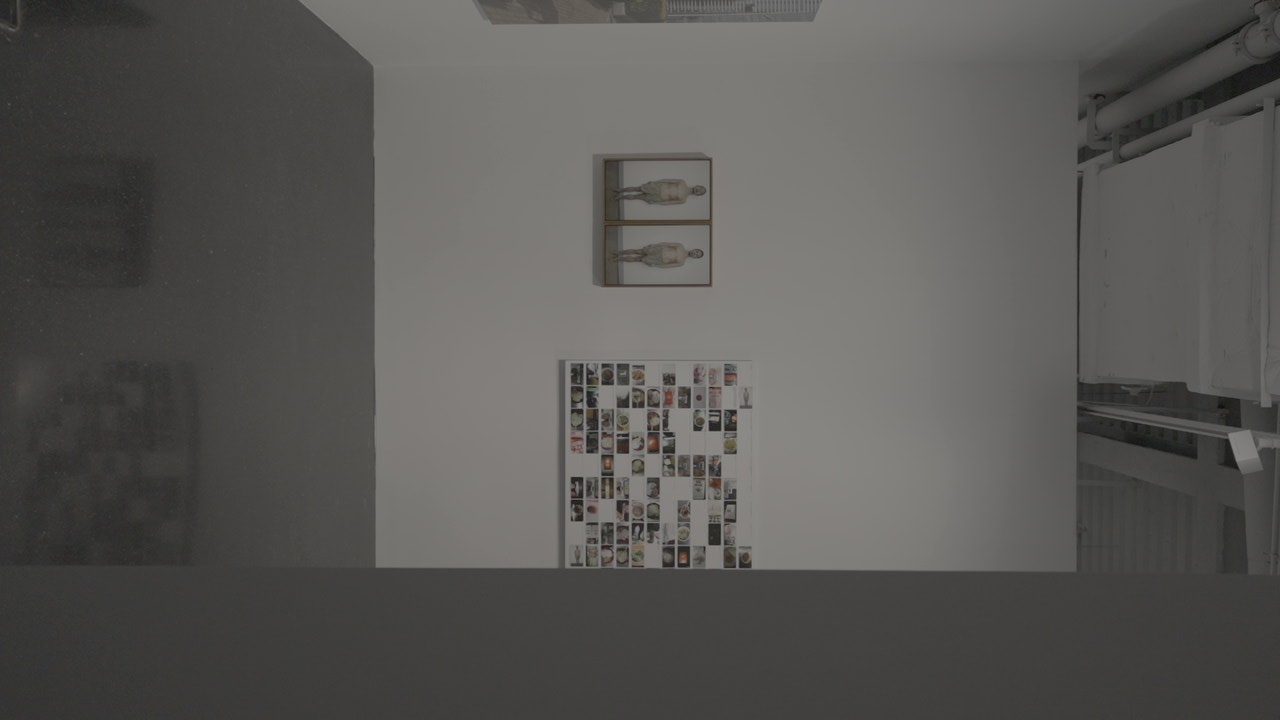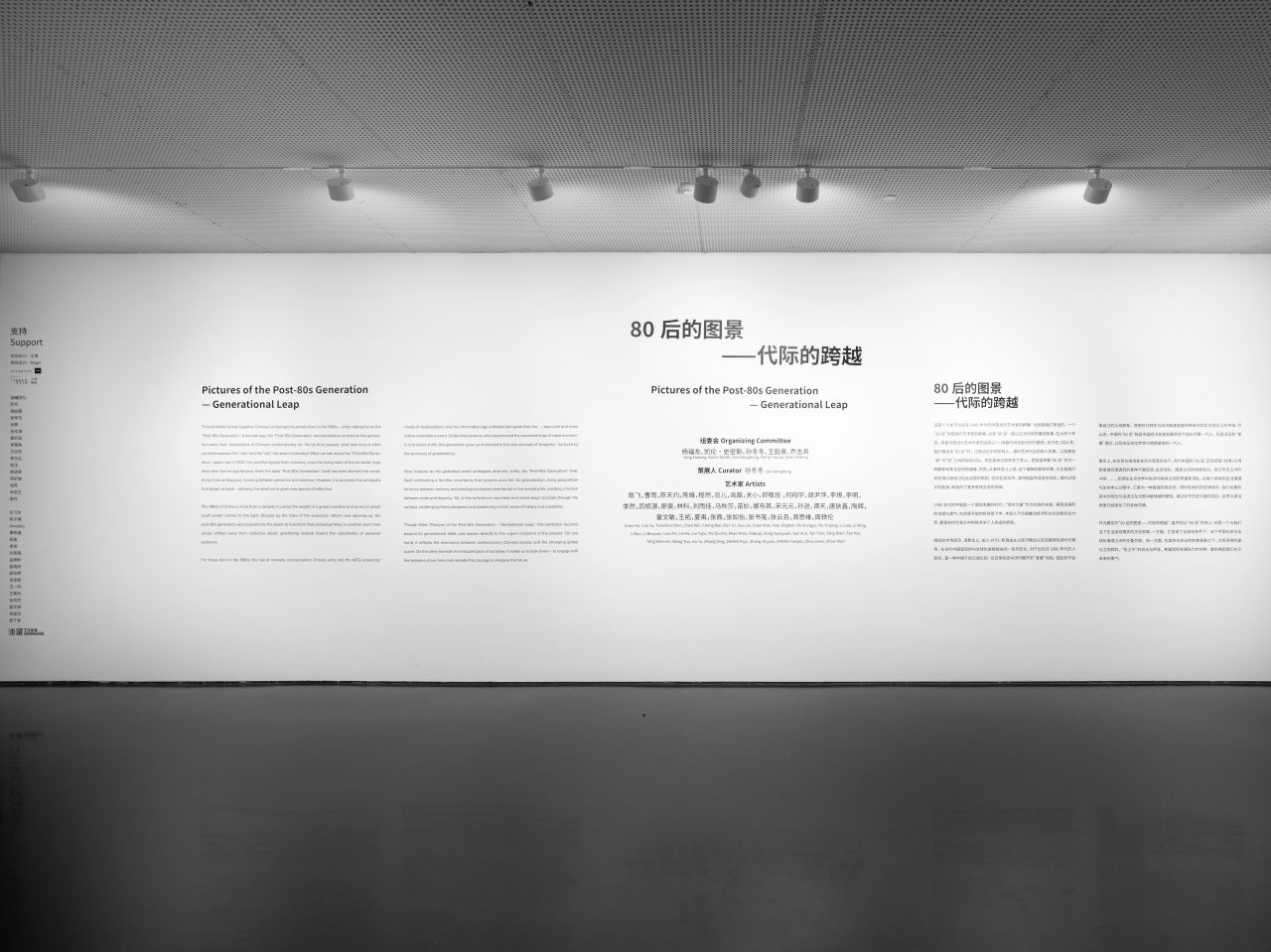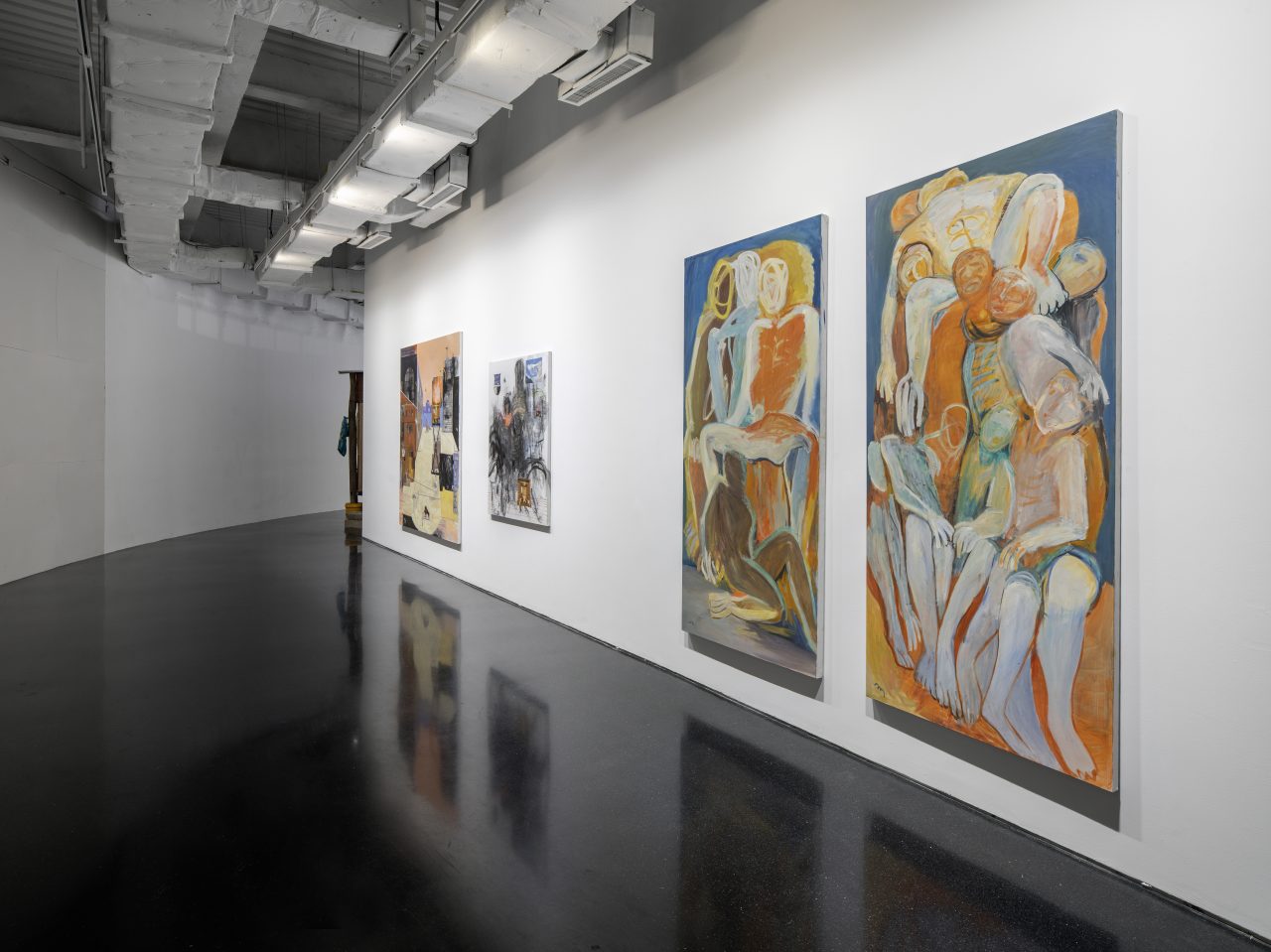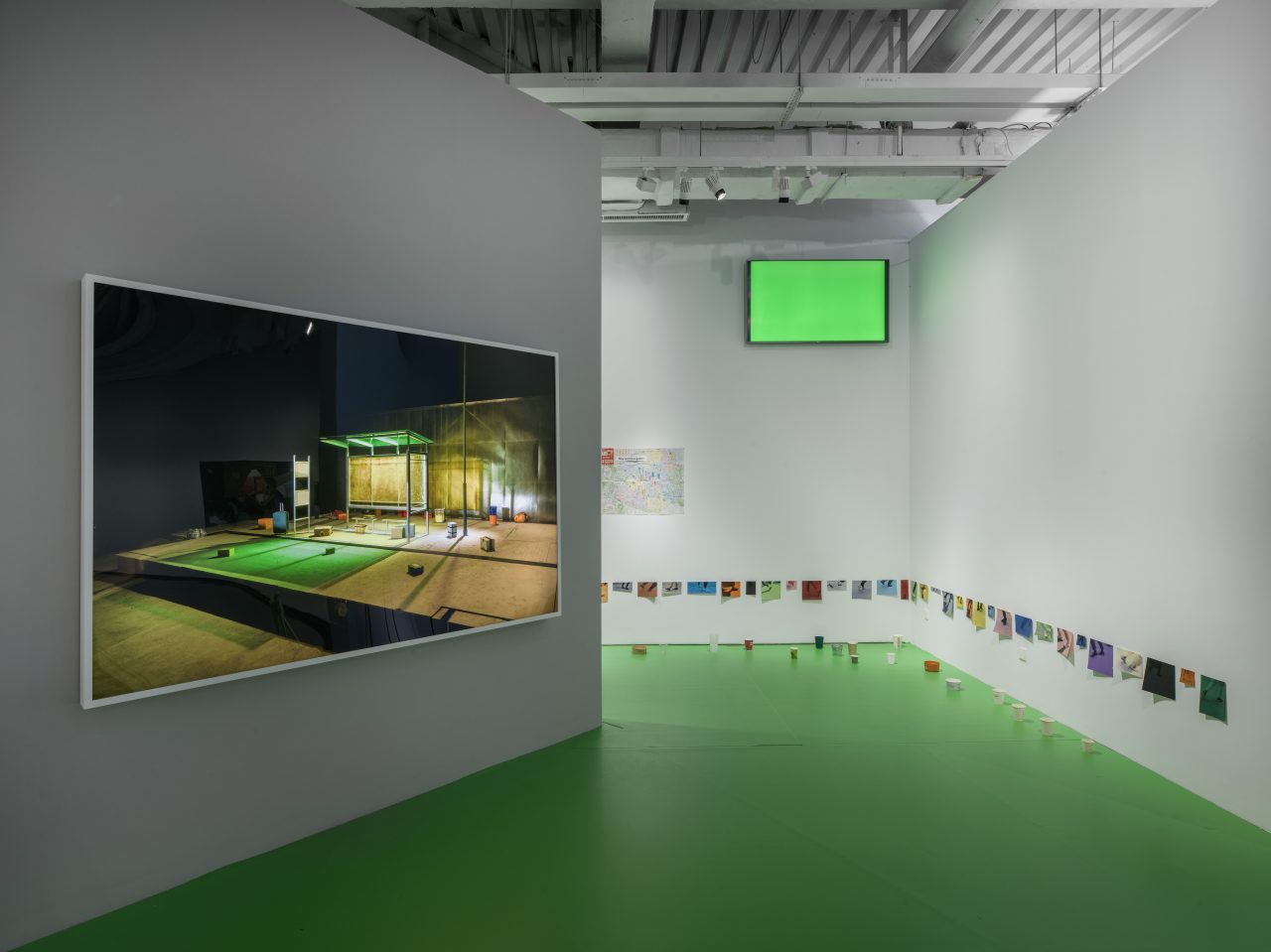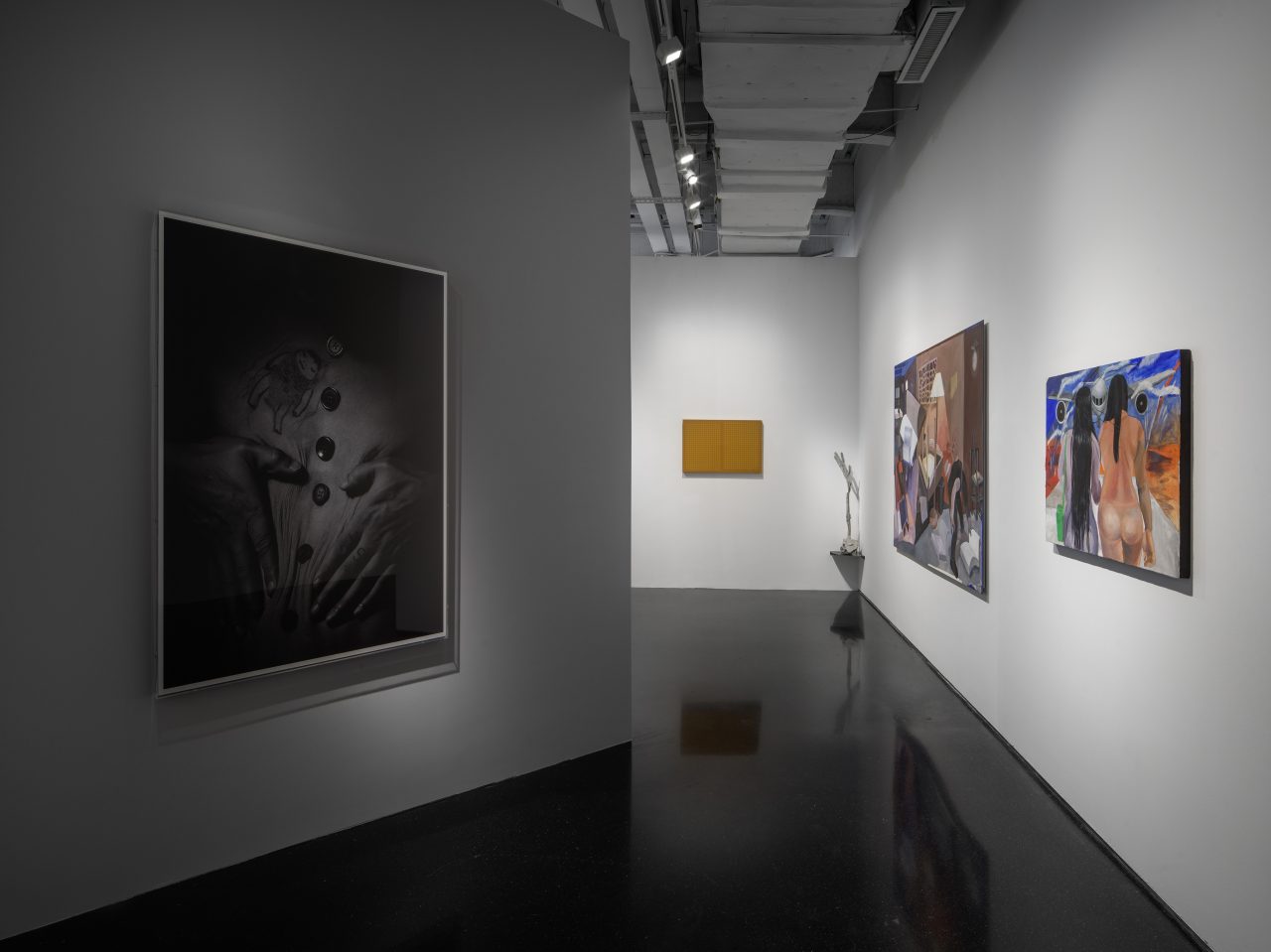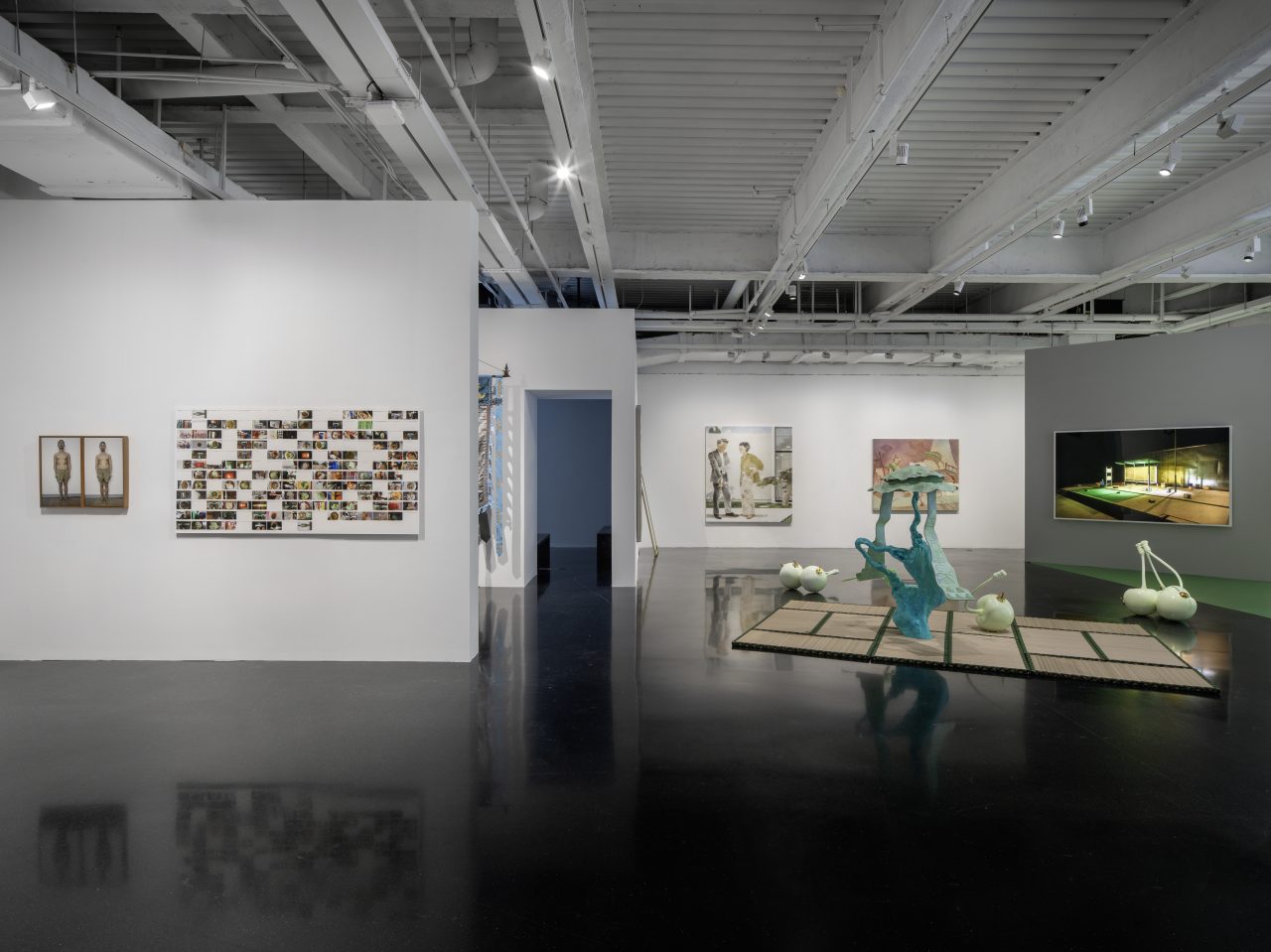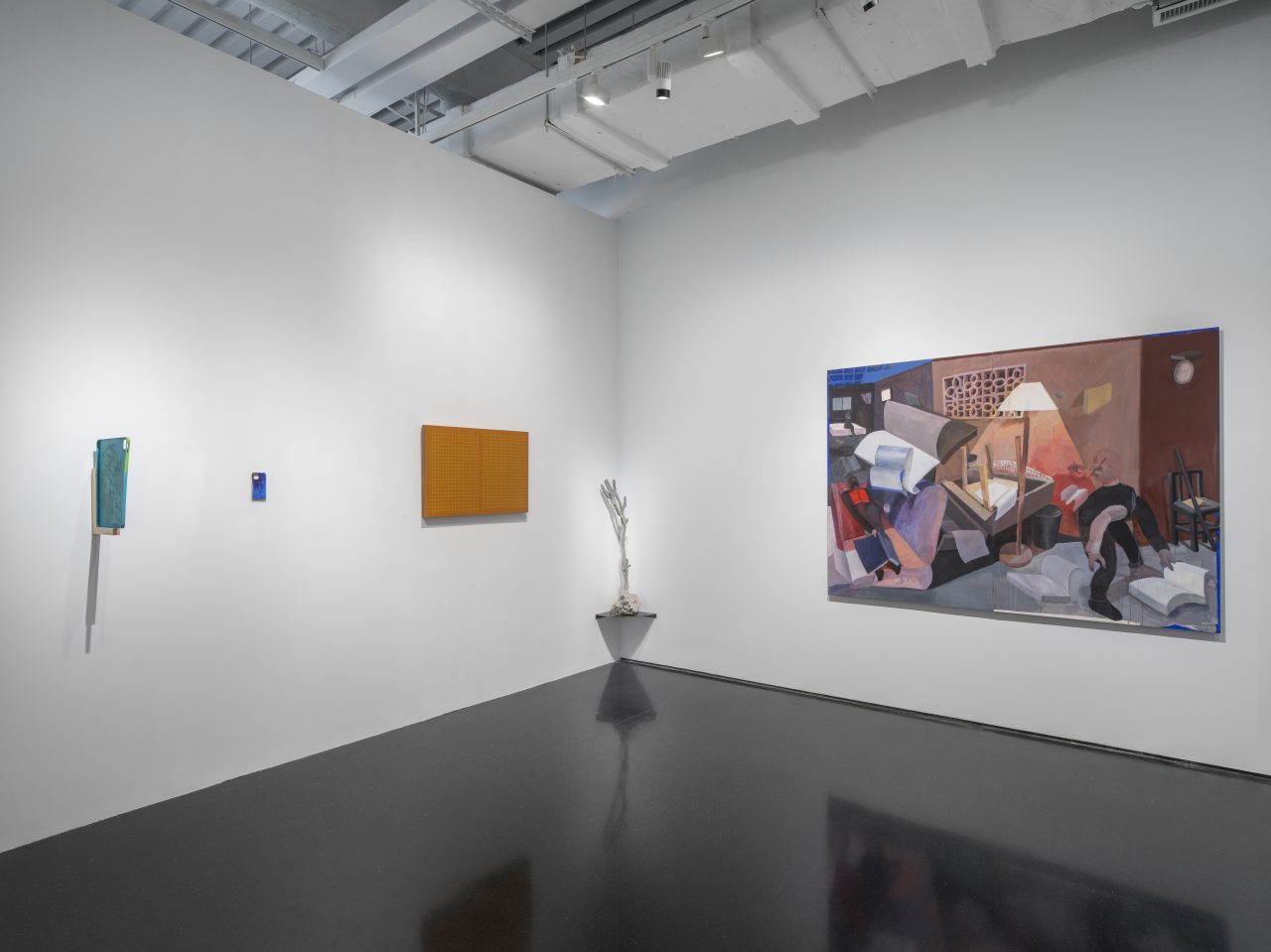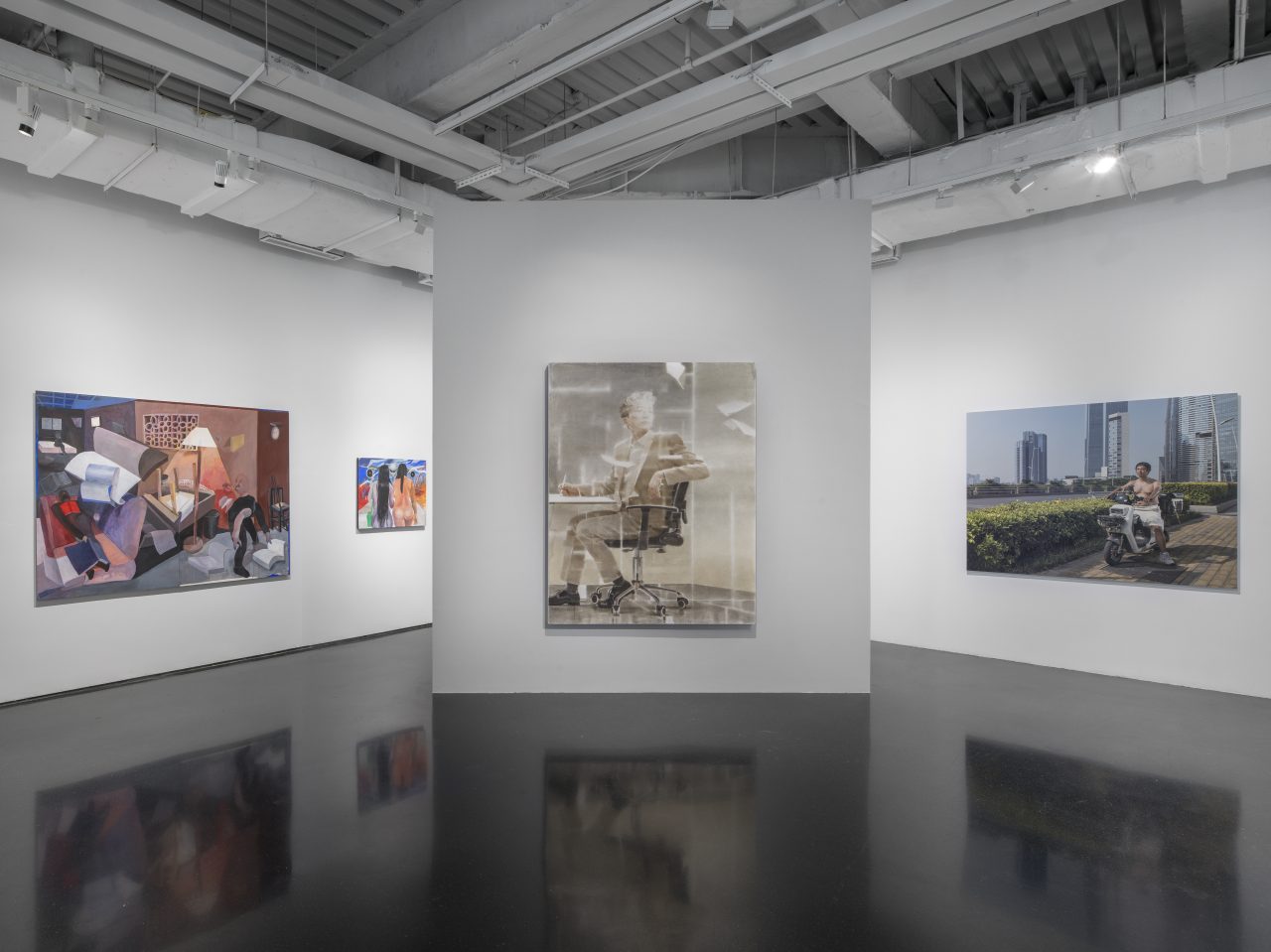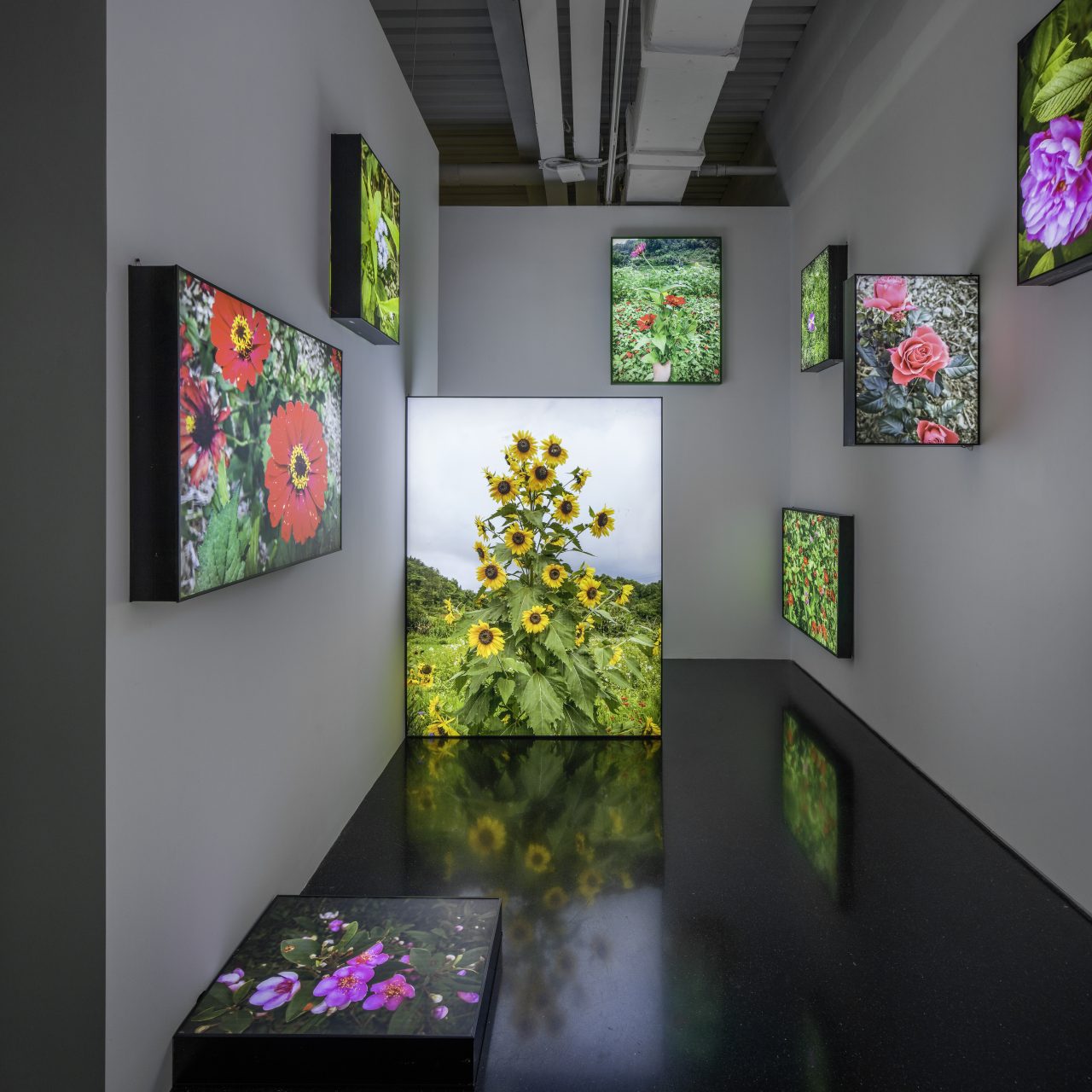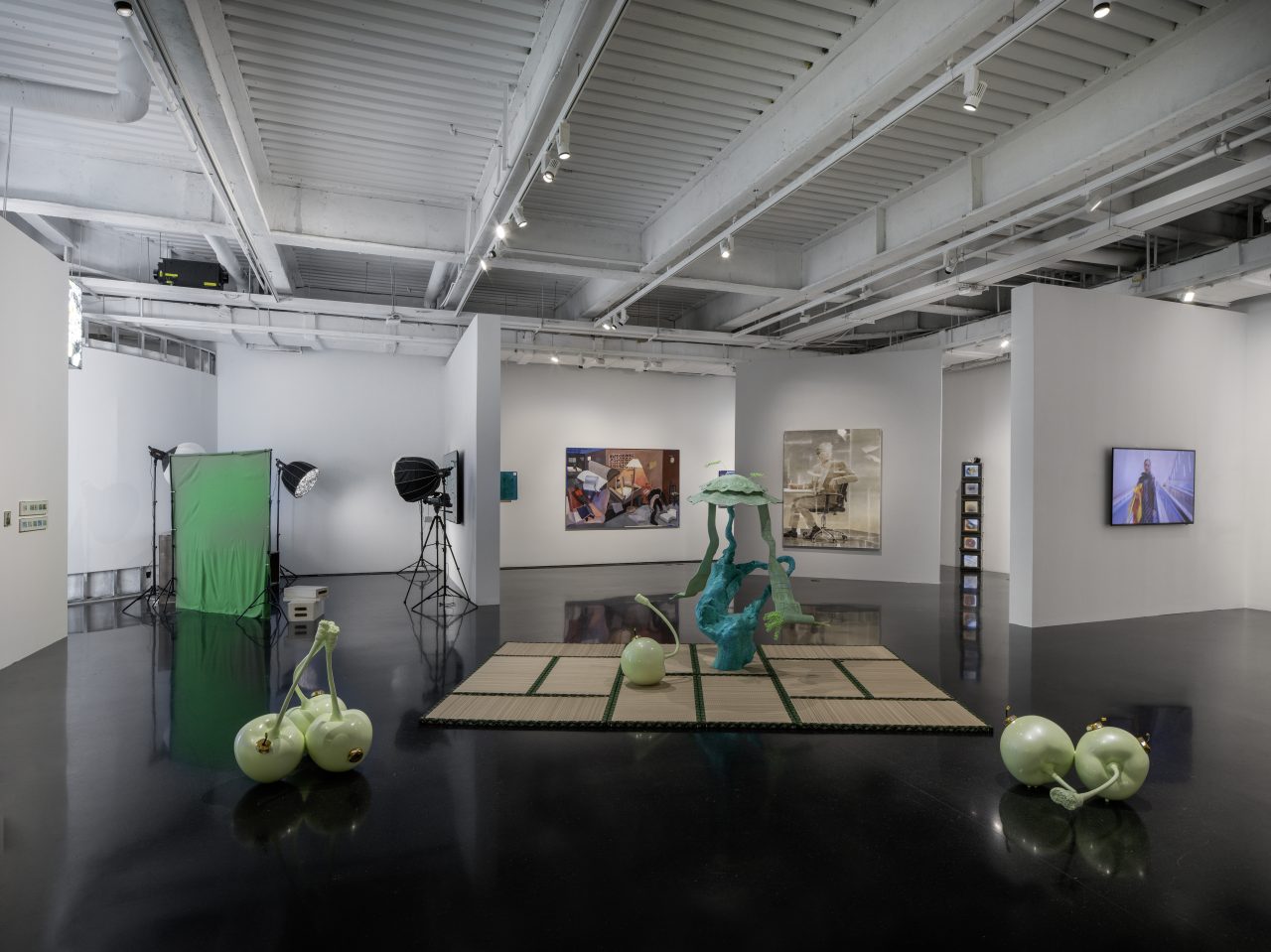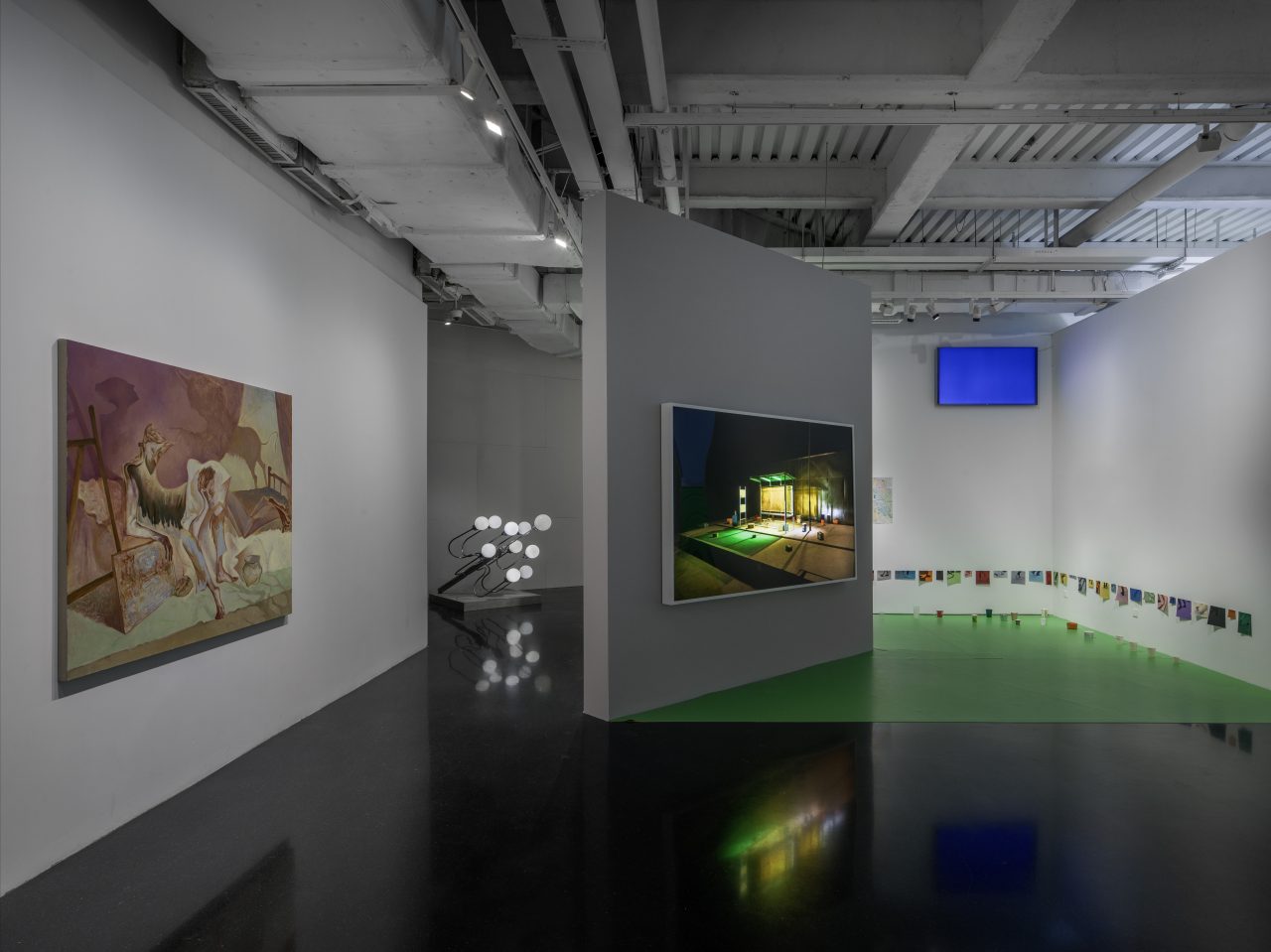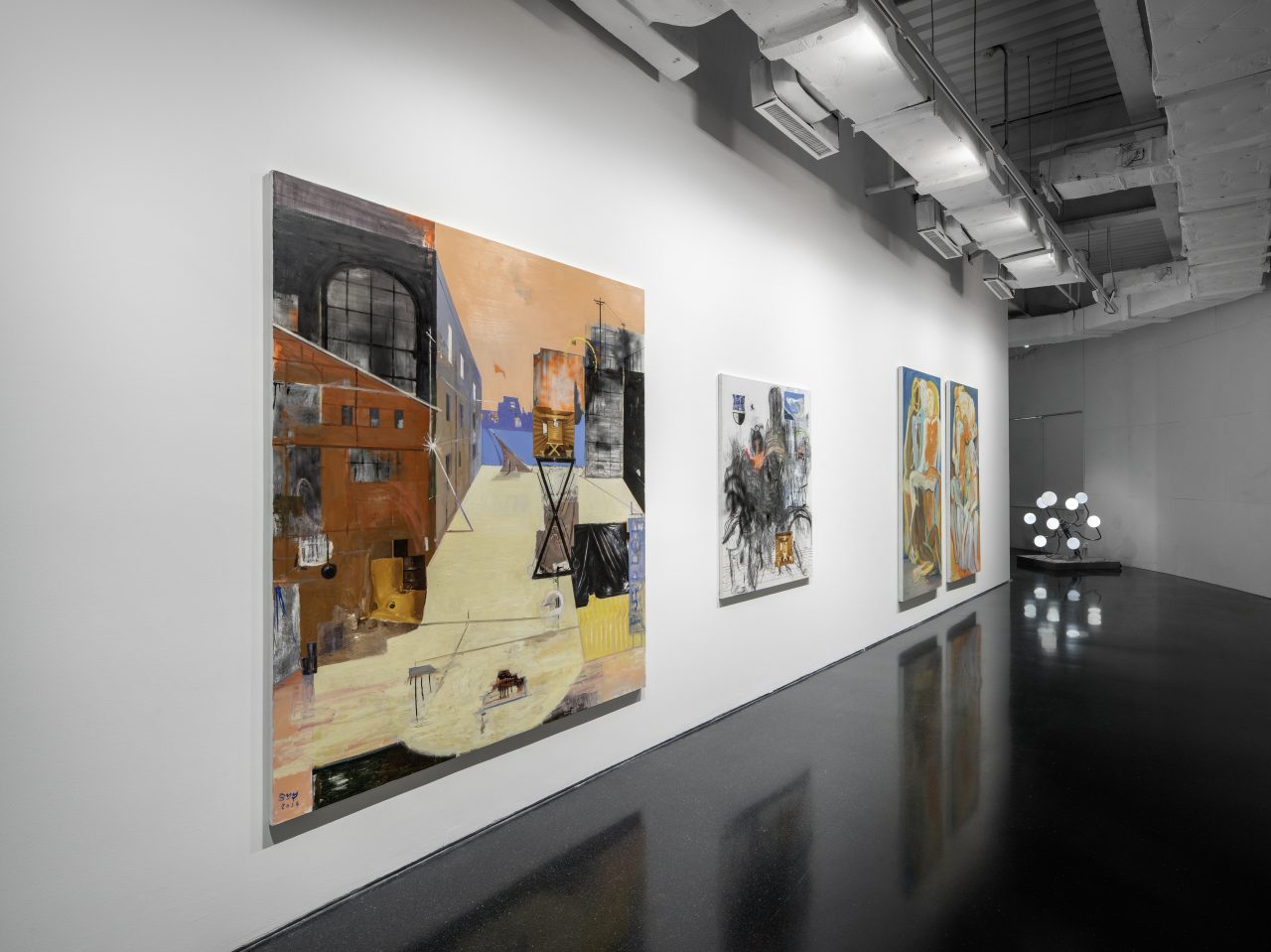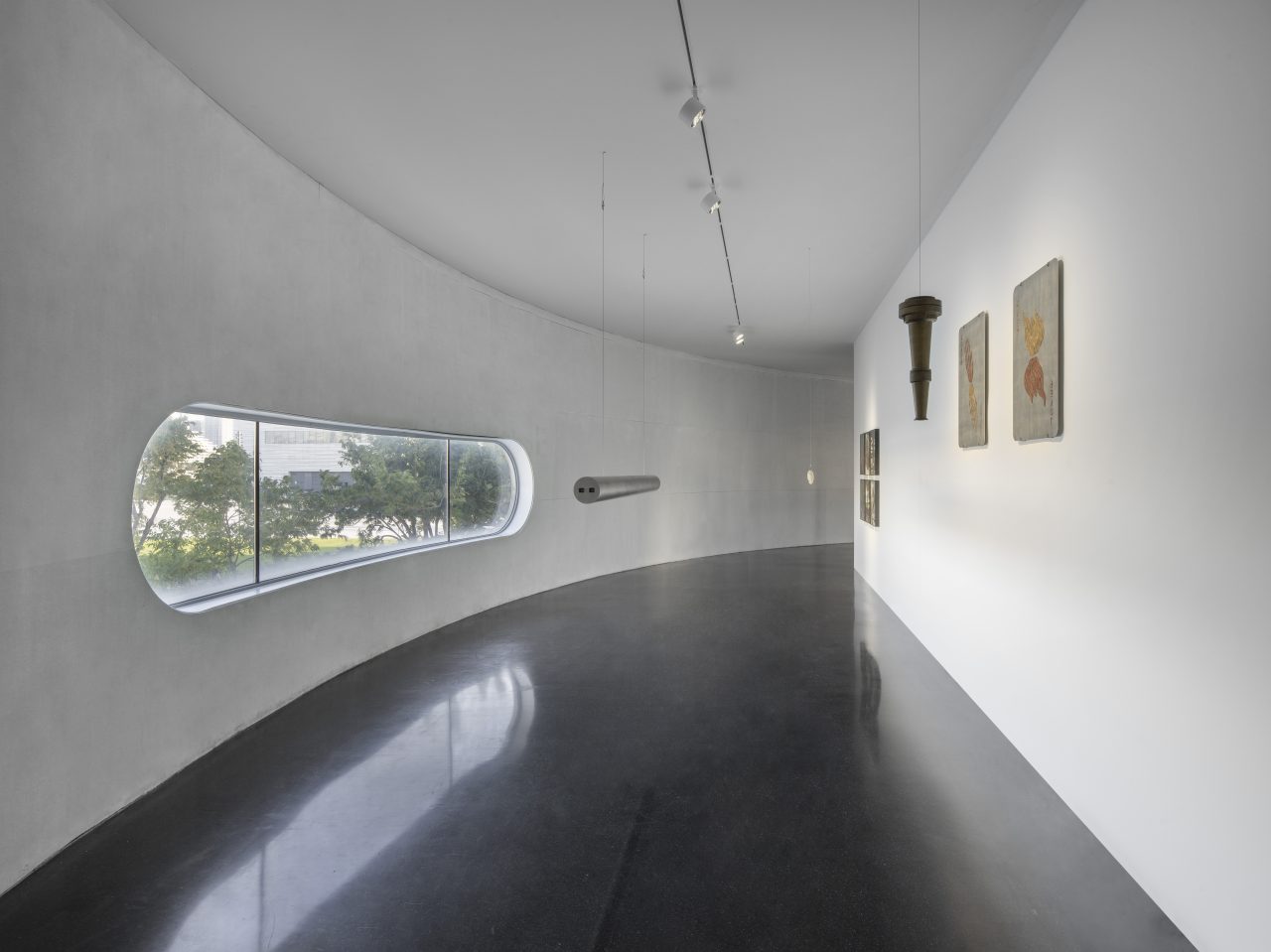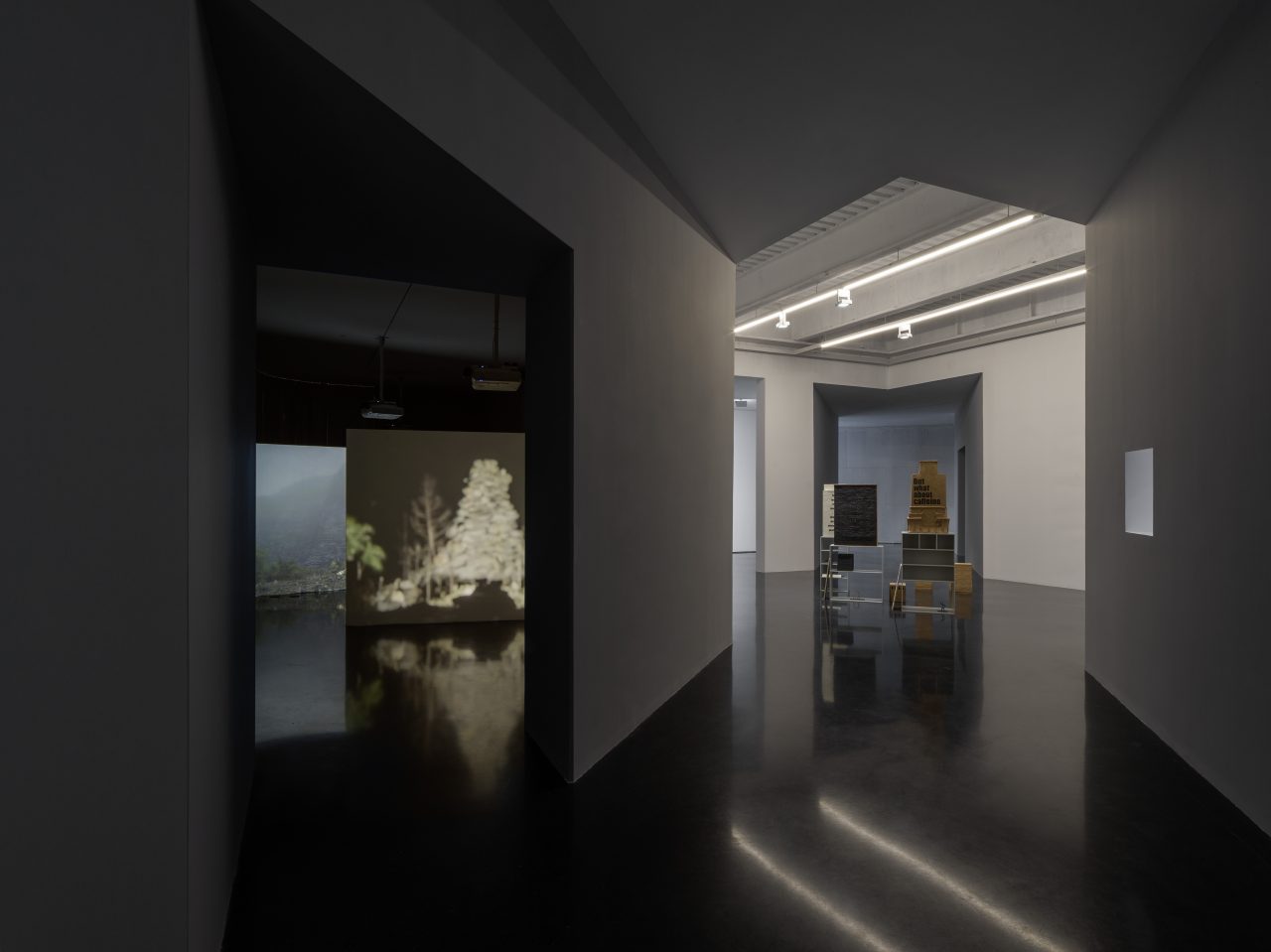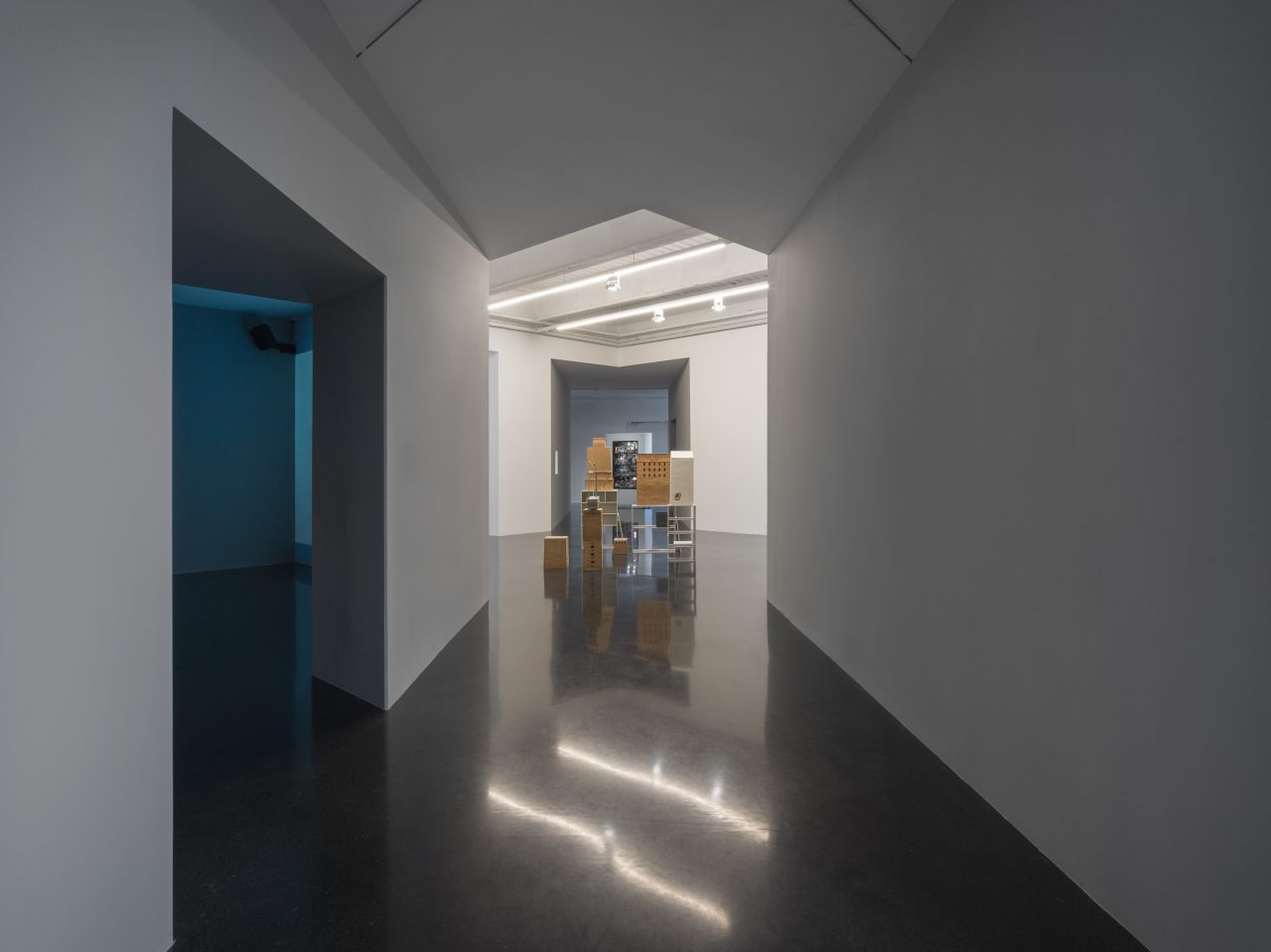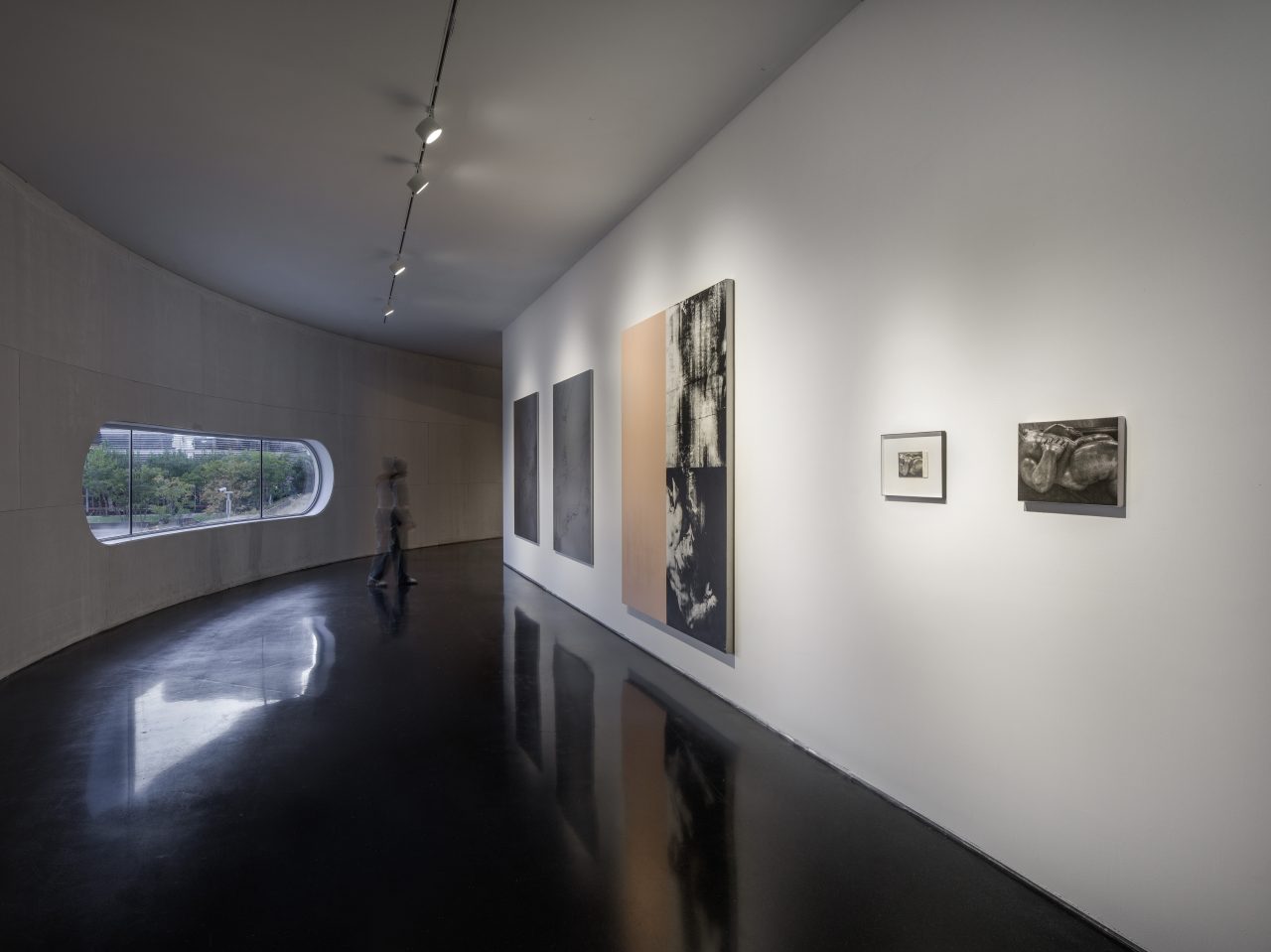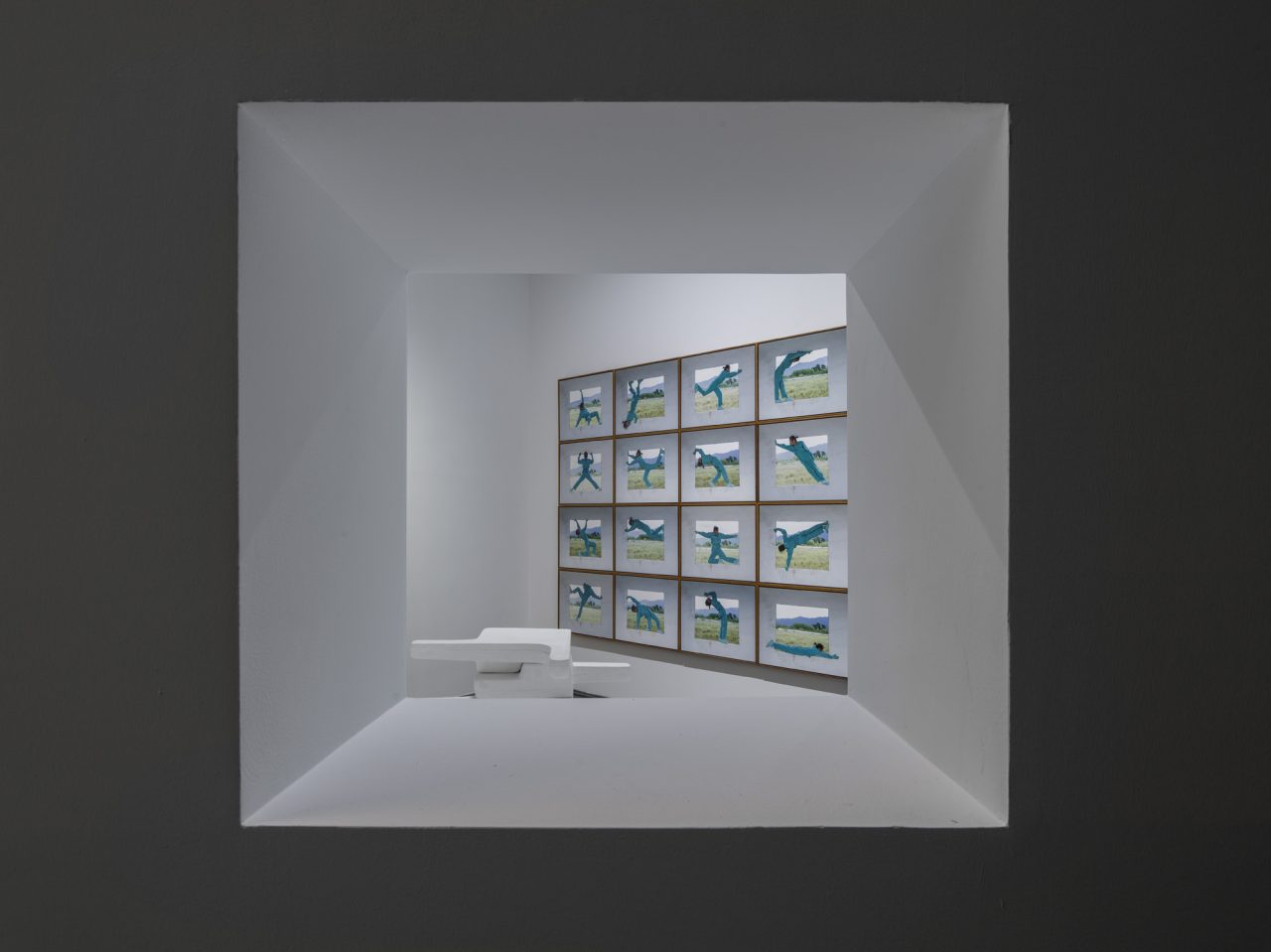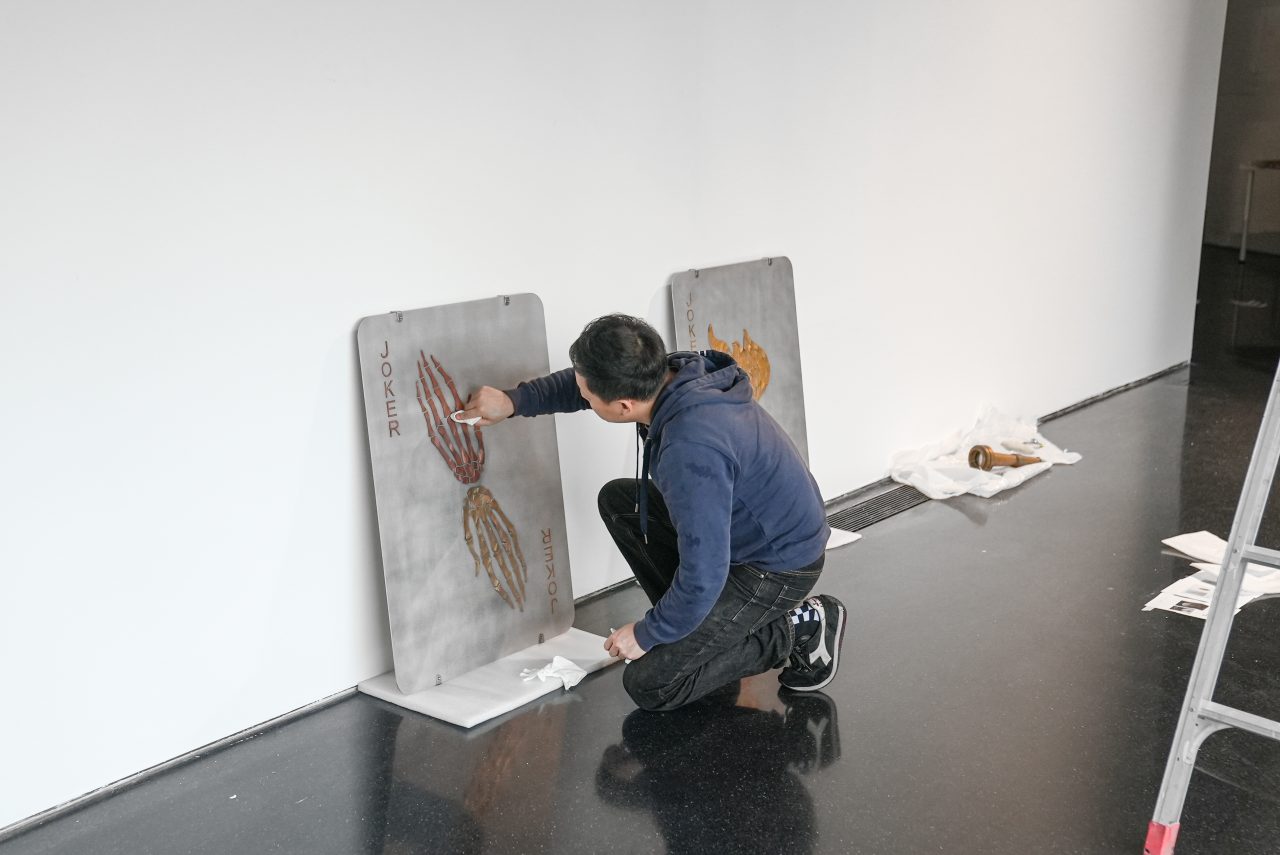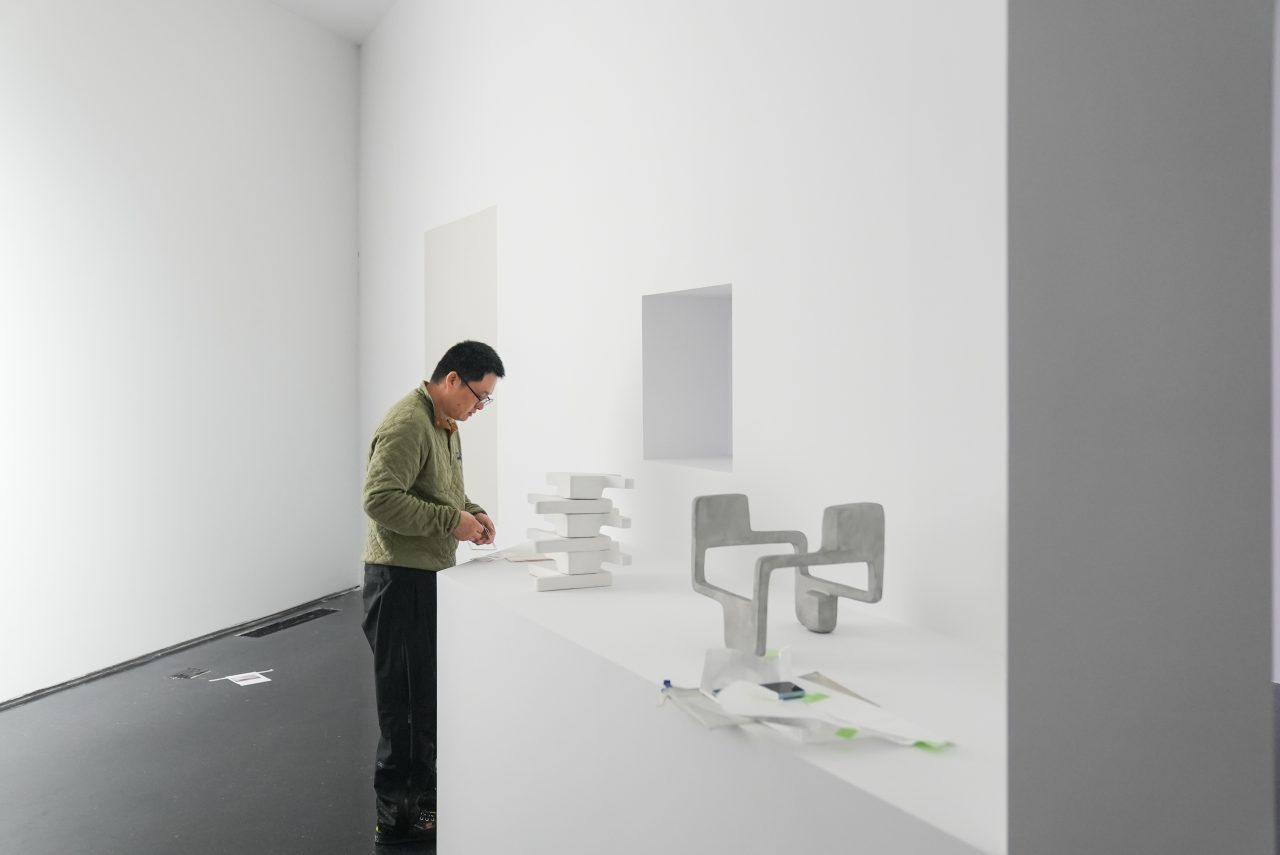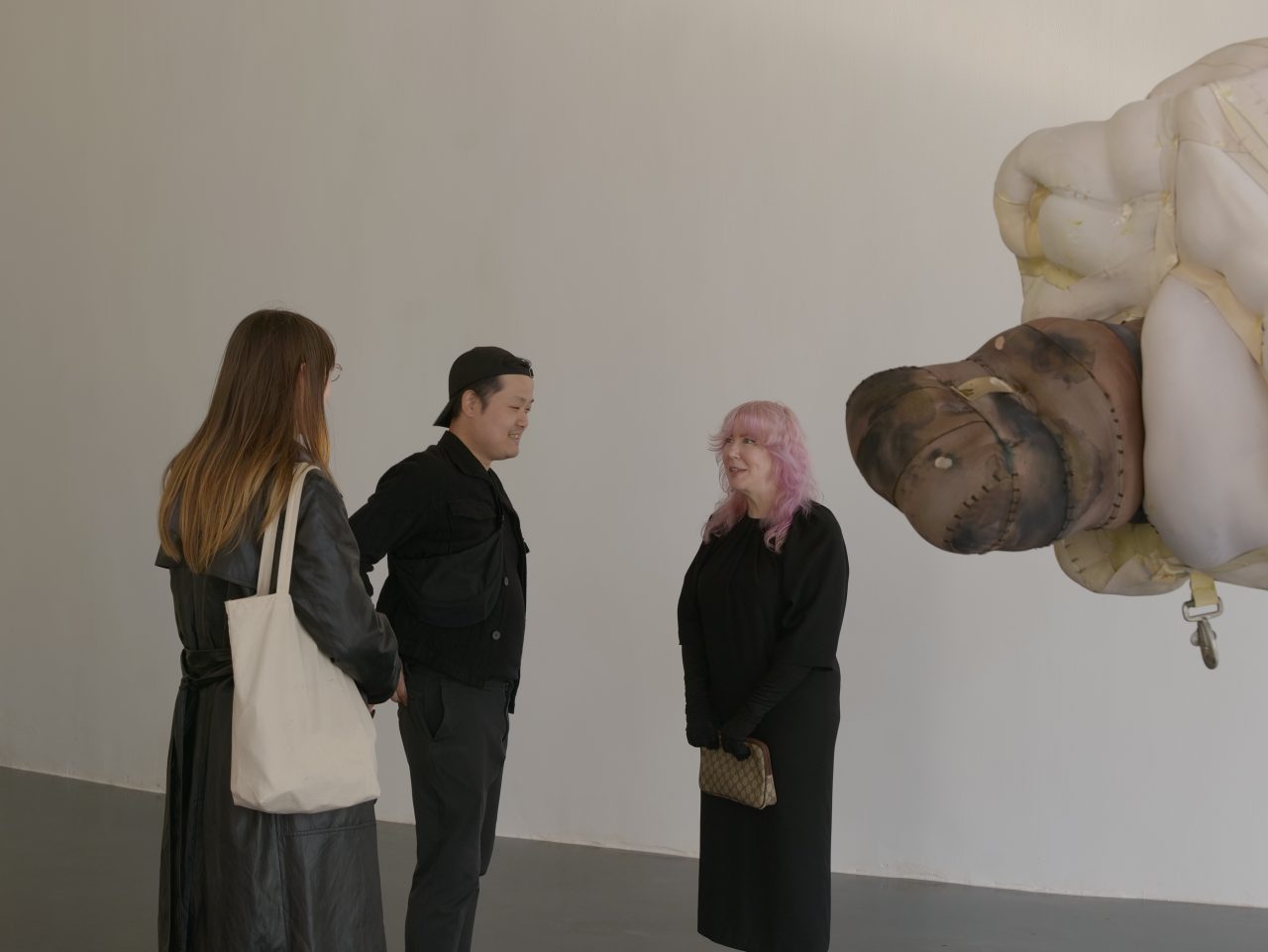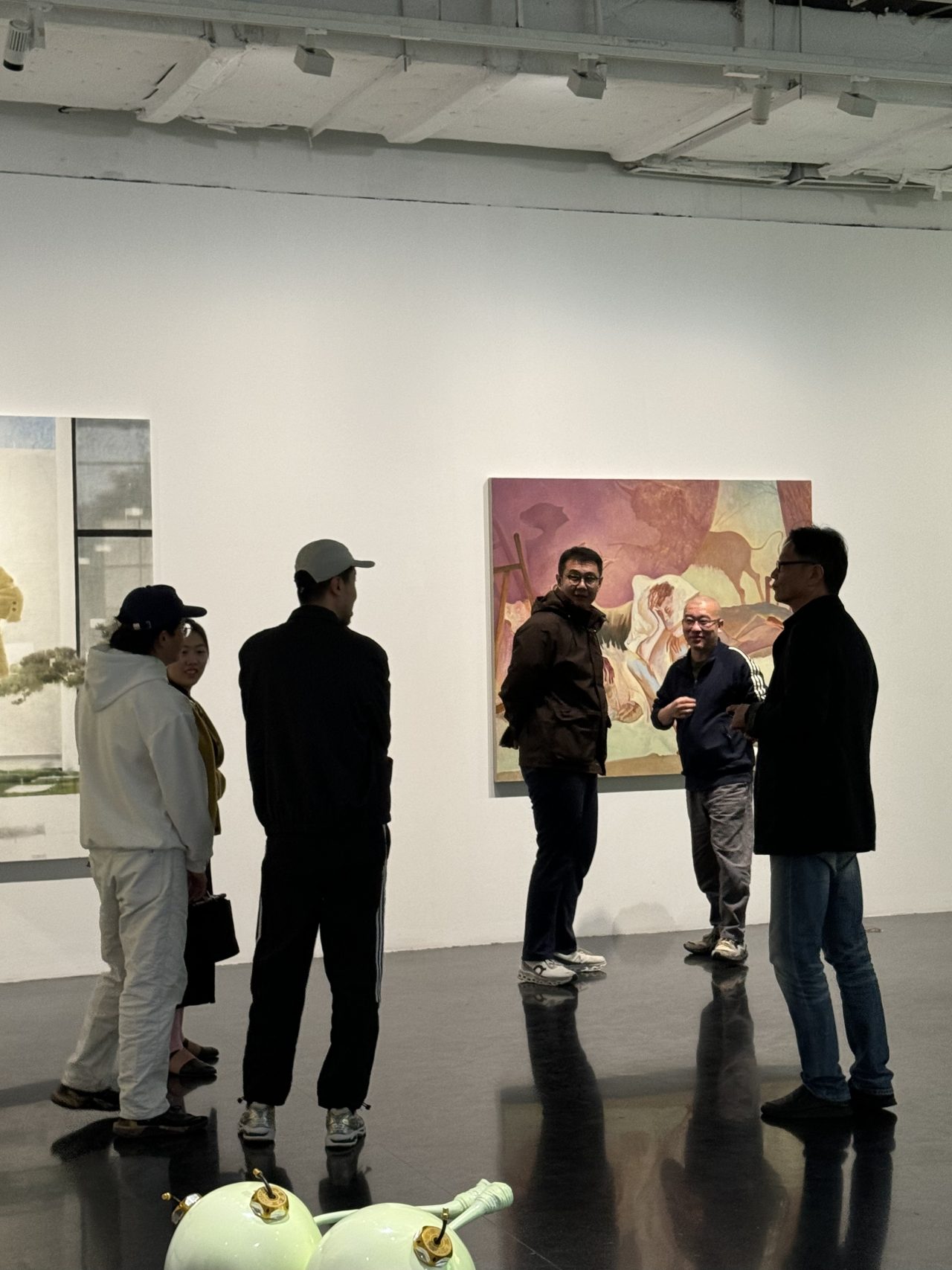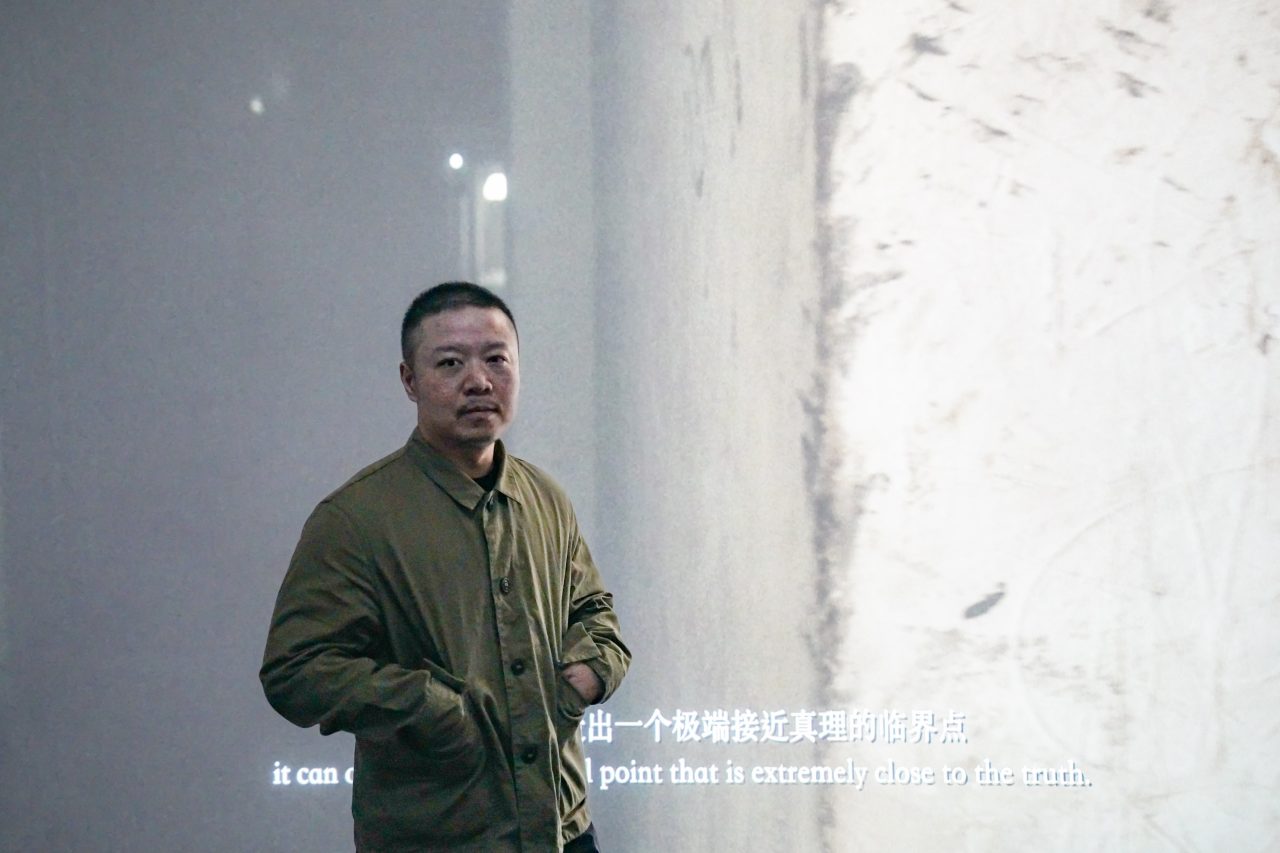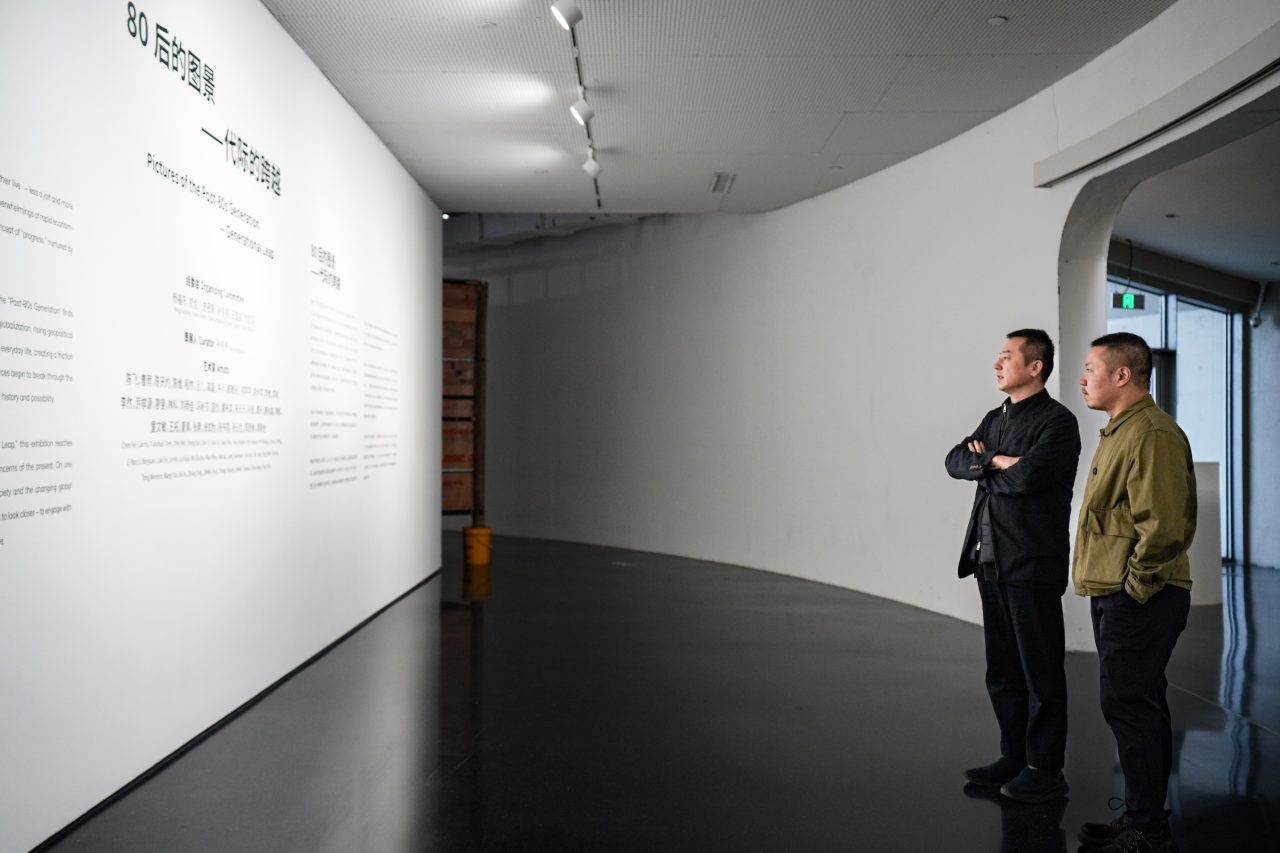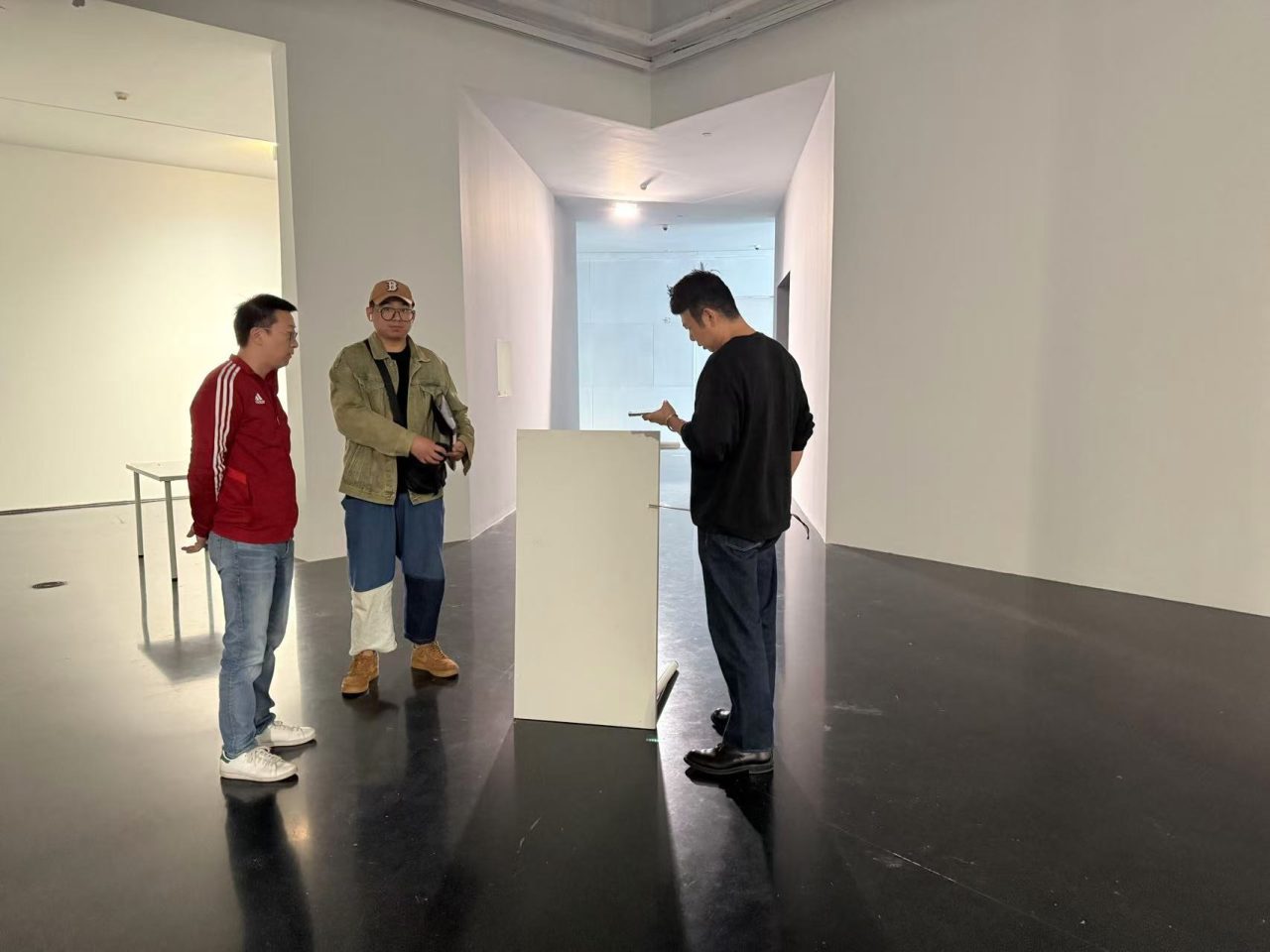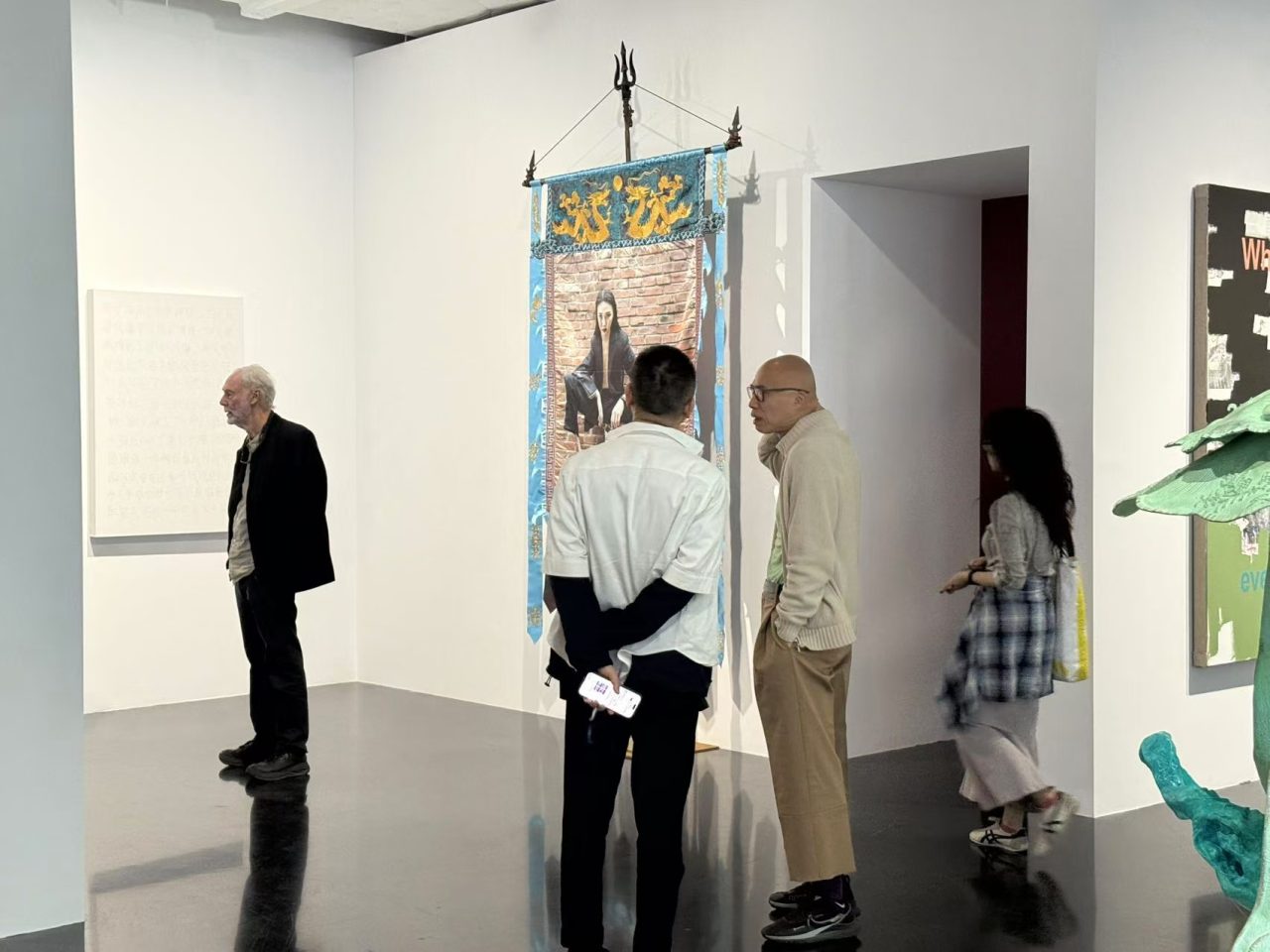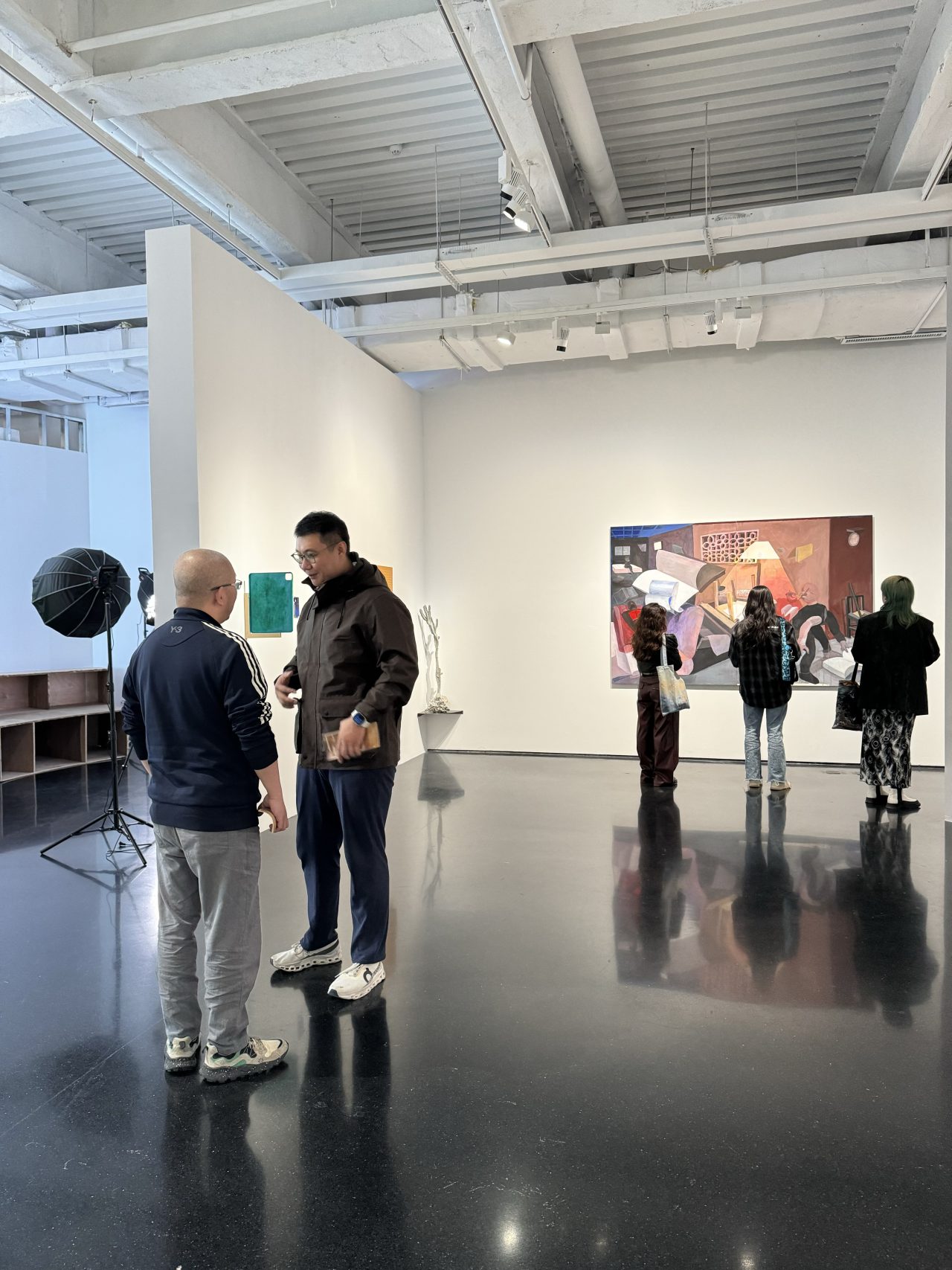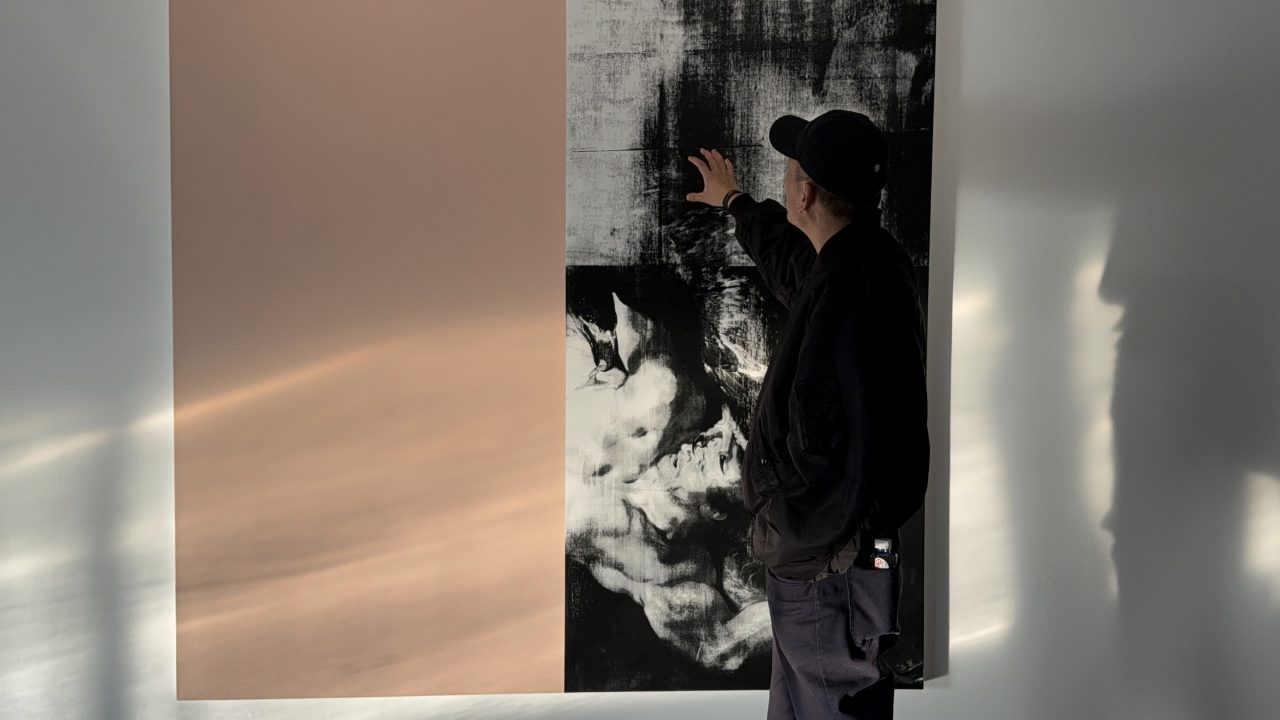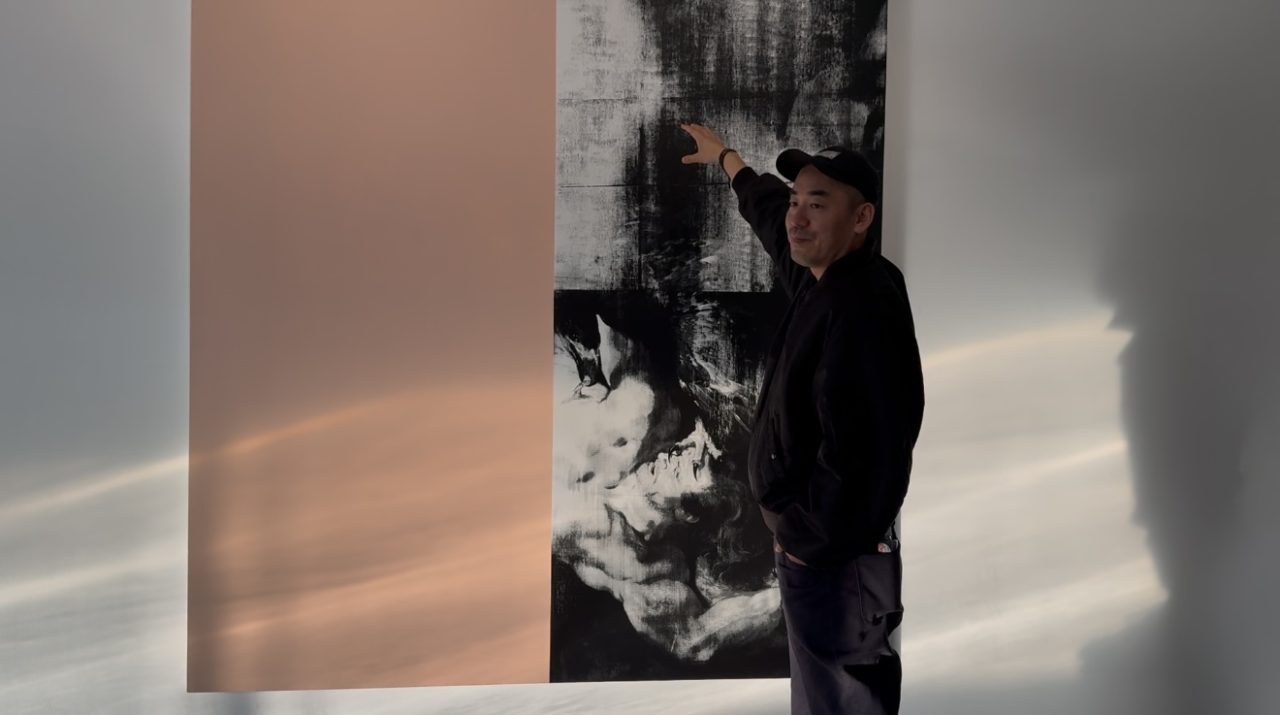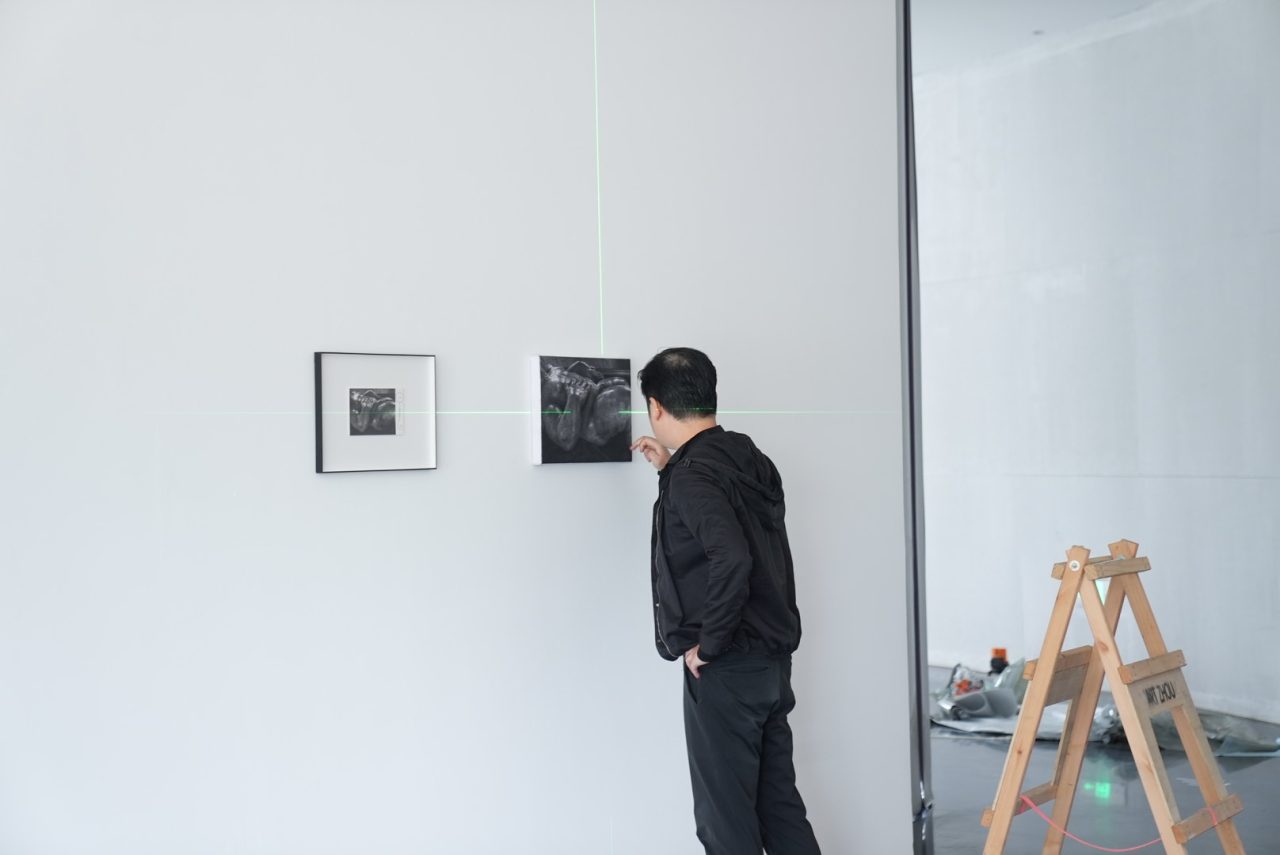ABOUT THE EXHIBITION
Press Kit
This group exhibition features 35 distinguished contemporary artists born in the 1980s who live and work in China. As the first generation growing up during China’s rapid economic growth, the “Post-80s Generation” is also shaped by dreams and realities of globalization.
The exhibition “Pictures of the Post-80s Generation — Generational Leap” speaks directly to the urgent concerns of the present. On one hand, it reflects the resonance between contemporary Chinese society and the changing global scene. On the other, beneath its intricate layers of narrative, it invites us to look closer — to engage with the tensions of our time and rekindle the courage to imagine the future.
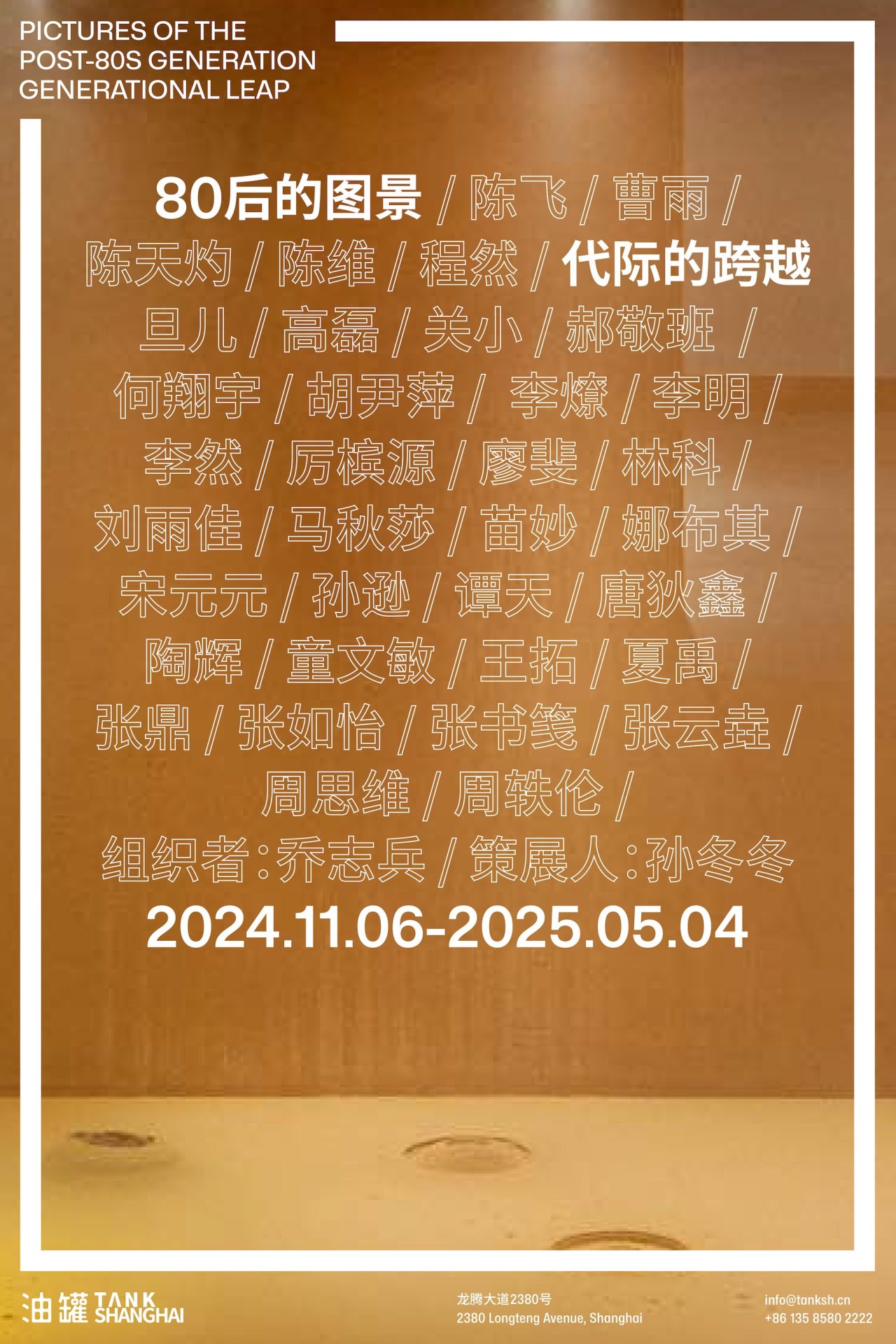
ABOUT THE COMMITTEE
Qiao Zhibing
Director of the Shanghai Tank Art Centre
Sun Dongdong
Sun Dongdong, born in Nanjing in 1977, is dedicated to critical writing and exhibition curation within the field of Chinese contemporary art. His primary focus lies in the development of Chinese contemporary art and new media art in the ‘post-Olympic era,’ alongside the systematic construction of Chinese contemporary art. He has curated exhibitions for institutions including the Ullens Centre for Contemporary Art, the Mingdong Art Museum, Chengdu A4 Art Museum, Shunde He Art Museum, and ‘Art Changsha’. He also served as assistant curator for the Chinese Pavilion at the 59th Venice Biennale. He currently works and resides in Beijing.
Yang Fudong
Yang Fudong, born in Beijing in 1971, graduated from the Oil Painting Department of the China Academy of Art and stands as one of China’s most significant contemporary artists. Since the early 1990s, Yang has been engaged in the creation of video artworks. Whether through photography, painting, film, or installation, his practice forms a unique cultural visual interpretation through multiple cultural perspectives and interwoven temporal and spatial experiences.
Yang has exhibited his highly personal cinematic and video installations at numerous global museums and major art institutions, including: Tate Liverpool (2007); Tate Modern, London (2004); Centre Pompidou, Paris (2003). He has also participated in the 12th Lyon Biennale (2013); 11th Sharjah Biennial (2013); the 17th Sydney Biennale (2010); the 52nd Venice Biennale (2007); the 5th Asia Pacific Triennial of Contemporary Art (2006); the Liverpool Biennial (2004); the 50th Venice Biennale (2003); the 11th Documenta in Kassel (2002); The 4th Shanghai Biennale (2002); The 7th Istanbul Biennial (2001); among others.
Concurrently, solo exhibitions have been held at internationally renowned art institutions and galleries, including Yang Fudong’s solo exhibition featuring the M+ Curtain Wall Commission film ‘The Magpie’, M+ Museum, Hong Kong (2024); ‘On the Northern Mountain’, Art Basel, Switzerland (2023); Infinite Peaks‘, ShanghART Gallery, Shanghai (2020); ’Tomorrow’s Morning Audience‘, Long Museum (West Bund), Shanghai (2018); ’Moving Mountains”, Shanghai Photography Art Centre, Shanghai (2016); South Cart, North Track: Yang Fudong Exhibition‘, Yuz Museum, Shanghai (2015); ’I Feel the Light‘, SALT Outdoor Video Installation, Sandefjord, Norway (2014); ’ Yang Fudong: Strange Paradise, Museum of Art Zurich, Switzerland (2013); ‘Taking Things Out of Context’, Yang Fudong Solo Exhibition, OCT Contemporary Art Centre, Shanghai (2012); ‘Half of August’, Yang Fudong Solo Exhibition, PARASOL UNIT Contemporary Art Centre, London, UK (2011); ” Yang Fudong: The Seven Sages of the Bamboo Grove, Museum of Contemporary Art, Athens, Greece (2010); (2010); ‘The Mist of Departure’, Yang Fudong Solo Exhibition, Zendai Museum of Modern Art, Shanghai (2009); ‘Yang Fudong: The General’s Smile’, Genkan Gallery, Tokyo, Japan (2008); Don’t Worry, Tomorrow Will Be Fine, Fondazione La Triennale di Milano, Villa d’Este, Turin, Italy (2005); ‘Five Films’, Renaissance Society, Chicago, USA (2004), among others.
Karen Smith
Since settling in China in 1992, Karen Smith has dedicated herself to the study of contemporary Chinese art. She embarked on her career as an independent practitioner before being formally appointed Executive Director of OCAT Xi’an in 2012. In 2021, she joined the Deying Foundation to lead its academic initiatives, and currently oversees the Deying Curatorial Fellowship Programme launched in spring 2022.
Karen has curated numerous group and solo exhibitions both domestically and internationally, including: ‘Who Is He? – A Retrospective of Geng Jianyi’s Work’, PSA, Shanghai (2022) and Beijing, UCCA (2023); ‘Concerning the Expression of Materials’, OCAT Xi’an, Xi’an (2022); ” One Light, Many Shadows: Xia Yongkang‘, Kyoto International Photography Festival, Kyoto (2020); ’Me and You: Eric Soth‘, Shanghai Photography Art Centre, Shanghai (2020); ’Beyond Ink: A Collection of Chinese Artists’ Works‘, Pera Museum, Istanbul (2019); ’ Photographic Journeys: Ten Visions of Heaven and Earth‘, Shanghai Photography Art Centre, Shanghai (2018); ’Beyond Pop‘, co-curated with Jeffrey Deitch, Yuz Museum, Shanghai (2016); ’From Grain to Pixel: Photography in China‘, Shanghai Photography Art Centre, Shanghai / Monash Museum of Art, Melbourne (2015/2016); ’ Tihhu: A Dual Exhibition by Duan Jianyu and Hu Xiaoyuan‘, Shanghai Bund Art Museum (2013); and co-curated with Simon Grum and Xu Zhen, ’Real Stuff: Contemporary Art from China”, Tate Liverpool (2007).
Additionally, Karen maintains an ongoing writing practice, producing monographs on contemporary art and artists, as well as exhibition catalogues. As a significant author on the discourse surrounding Chinese contemporary art, her key publications include Nine Lives: The Birth of New Chinese Avant-Garde Art (2008, Timezone8) and the three-volume Luminescent: Witnessing the Chinese Contemporary Art Scene (2011/2013/2015, Houlang Publishing House/Ullens Centre for Contemporary Art).
Wang Yiquan
Wang Yiqian, born in Beijing in 1987, has lived and worked in Shanghai since 2014. He is an artist and curator active within China’s contemporary art scene, as well as a founding partner of the design practice Lively Space. His recent research and creative focus centres on: generational phenomena and artistic practices among post-1980s artists; factories and craftsmanship during the transition from planned to market economies; and China’s rapid urbanisation.
As an artist, Wang Yiqian’s practice can be seen as an ongoing challenge to exhibition formats. He integrates multiple media within performative settings, creating participatory live events and narrative-driven spatial configurations to offer personal commentary on social and cultural issues. His works have featured in exhibitions and art projects organised by various institutions, including: Six Factory Textile Culture and Art Museum (2022, Hong Kong), Ming Contemporary Art Museum (2020, Shanghai), Kumamoto City Museum of Modern Art (2018, Kumamoto, Japan), Beijing International Design Week (2017, 2016, Beijing), Museum of Contemporary Art Shanghai (2016, Shanghai), chiK11 Art Gallery (2016, Shanghai), Central Academy of Fine Arts Museum (2015, Beijing), Shanghai Museum of Contemporary Art (2015, Shanghai), and Morning Art Space (2013, Shanghai).
Curating exhibitions and organising artistic events form a vital component of Wang Yi-Chuan’s practice. He regards curation as an act of creation, operating under the core concept of ‘curating everything’ to produce diverse cultural projects over the years. His recent curatorial projects include: Food Hyperlinks (2024, Jishi Light · Art Ecology Corridor, Longyou County, Zhejiang Province), Untitled (2023, China Shanghai International Arts Festival, Shanghai), Chen Cuimei: Just Because You Pressed the Shutter? (2023, Rencontres d’Arles, Arles, France), I (2022, SNAP Art Centre, Shanghai), and Urban Curiosities (2021, Minsheng Art Museum and Sun Ke Villa, Shanghai).
ABOUT THE CURATOR
Sun Dongdong
Born in 1977 in Nanjing, Sun Dongdong has long been dedicated to the critical writing and curatorial practice of Chinese contemporary art. His focus lies in the evolution of Chinese contemporary art and new media in the “post-Olympic era,” as well as the systemic structuring of Chinese contemporary art landscape. Sun has curated exhibitions for many China’s leading institutions, including the UCCA Center for Contemporary Art (Formally known as the Ullens Center for Contemporary Art), Guangdong Times Museum, A4 Art Museum, He Museum, as well as the influential Art Changsha project. He also served as the assistant curator for the China Pavilion at the 59th Venice Biennale. Sun Dongdong currently lives and works in Beijing.
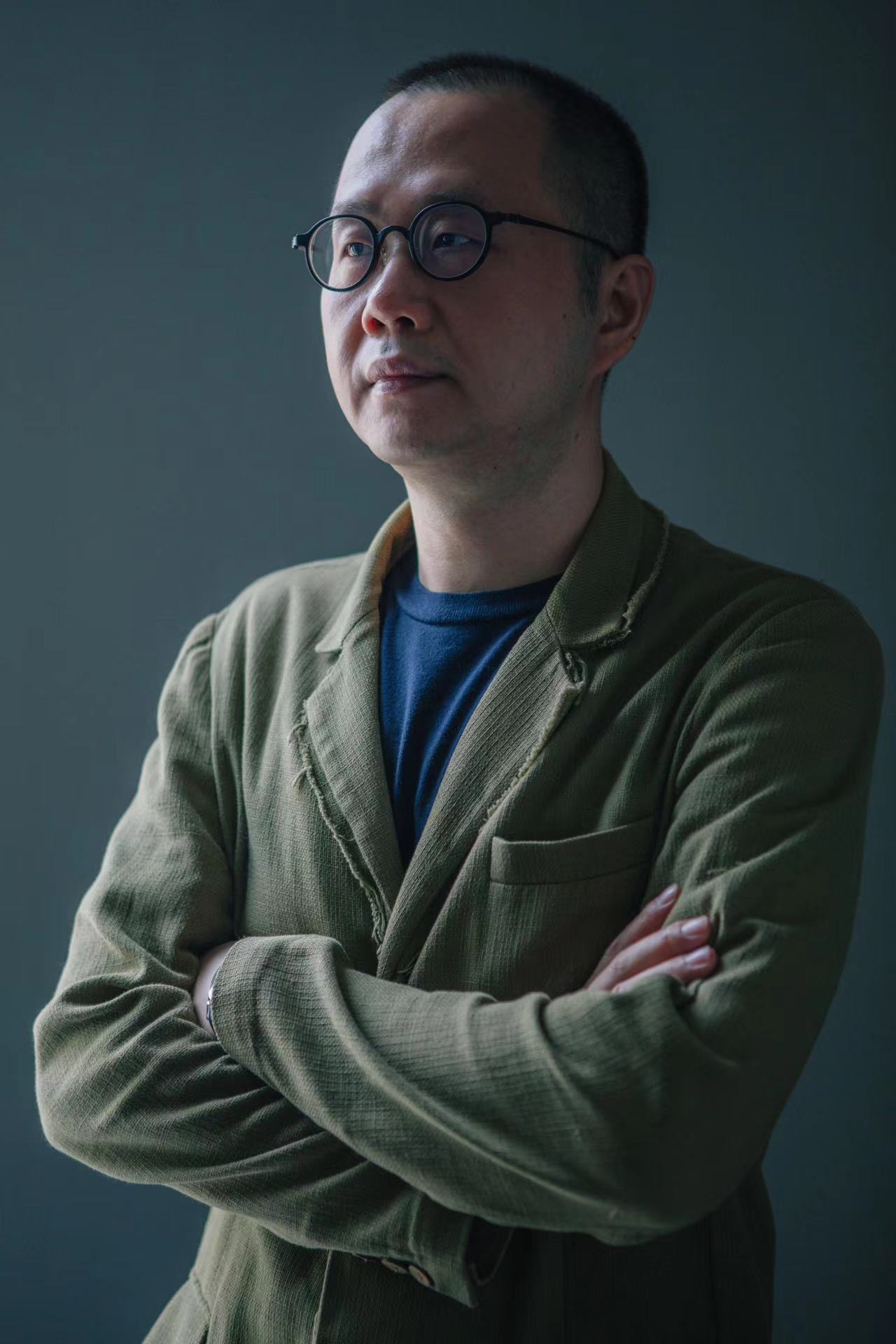
ABOUT THE ARTIST
Chen Fei
Chen Fei,Born in Hongdong, Shanxi in 1983. Graduated from Beijing Film Academy. Working and living in Beijing,Works have been exhibited in different museums and institutions such as Centre Pompidou ,National Art Museum of China,Shanghai West Bund Art Museum, Denmark Aarhus Art Museum, Beijing Central Academy of Fine Arts Art Museum, Beijing Minsheng Art Museum, Chengdu A4 Art Museum, Suzhou Jinji Lake Art Museum, Berlin Me Art Museum, Shenzhen He Xiangning Art Museum, Nanjing Golden Eagle Museum of Art, Tokyo University of the Arts Chinretsukan Gallery, Beijing UCCA Center for Contemporary Art, Shunde He Art Museum, etc. His works have joined the collection of Los Angeles County Museum of Art, Hong Kong M+ Museum, Shanghai Yuz Museum, Shanghai Long Museum, Shanghai Aurora Museum, Beijing New Century Contemporary Art Foundation, Shanghai Tank Art Center and other important institutions. He also held solo exhibitions in Shanghai Yuz Museum of Art, Downhill Art Museum in Japan, Beijing Today Art Museum, Gallery Perrotin New York, Paris, Hong Kong, and Galerie Urs Meile Beijing, Lucerne. In 2012, he won the Martell “Focus on Future Artistic Talent Award” and in 2007, he won the China Emerging Painting Award.
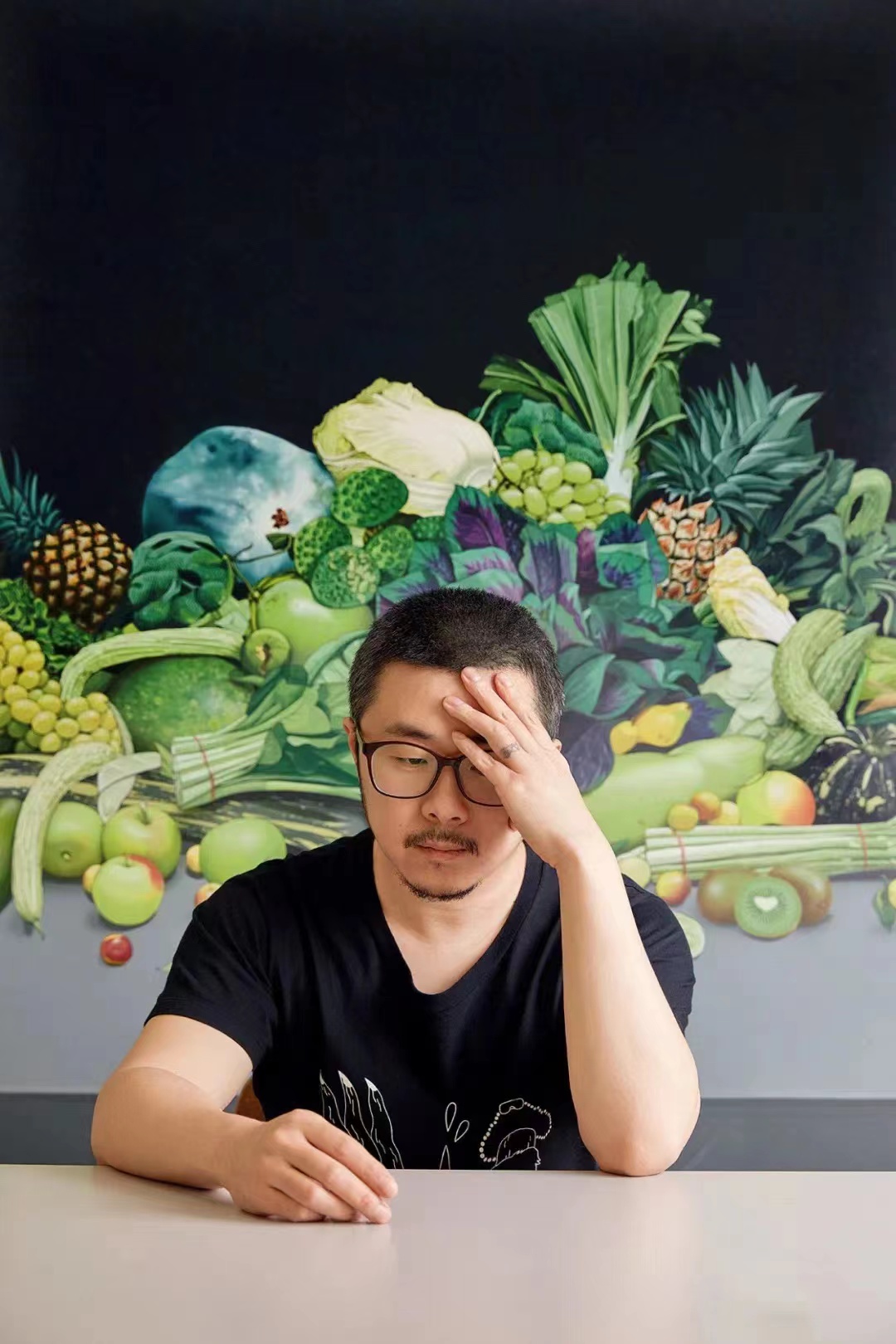
Cao Yu
CAO YU’s (b.1988, Liaoning. BFA & MA, Sculpture, Central Academy of Fine Arts, Beijing, China) work span a diverse range of media that include video, installation , performance, photography, sculpture and painting. With her distinctive interdisciplinary practice, sharp and bold artistic language, she has become the leading figure of Chinese new generation female artists, one of the most influential young artists in China.
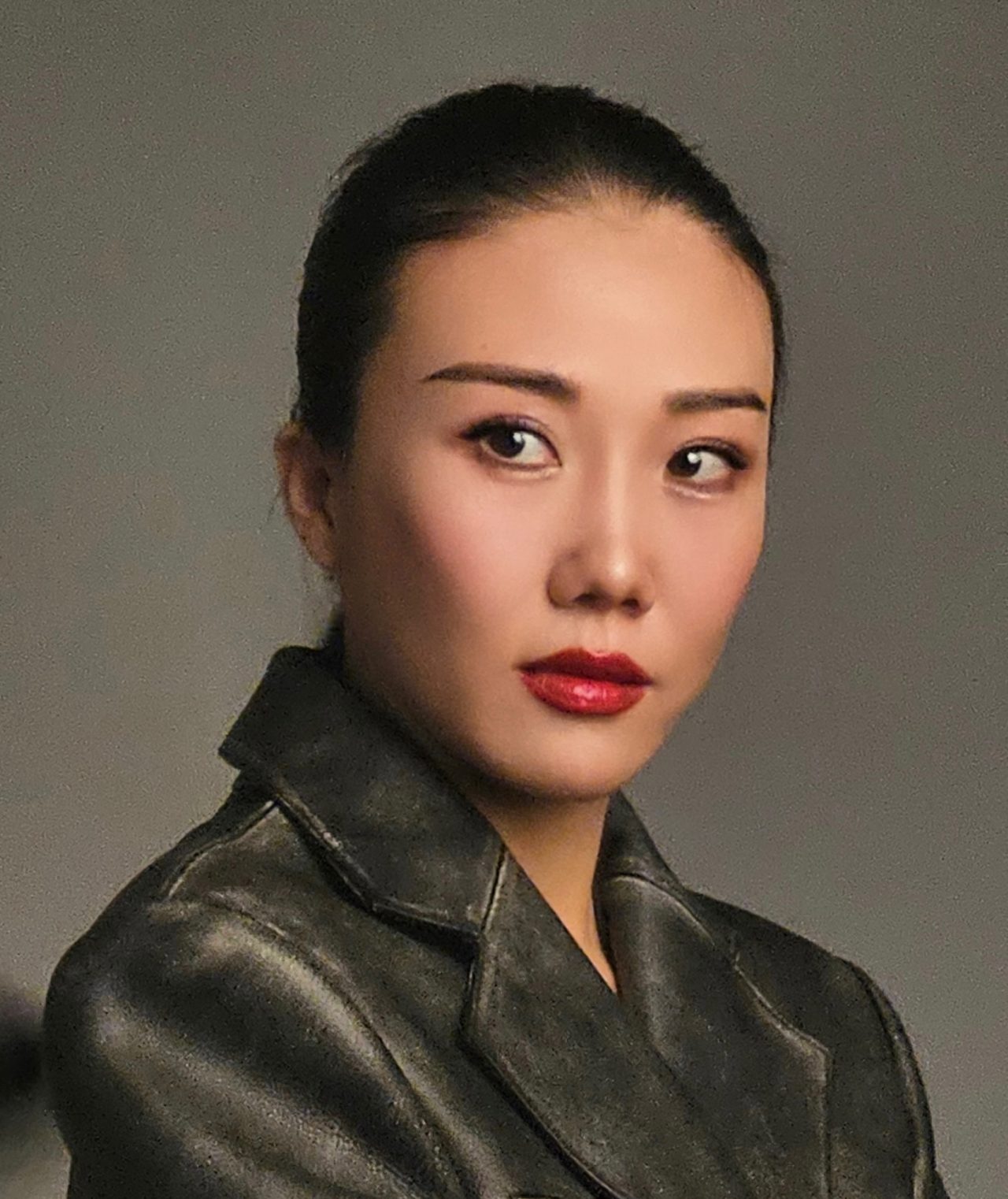
陈天灼
Chen Tianzhuo, born in 1985, graduated with a Bachelor’s degree from Central Saint Martins College of Art and Design in London, UK, before pursuing a Master of Arts degree at Chelsea College of Art and Design, also in London.
Chen Tianzhuo’s assertive artistic purpose enables him to freely select and employ diverse communication media. Beyond sculpture, installation, painting, and video, he adeptly navigates and synthesises elements from popular culture—including fashion, music, parties, and performance—to create multifaceted works.Translated with DeepL.com (free version)

Chen Wei
Chen Wei, born in 1980 in Zhejiang, currently lives and works in Beijing.
His artistic practice began in Hangzhou, initially focused on experimental music and sound art creation and performance, before shifting towards video and installation work. As a mid-career artist active on today’s international art scene, Chen Wei’s videos are widely recognised for their conceptual filming, meticulous stage production, and theatrical construction. Through a unique dimension straddling reality and fiction, the world and dreams, he reveals the intricate realities and psychological states of contemporary society. In recent years, his practice has increasingly extended into exhibition spaces, where he continually employs multiple media—including video, sound, and installation—to reshape the possibilities of narrative imagery through a process of revisiting situations.
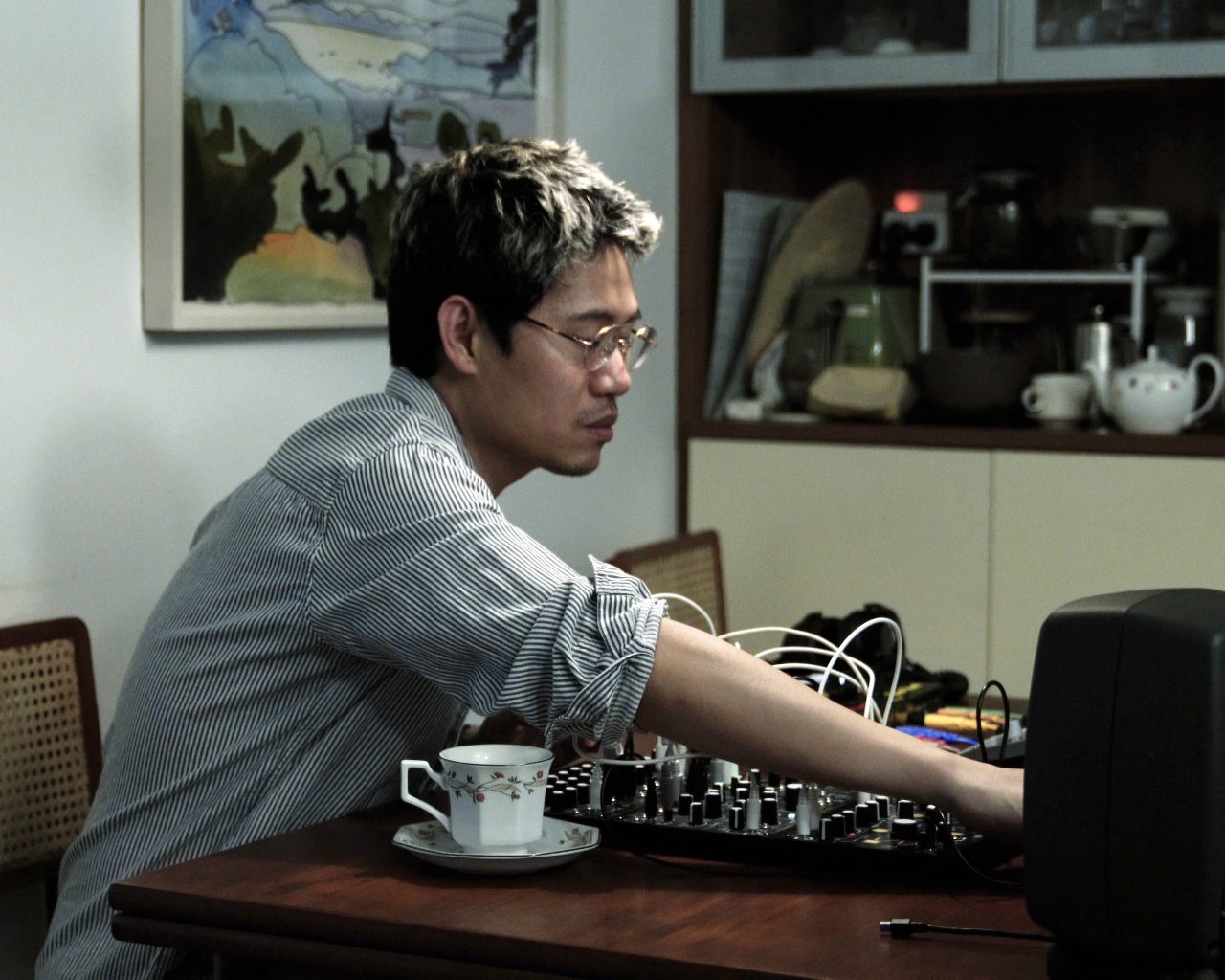
Chen Ran
Cheng Ran, born in Inner Mongolia in 1981, currently resides and works in Hangzhou.
He undertook a residency at the Rijksakademie van Beeldende Kunsten in the Netherlands from 2013 to 2014, and founded the Martin Goya Business artist space in 2017.
As a representative of China’s new generation of video and cross-media artists, Cheng Ran experiments with diverse art forms including film, poetry, theatre, fiction, and installation. His work reflects the inner existential state of China’s youth under the impact of political and cultural globalisation. Rather than focusing on so-called identity issues, he increasingly discovers new value within multiculturalism. While the artist’s personal judgement appears concealed, this very approach embodies his creative autonomy.
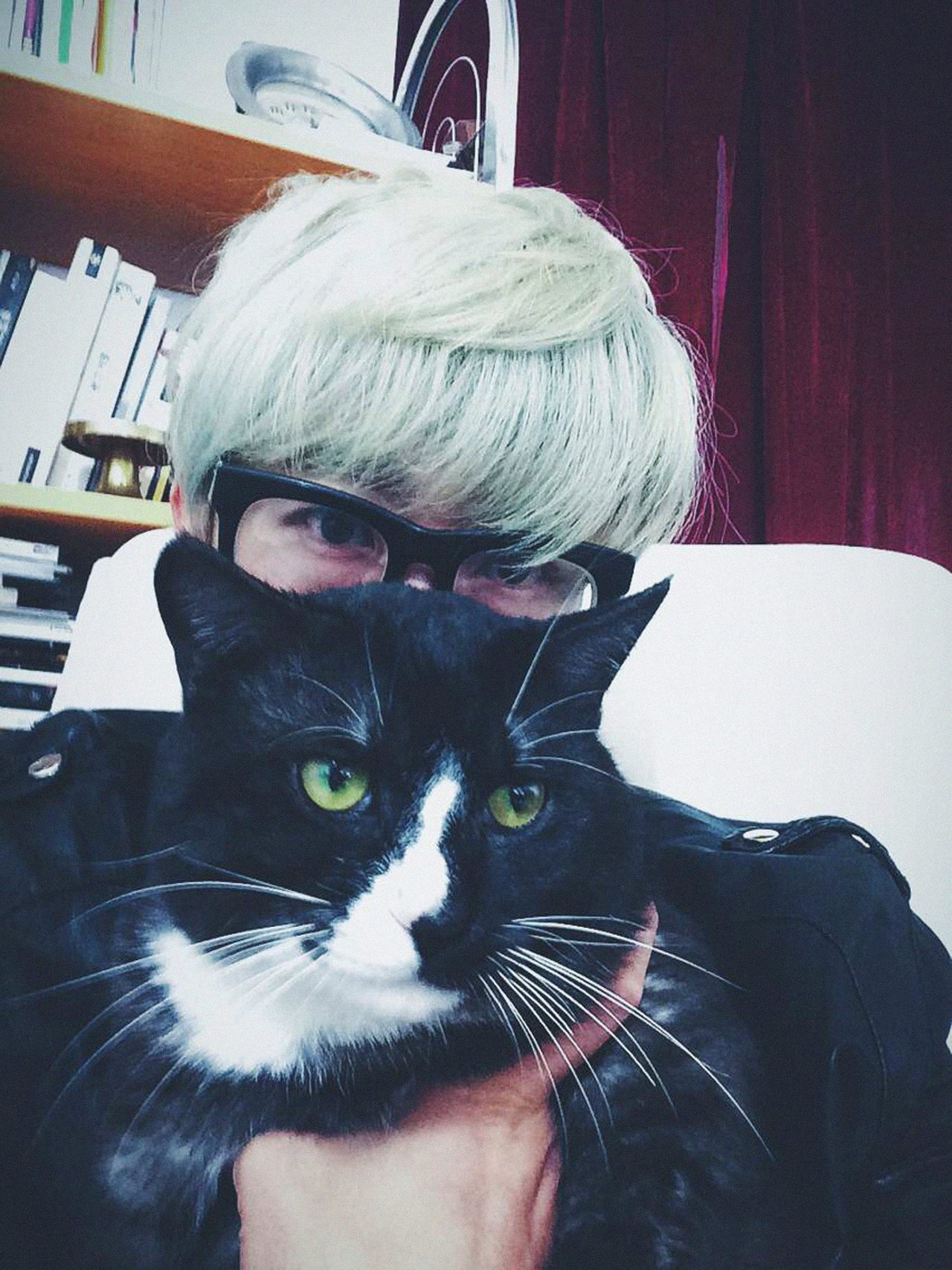
Dan Er
Dan Er born in Shanbei province in 1983, now she lives and works in Hebei.
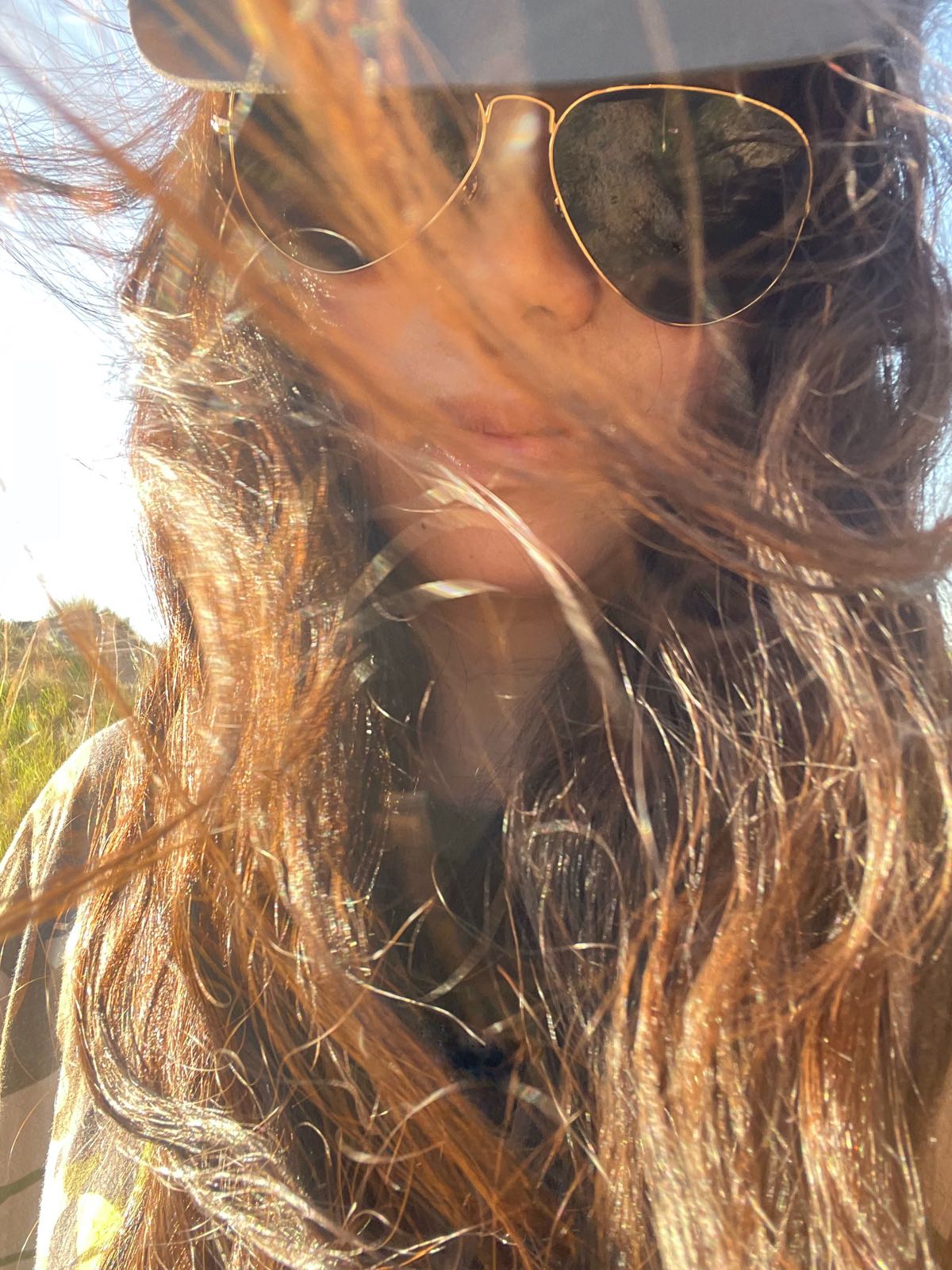
Gao Lei
Gao Lei’s artistic practice encompasses diverse media including installation, sculpture, photography and painting. His creations frequently employ everyday objects and “standardised” industrial products as found elements. Through processes of synthesis or disciplined abstraction, these works undergo transformation—their functions, attributes and meanings altered or augmented through obfuscation and reconfiguration. Thus they become measuring rods and models for gauging the interplay between bodily experience, power dynamics, consumerism and religious discourse. Through precise material testing and the vectorisation of graphics, the works—alongside their subjects and the questions they pose—constantly oscillate between spatial and conceptual dimensions. This enables viewers to re-examine and measure the inherent boundaries between ourselves and the world using standards beyond mere experience.
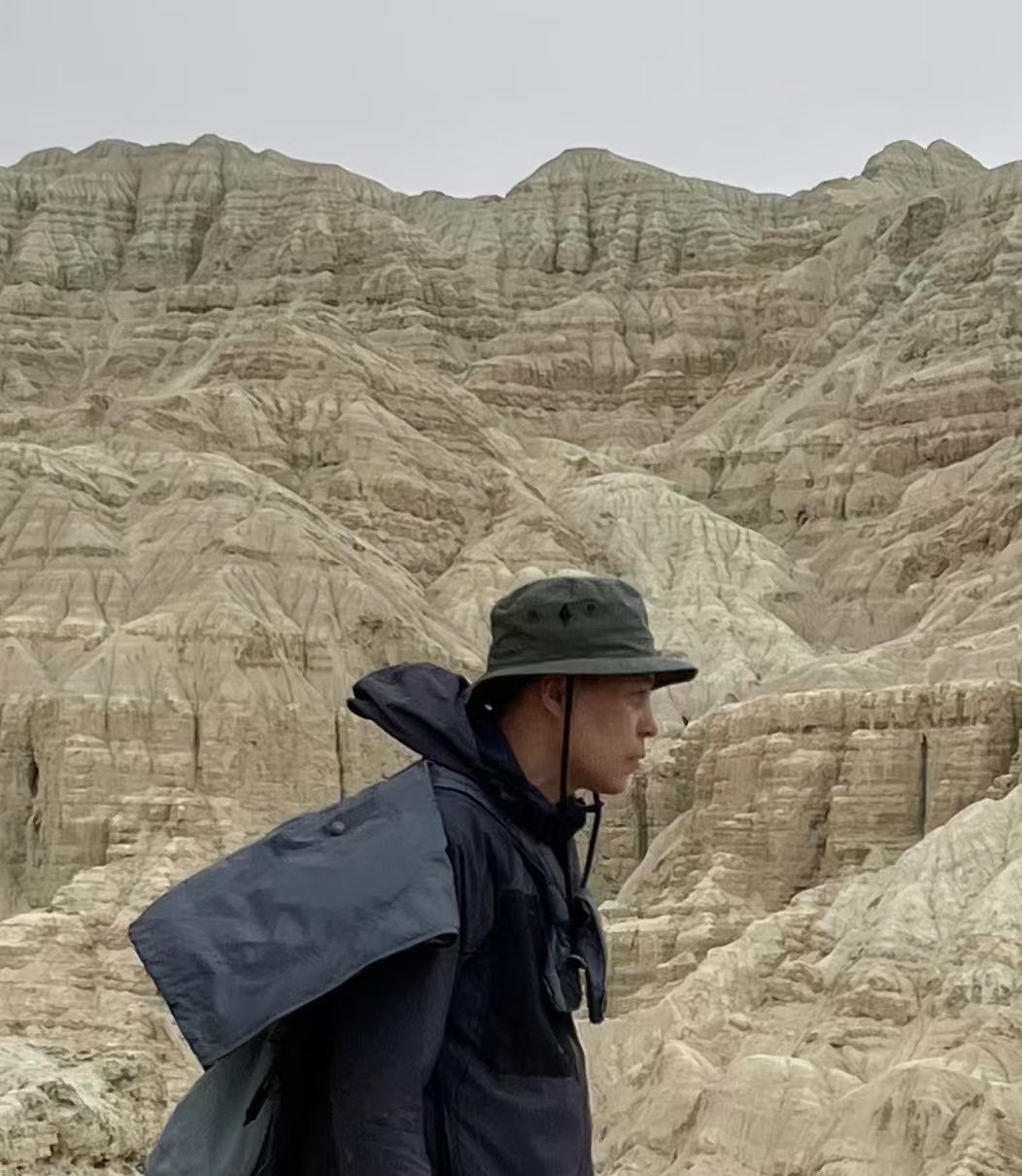
Guan Xiao
Guan Xiao (b. 1983) currently works and resides in Beijing. Her practice encompasses diverse media including sculpture, video, and installation. Employing a highly collage-like approach, she weaves together themes of identity, history, regional culture, and the minutiae of daily life through a literary lens, forging a visual language that transcends historical and cultural boundaries. Guan Xiao’s material combinations are both prescient and captivating. By creating contradictions in texture and culture, she underscores the significance of difference, offering unforgettable imaginings of our impending, chaotic future.

Hao Jingban
Hao Jingban (born 1985 in Shanxi Province, China) explores the historical distance between contemporary audiences and a bygone era through film and video. Her research-based practice involves historical investigations, archival gathering, fieldwork, personal interviews, and site-specific performances. Her works unravel the intertwined relationships between individual narratives and collective history, presented in the form of observational documentaries. From ballroom dancing in Beijing before and after the Cultural Revolution to 1930s Northeast China cinema, the artist weaves together complex historical narratives, social movements, and cultural commentary to confront the contradictions and silences of bygone eras.
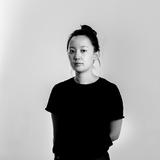
He Xiangyu
He Xiangyu, born in 1986 in Kuandian County, Dandong City, Liaoning Province, graduated from the Oil Painting Department of Shenyang Normal University in 2008. He is an artist and film director who lives and works in Berlin.
As part of an artist cohort that has witnessed China’s profound transformations in society, economy and international relations, He Xiangyu’s practice emerges from his distinctive cultural experience. He navigates painting, sculpture, installation, video and publishing, employing expansive temporal and spatial scales to reflect upon and resonate with macro-level geopolitical and historical upheavals, alongside their micro-level manifestations in individual destinies.
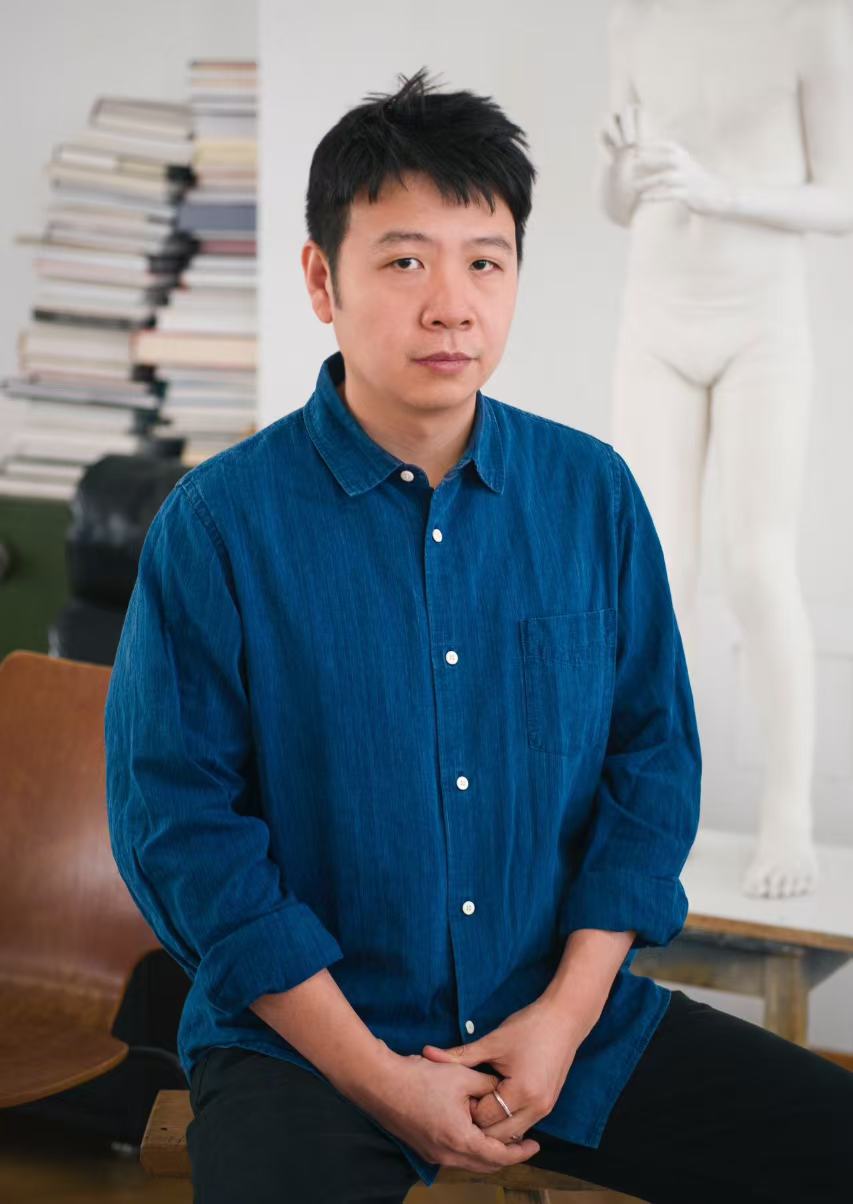
Hu Yinping
Hu Yinping, born in Sichuan in 1983, currently resides and works in Beijing. Having graduated with a Master’s degree from the Sculpture Department of the Central Academy of Fine Arts, Hu does not confine herself to the materiality inherent in sculpture itself. Instead, she increasingly allows the surrounding environment and chance encounters to become the fertile ground for her work. Hu defines her creative practice as existing in a state between ‘event’ and ‘artwork’, signifying a profound connection between her artistic endeavours and real life. Hu labels many of her works as “events”, typically lasting for a specific period or indefinitely. This approach traces back to three art collectives she initiated after completing her master’s degree.
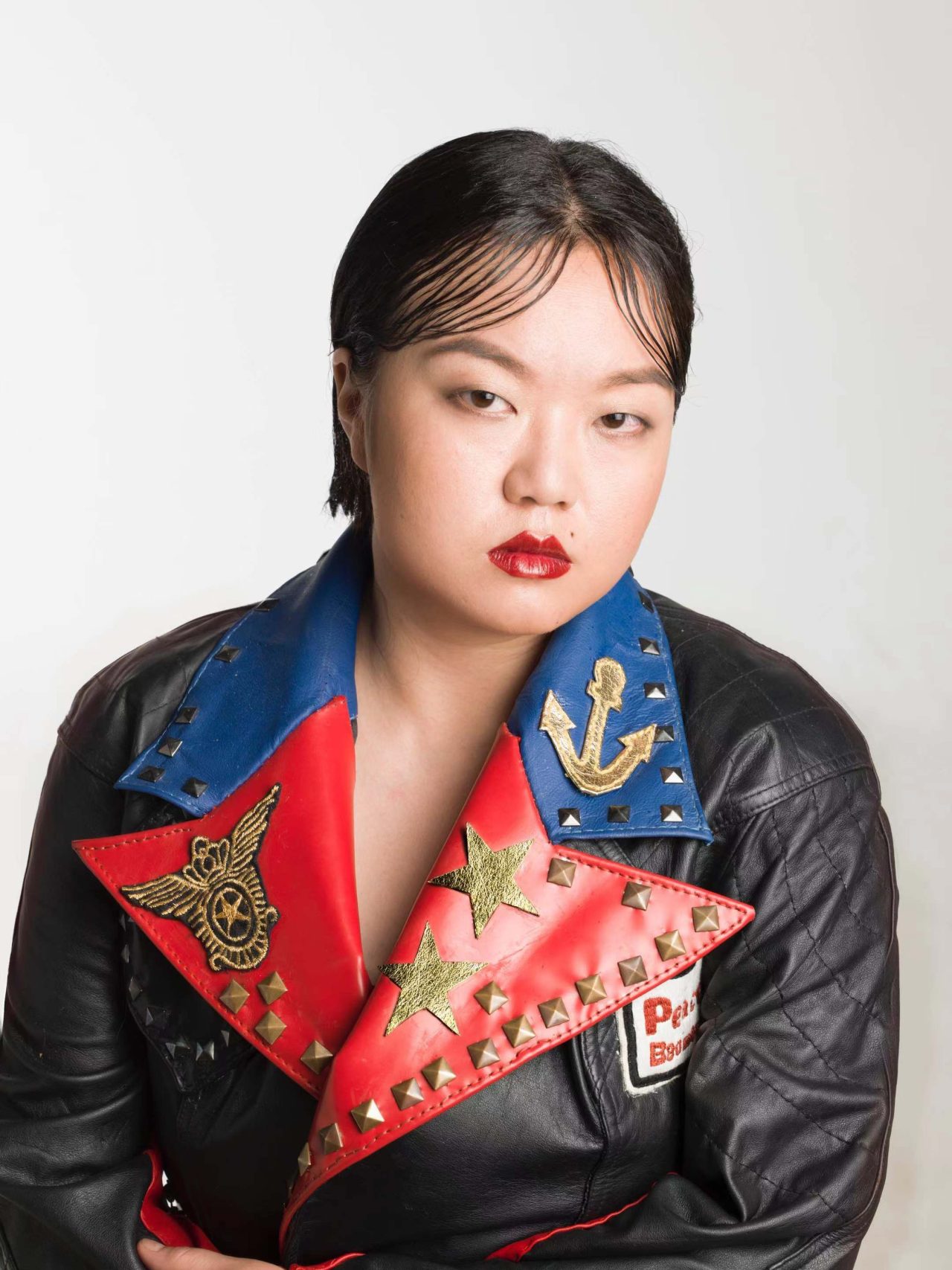
Li Liao
Li Liao, born in 1982 in Honghu, Hubei. Graduated from the Oil Painting Department of Hubei Institute of Fine Arts in 2005. Li Liao’s artistic practice remains intimately connected to daily life. He consistently pursues engagement with social realities, translating ‘social intervention’ into tangible actions within micro-social systems and specific contexts. He actively disrupts or deliberately subverts established norms and conventions, provoking experiential re-evaluation. Li Liao currently lives and works in Shenzhen.
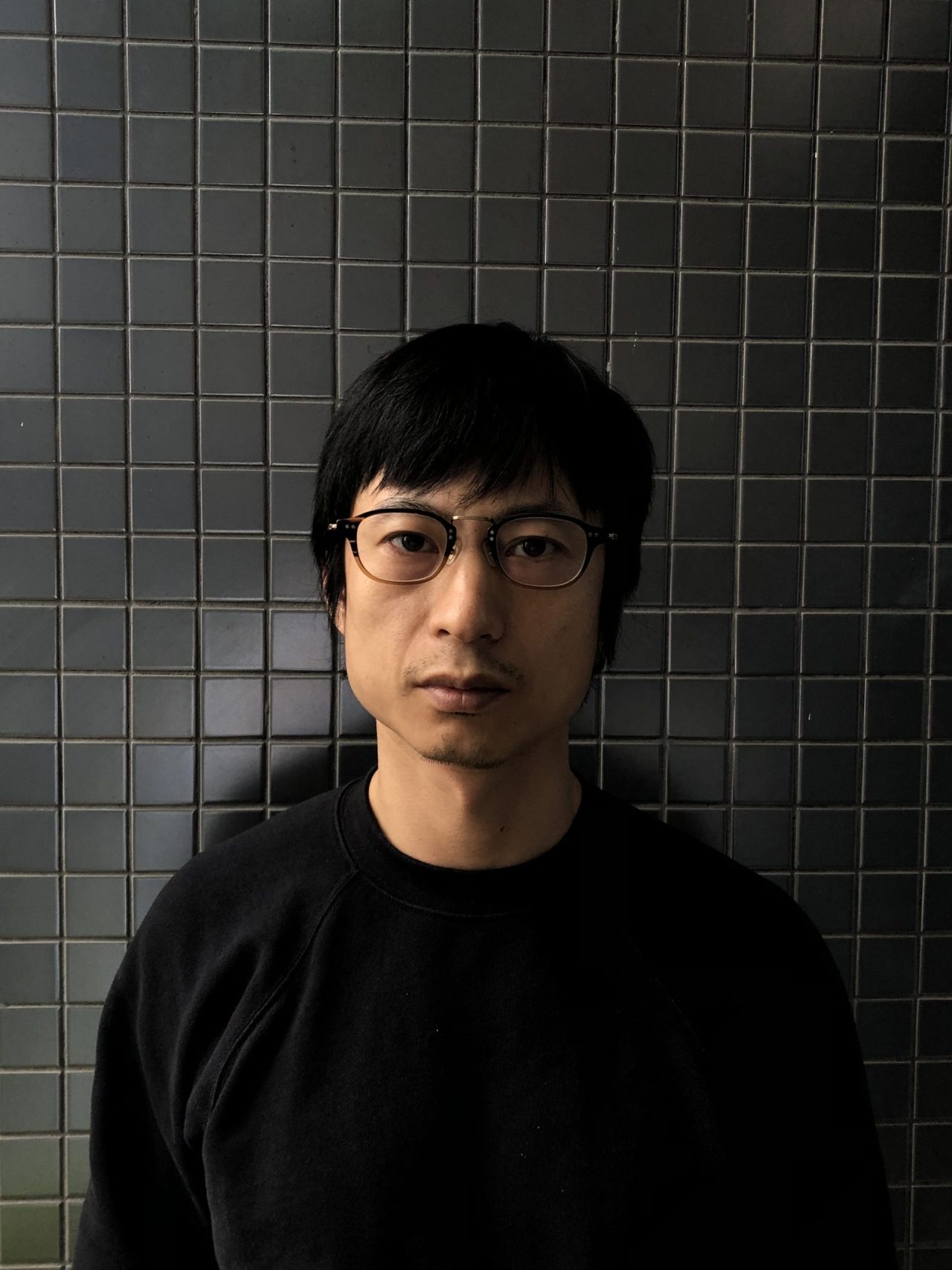
Li Ming
Li Ming, born in 1987 in Shijiazhuang, Hebei, currently resides and works in Beijing. He graduated with a Bachelor of Fine Arts in Oil Painting from Hubei Institute of Fine Arts in 2011 and obtained his Master of Fine Arts from the same institution’s postgraduate programme in 2014. A versatile artist, Li Ming primarily engages in painting while demonstrating exceptional talent across multiple disciplines.
His accolades include the Luo Zhongli Scholarship, Changxin Art Scholarship, Tanhualin Road Art Award, Beicun Art Award, Phoenix Art Award, Dean’s Nomination Art Award, and recognition at the Hubei Provincial Higher Education Art and Design Exhibition. Numerous works have been acquired by public art galleries and cultural institutions.
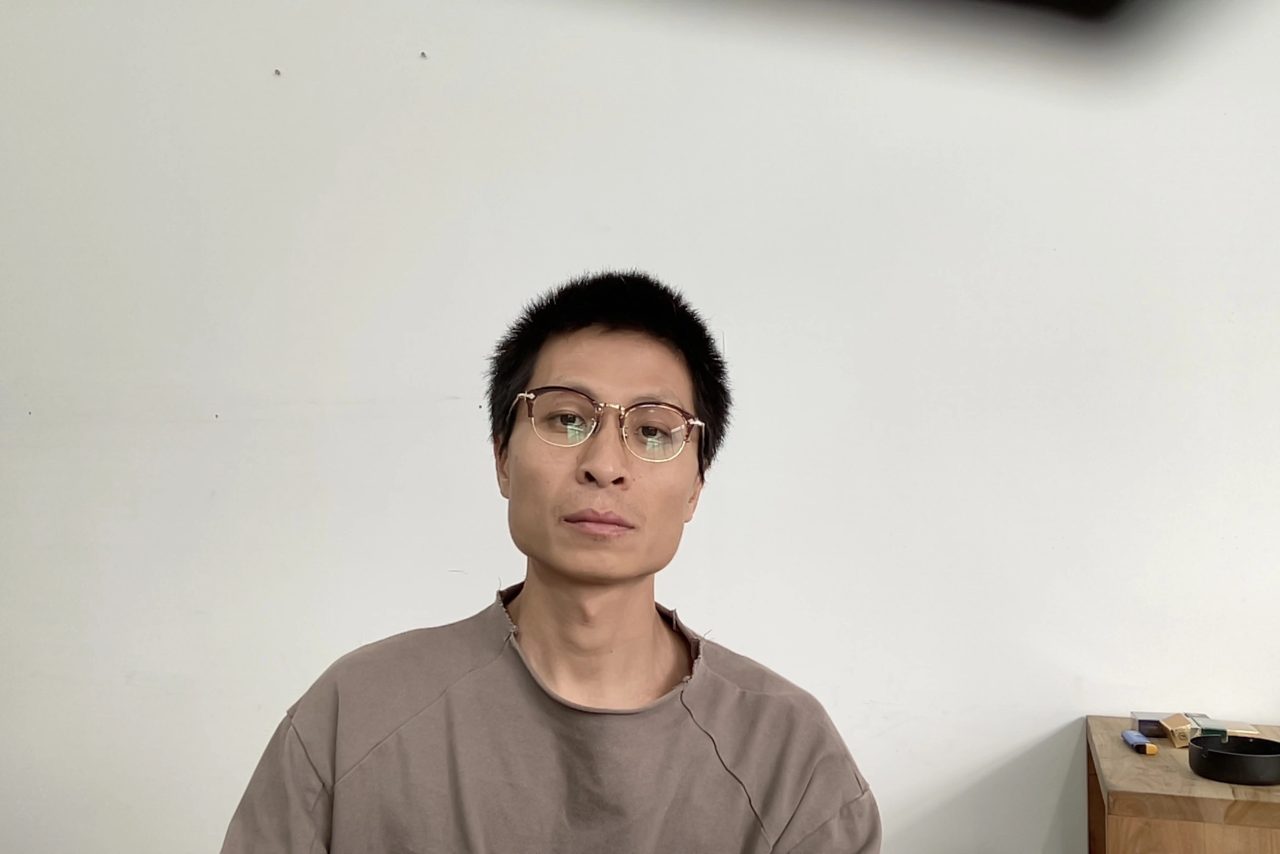
Li Ran
Born in Hubei in 1986, he relocated from Beijing to Shanghai in 2018. His practice spans multiple mediums including video, performance, painting, installation and writing. In recent years, he has embarked on an exploration of theatrical drama, stage design and make-up, dubbed film production, and the construction of antagonistic characters in espionage films since the 1950s in China. The artist frequently employs photographic archival material, staged character scenes, and voice-over monologues for his visual narratives. Concurrently, he expands these written explorations into more intricate and personalised temporal-spatial dimensions through painting, sound, and installation works.
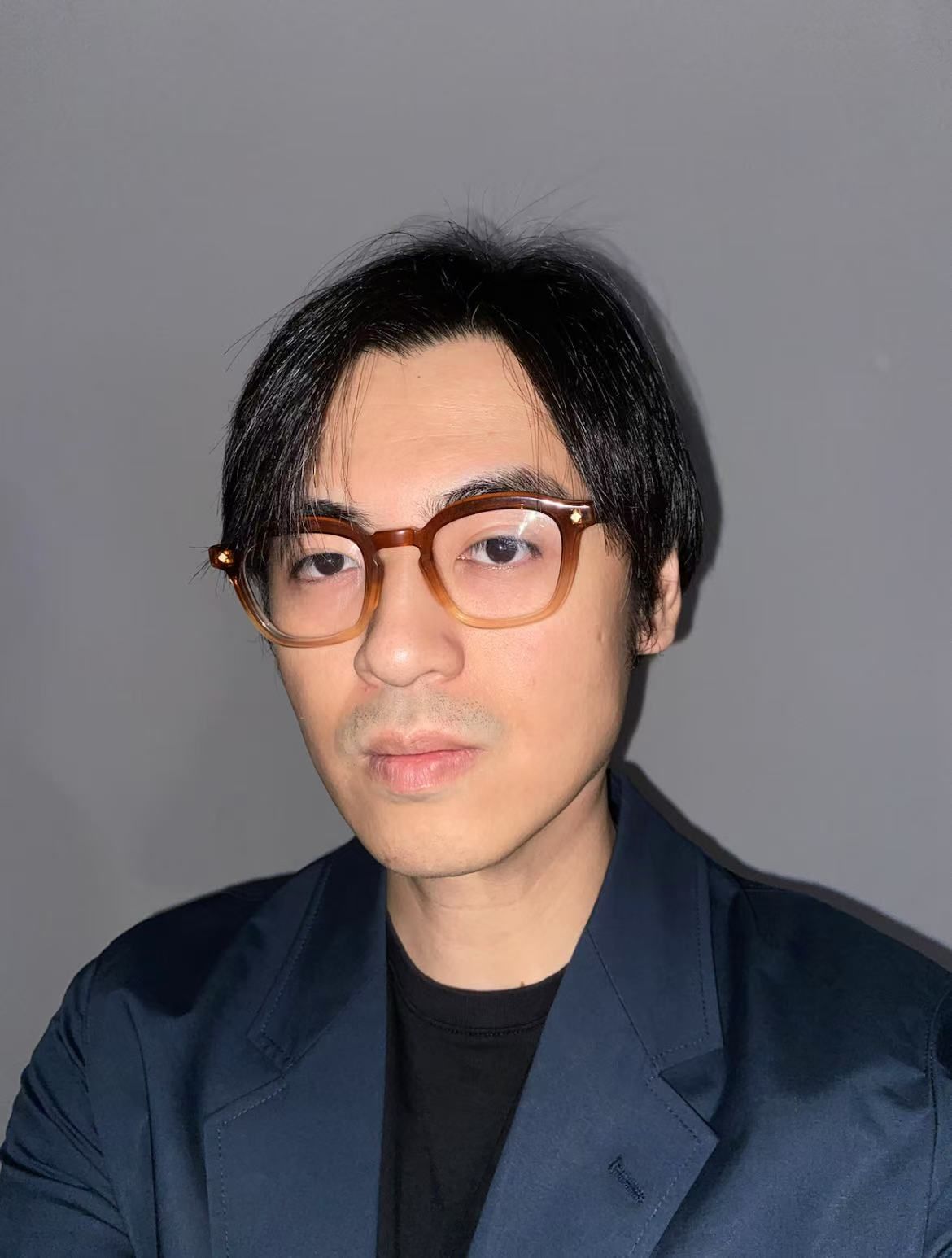
Li Binyuan
Born in Yongzhou, Hunan in 1985, Li Binyuan graduated from the Sculpture Department of the Central Academy of Fine Arts in 2011. He currently works and resides in Berlin and Yongzhou. Through extensive physical practice, Li has expanded the engagement and visibility of contemporary art within Chinese society. Simultaneously, through extensive trial-and-error experimentation, he has recognised the uniqueness of his own paradigm and the pathways for paradigm shifts. His artistic practice is motivated by understanding the spatial and material environments he inhabits through bodily interaction, thereby questioning and transcending the norms and ideologies imposed upon our surroundings. As he states: the body is not only inseparable from its surroundings but also ‘the primary stage upon which events unfold’.
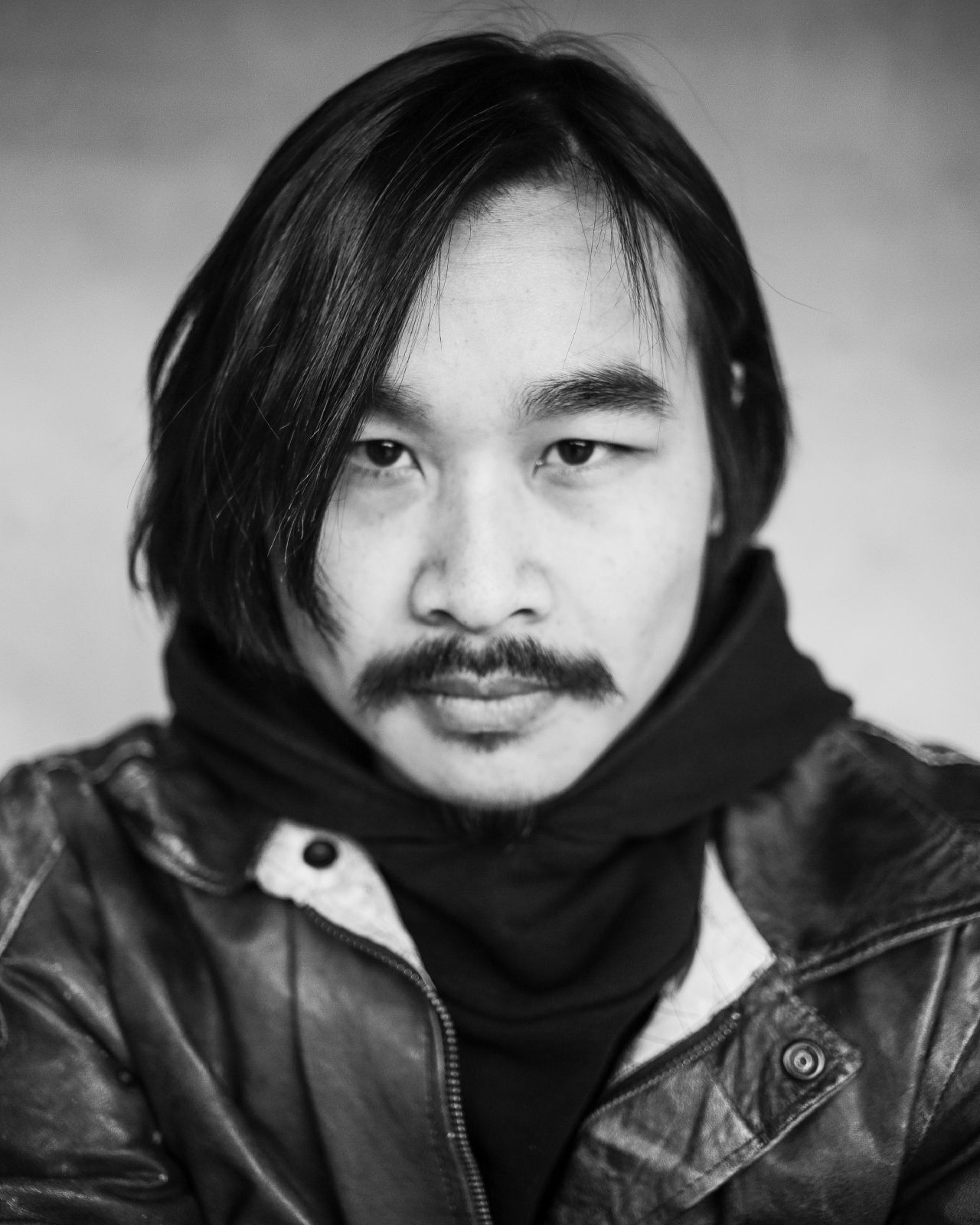
Liao Fei
Liao Fei was born in Jingdezhen, Jiangxi Province in 1981. He graduated from Shanghai Normal University in 2006 and currently lives and works in Shanghai.
Liao Fei’s practice originates from his doubts about the world around him and within himself, seeking to approach ‘things’ through his work. Employing physical materials through artistic form, he reveals the existential questions inherent in objects themselves. Approaching art with a tool-rational attitude, he generates an intensity of sensibility through logical thought and abstract concepts. His works translate the equilibrium inherent in mathematical systems into visual language. Through minimal, almost purely linguistic expression, he enables us to experience the immediacy of mathematical, logical, and abstract entities.
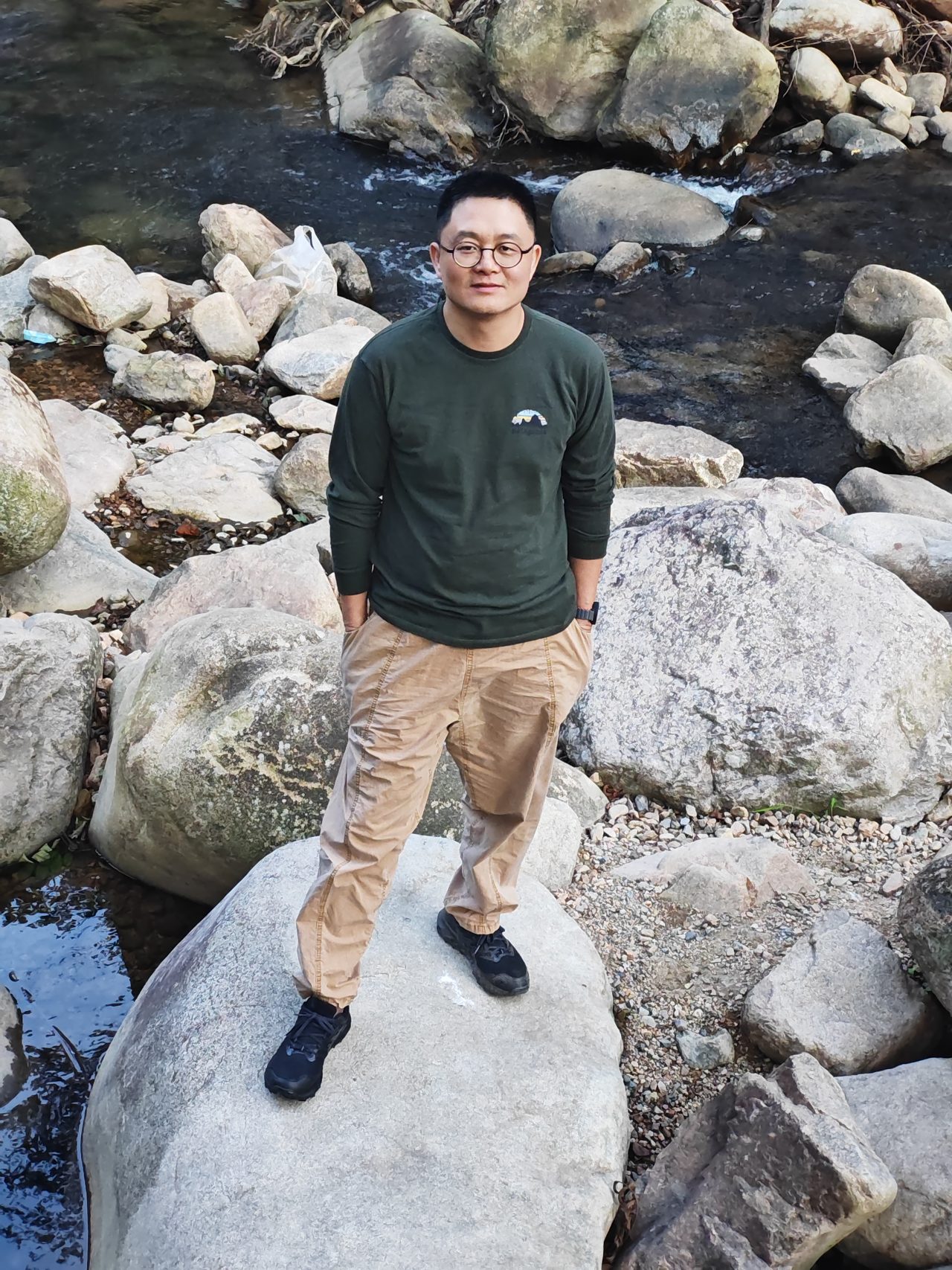
Lin Ke
Since 2010, Lin Ke has transformed himself into his own experimental subject, immersing himself in the realm of computer-era performance art. Utilising his laptop as his artistic studio, he extracts material from computer software and the internet to form the substance and form of his artworks. His daily exploration of the internet and manipulation of application software give rise to his artistic creations and self-portraits. He employs screenshots and screen recording software to document operational actions and conceptual imagery. His primary artistic forms encompass installations, images, sound, text, video, and computer-generated paintings.
Within his work, Lin Ke employs computer software in unconventional ways, seeking novel functions beyond the software’s original design intent. This liberates language from its fundamental communicative purpose, endowing it with poetic qualities. If poetry expresses the delight of language, Lin Ke’s work presents the pleasure of the software user’s graphical interface. His creative practice earned him the 2014 OCAT-Pierre Hubert Prize and the 2015 Ninth AAC Art China Annual Young Artist Award.
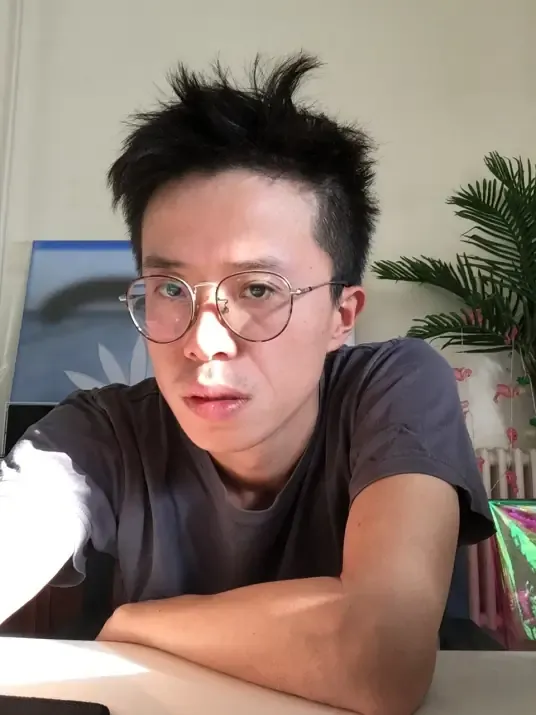
Liu Yujia
Liu Yujia graduated with an undergraduate degree from the Sichuan Fine Arts Institute and obtained a Master of Arts degree from the London College of Communication, University of the Arts London. Currently based in Beijing, Liu Yujia’s video works weave together documentary footage, literature, ethnography, folklore and travelogues to create embodied, emotionally resonant experiences. Using Asian natural landscapes as both subject and backdrop, her lyrical style dissolves boundaries between pure documentary and fictional narrative.
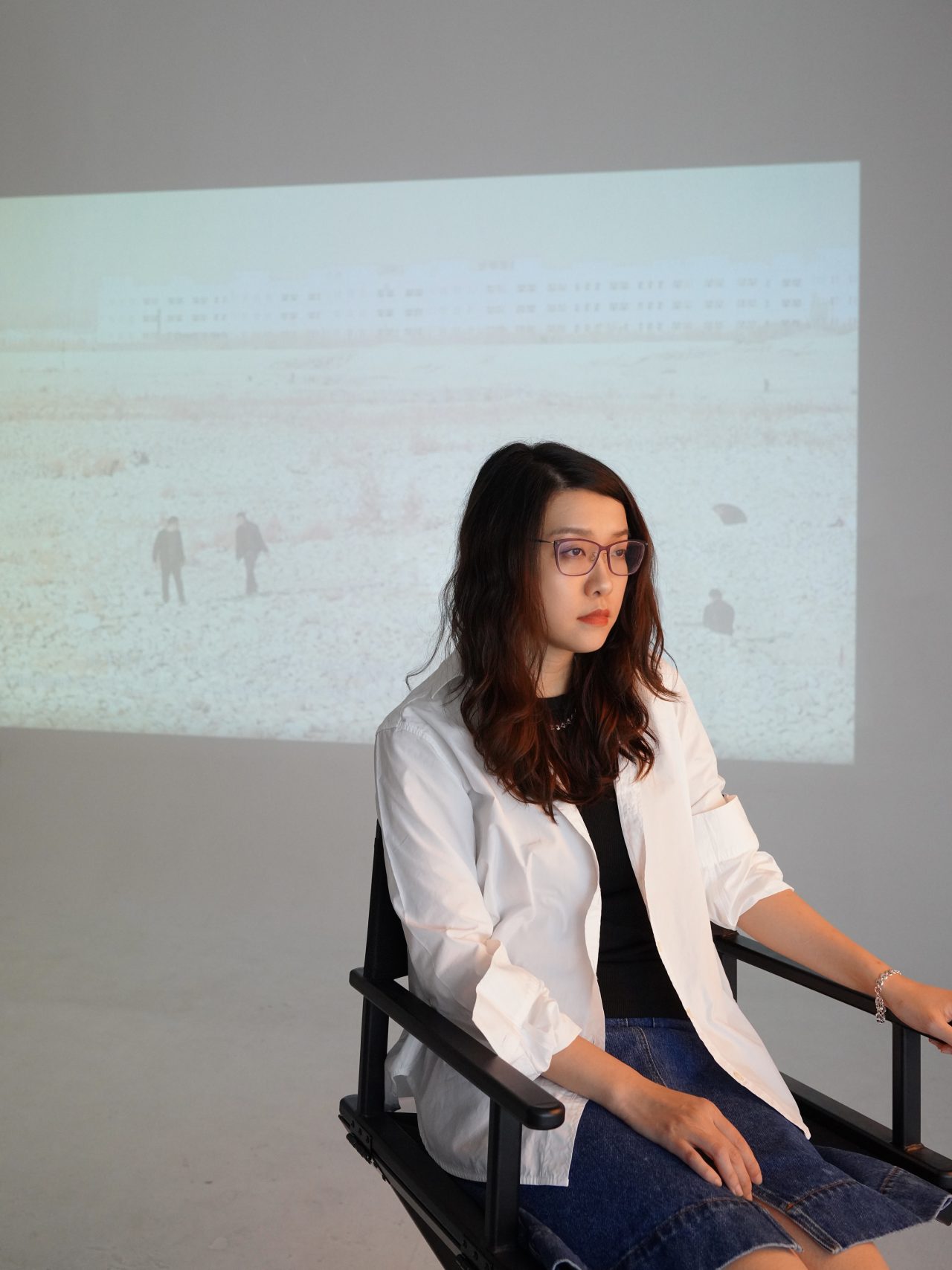
Ma Qiusha
Ma Qiushah was born in Beijing, China in 1982. She graduated with a Bachelor of Arts degree from the Central Academy of Fine Arts in 2005 and obtained a Master of Fine Arts degree in Electronic Integrated Arts from Alfred University in the United States in 2008. She currently lives and works in Beijing. Ma Qiushas work examines individual experiences within shifting socio-cultural contexts, exploring the inherent qualities of diverse media including photography, video, and installation. The artist frequently employs highly personal language to present the relationship between the individual and the collective, the private and the public. Through an almost anthropological perspective, her reflections on personal, familial and intergenerational relationships seek to interrogate the emergence and disappearance, truth and falsehood within history.
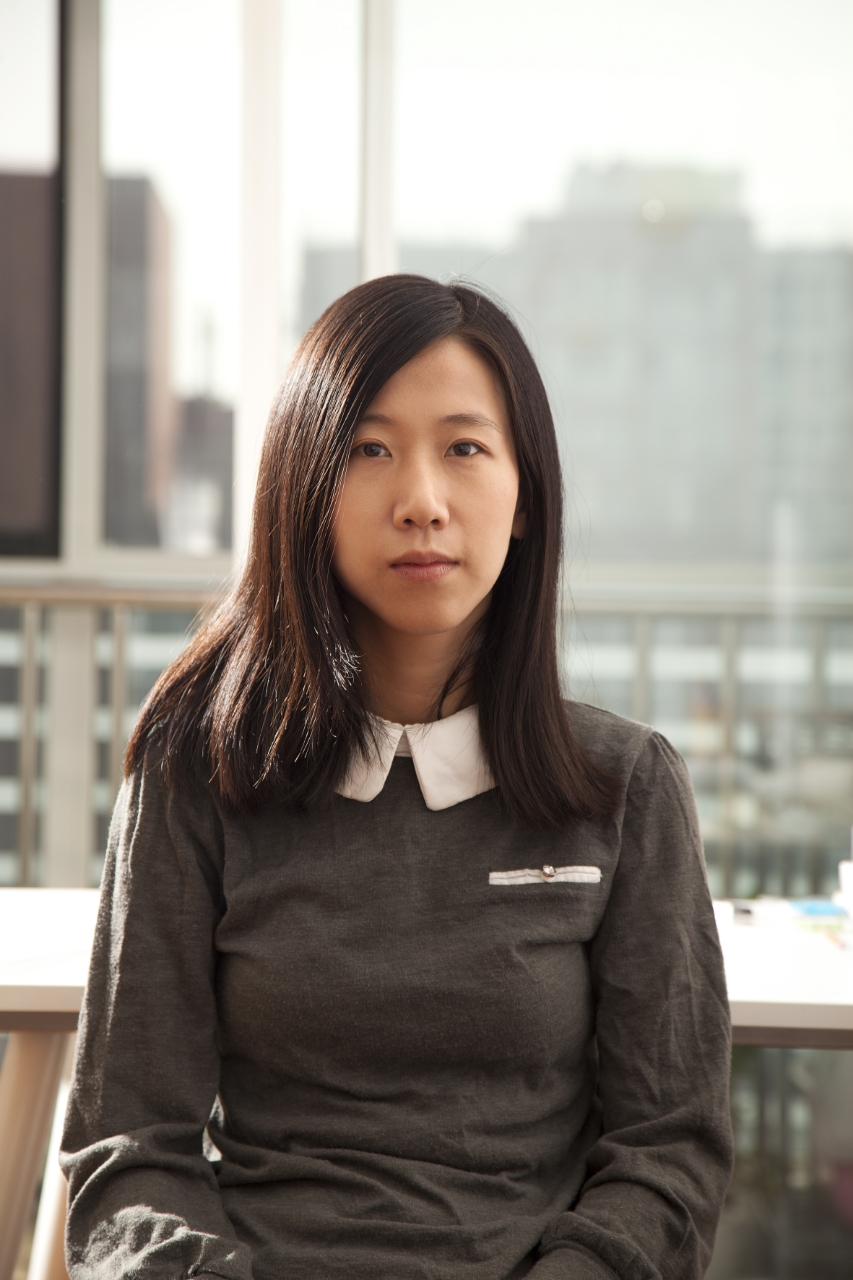
Miao Miao
Miao Miao, born in Henan in 1986, graduated from the Fine Arts Department of Henan University in 2009. She engages in painting creation and research into painting materials. Her work revolves around the internal and external dimensions of daily life, fixated upon and meandering through colour and form, infused with literary sensibilities whilst attempting to articulate chaos with clarity. She currently works and resides amidst the two-dimensional planes of multiple cities.
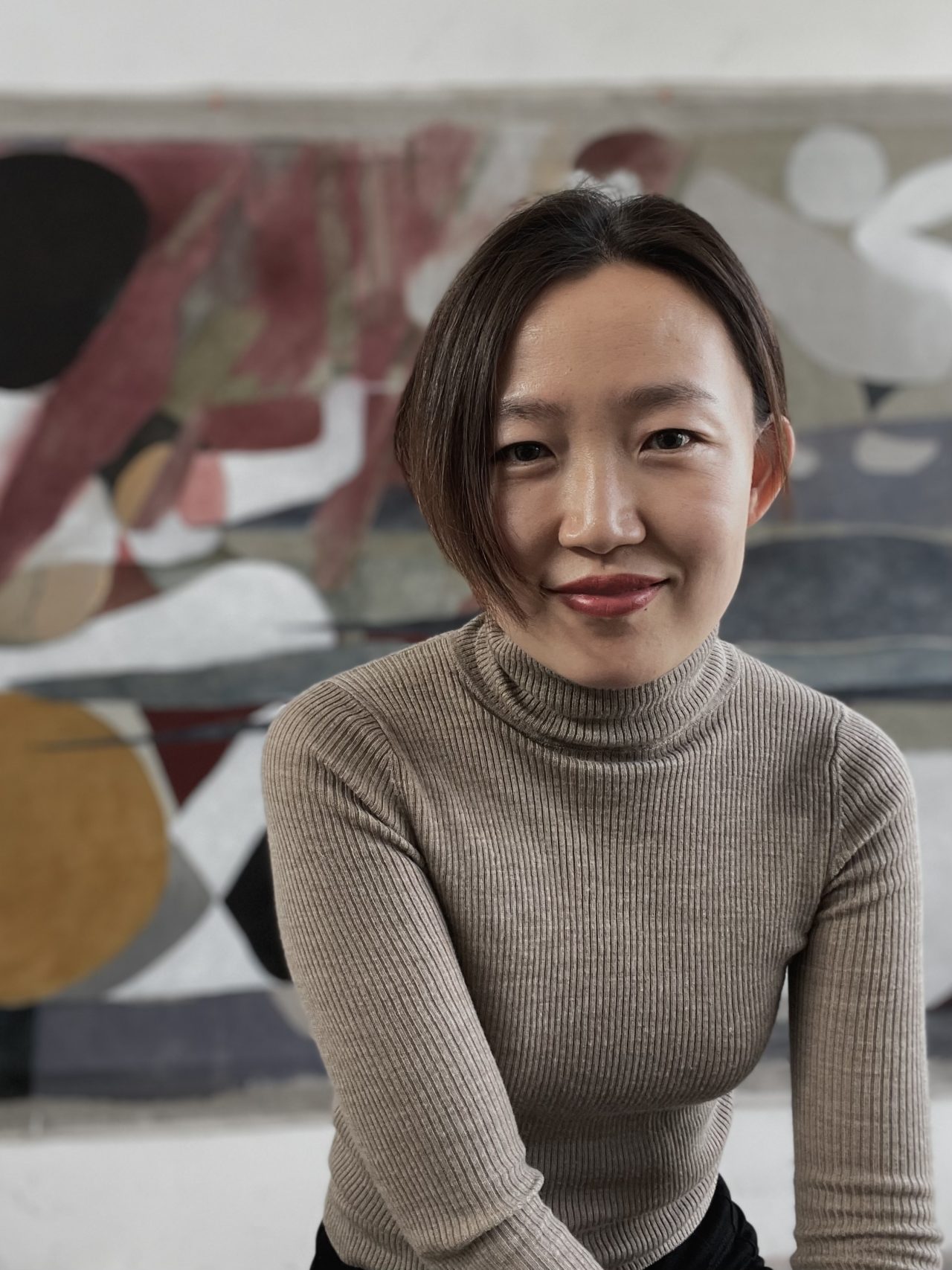
Na Buqi
Na Buqi was born in 1984. She graduated with a Bachelor of Arts in Sculpture from the Central Academy of Fine Arts in 2013 and completed her Master of Arts in Sculpture at the same institution in 2009. She currently lives and works in Beijing.
Whether regarded as tangible entities or the psychological essence of our interactions with objects and materials, these themes have long underpinned Nabuchi’s artistic practice. From hand-moulded sculptures to installations incorporating extensive found objects, her work consistently guides viewers towards examining detail and context, adapting to
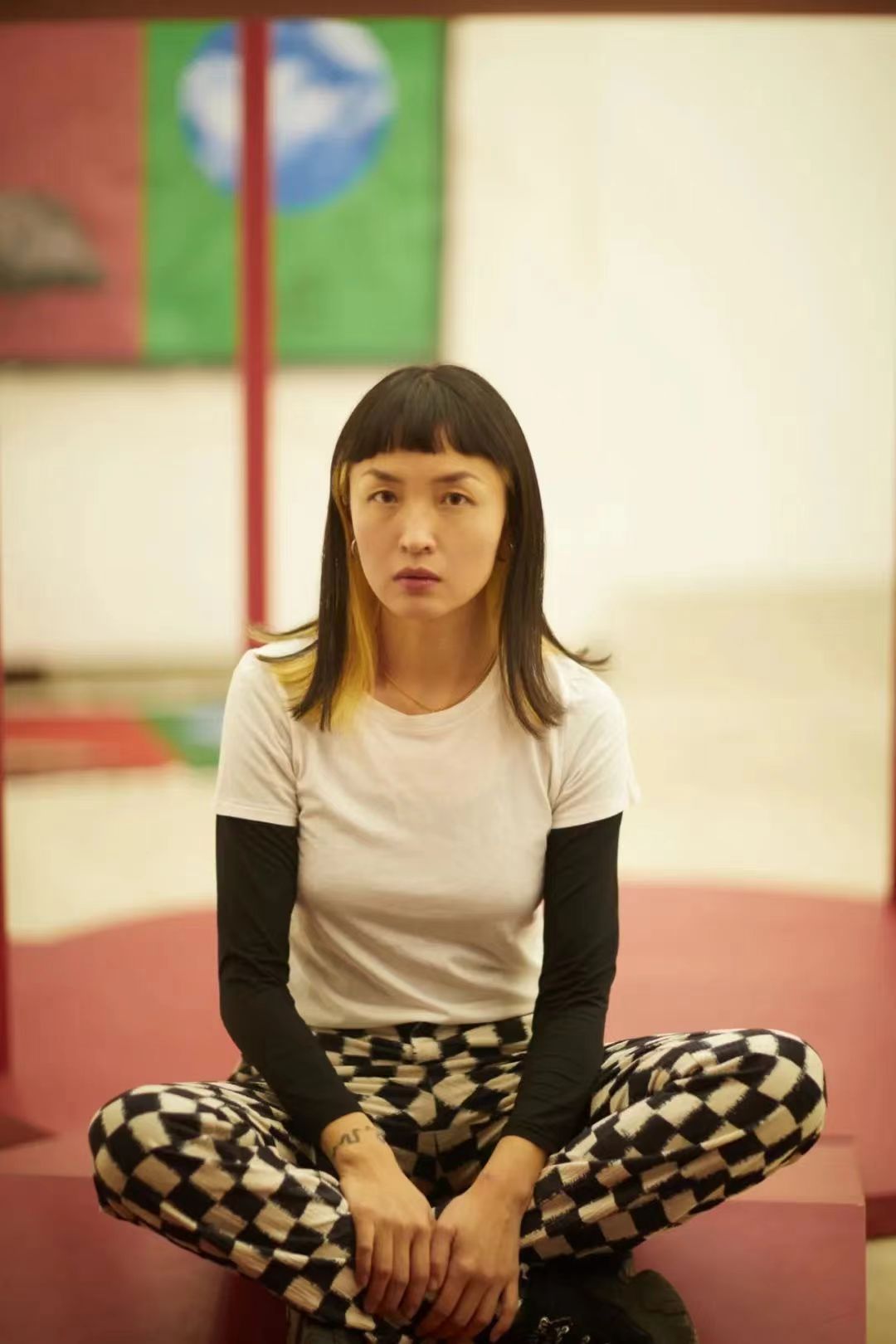
Song Yuanyuan
Born in Shenyang in 1981, he graduated from the Photography Department of the Lu Xun Academy of Fine Arts in 2005. He currently resides and works in Shenyang.
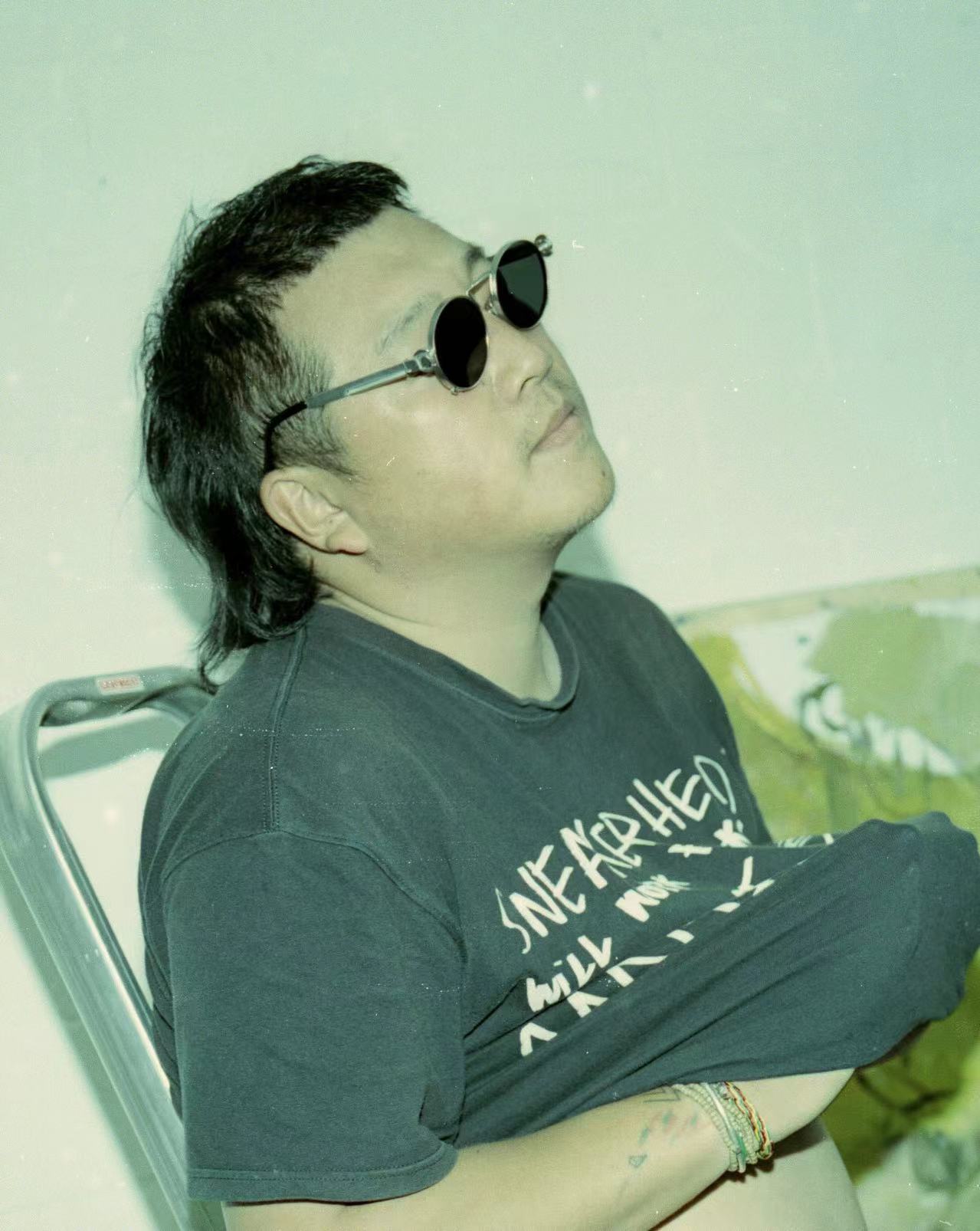
Sun Xun
Sun Xun was born in Fuxin, Liaoning Province, China in 1980. He graduated from the Printmaking Department of the China Academy of Art in 2005. The following year, he established π Ge Animation Studio. He currently resides and works in Beijing. As a representative artist within China’s new media art sphere, Sun Xun—a graduate of the China Academy of Art—founded π Ge Animation Studio as early as 2006. His work gained prominence in relevant exhibitions and competitions both domestically and internationally at a relatively early stage, with his animated pieces selected for the Berlin International Film Festival and the Venice Film Festival.
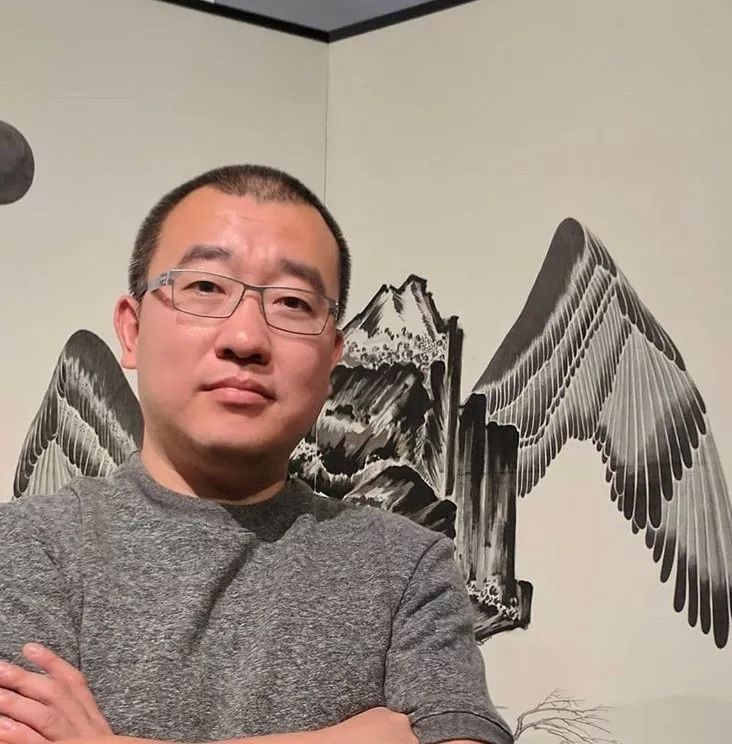
Tan Tian
Tan Tian was born in Beijing, China in 1988. He graduated from Kingston University London with a degree in Fine Art in 2012, and from Hunter College in New York with a degree in Fine Art in 2019. He is currently employed at the Experimental Art Department of the Central Academy of Fine Arts. Tan Tian now lives and works in Beijing.
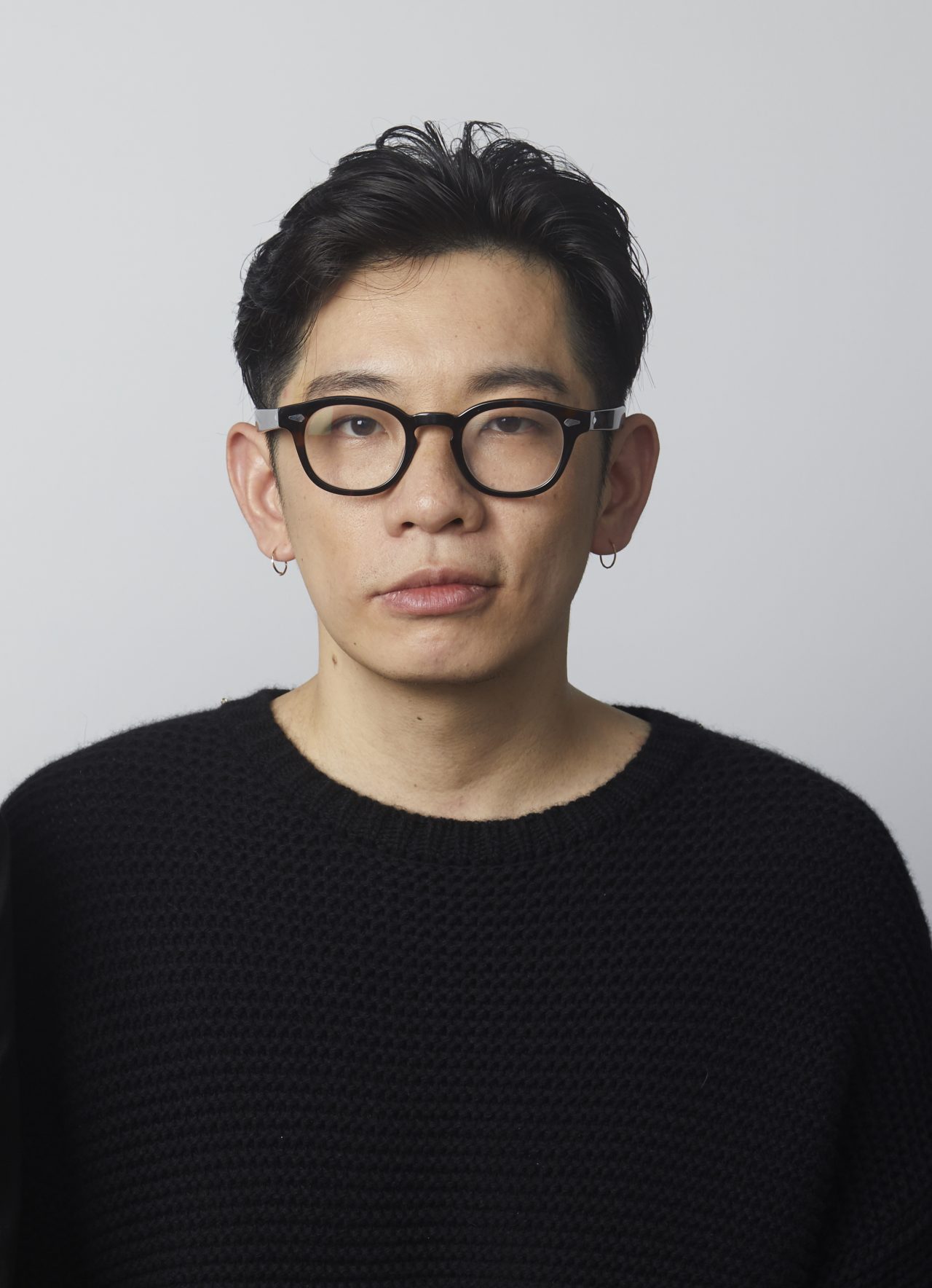
唐狄鑫
Tang Dixin, male, born 29 March 1982, is an artist and curator.
September 2001 – June 2005: Studied at the Oil Painting Department, School of Fine Arts, Shanghai Normal University;
2006: Served as Curatorial Assistant at Duolun Museum of Modern Art, Shanghai;
2007: Appointed Curator at Ke Contemporary Art Centre, Shanghai.
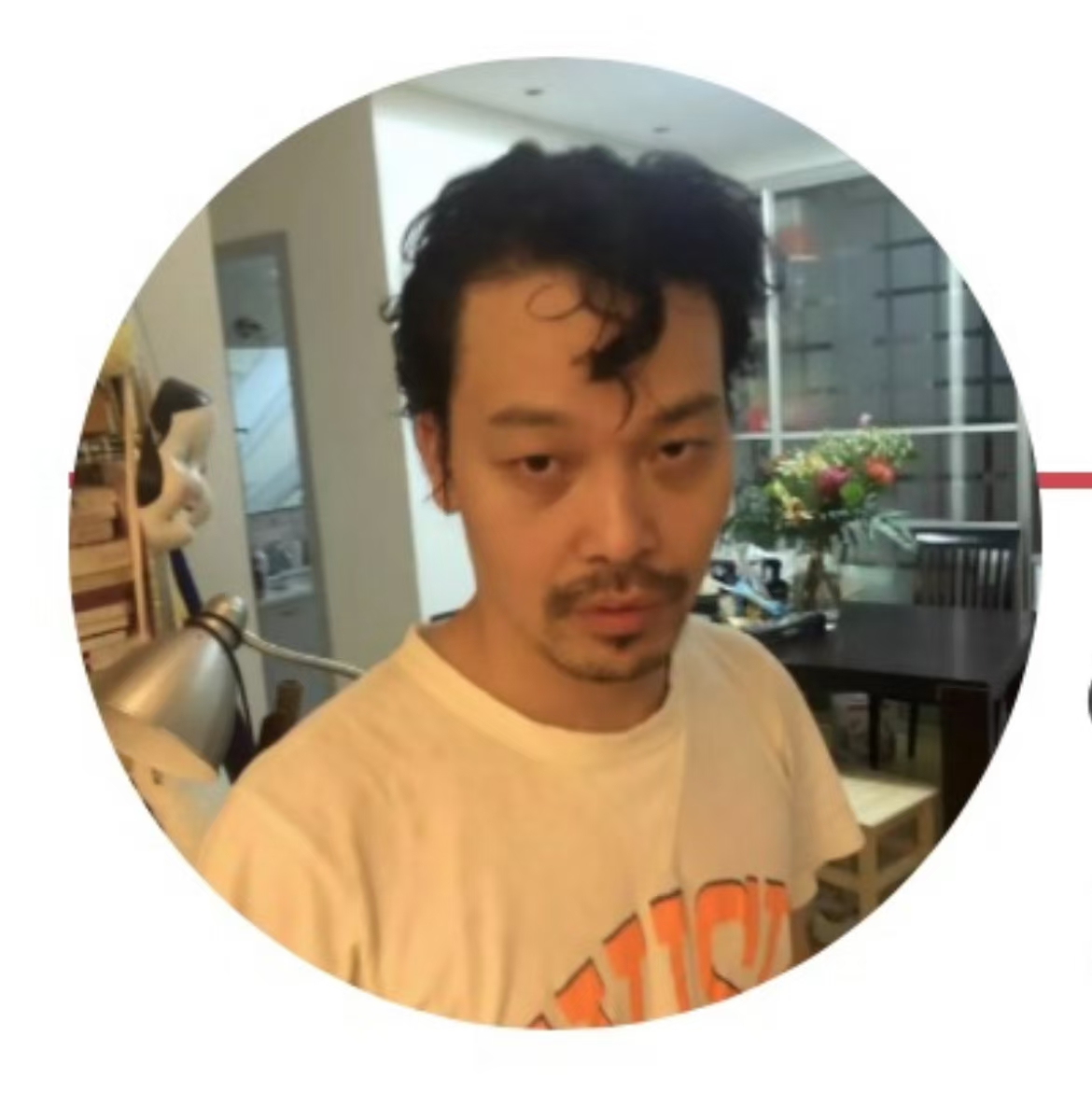
Tao Hui
Tao Hui was born in Yunyang, Chongqing in 1987. He graduated from the Oil Painting Department of the Sichuan Fine Arts Institute and currently works and resides in Beijing. Though trained in oil painting, Tao Hui’s practice centres on video and installation art. Drawing material from personal memory, visual experience and popular culture, he distils and transforms these elements into novel narrative modes and visual styles. Tao Hui engages with issues of social identity, gender status, racial concerns, and cultural crises. Through absurd, grotesque, and exaggerated scenarios, alongside characters imbued with metaphor and displacement, to present the collective experience of contemporary humanity. This compels viewers to confront their own cultural history, existential realities, and social identity.
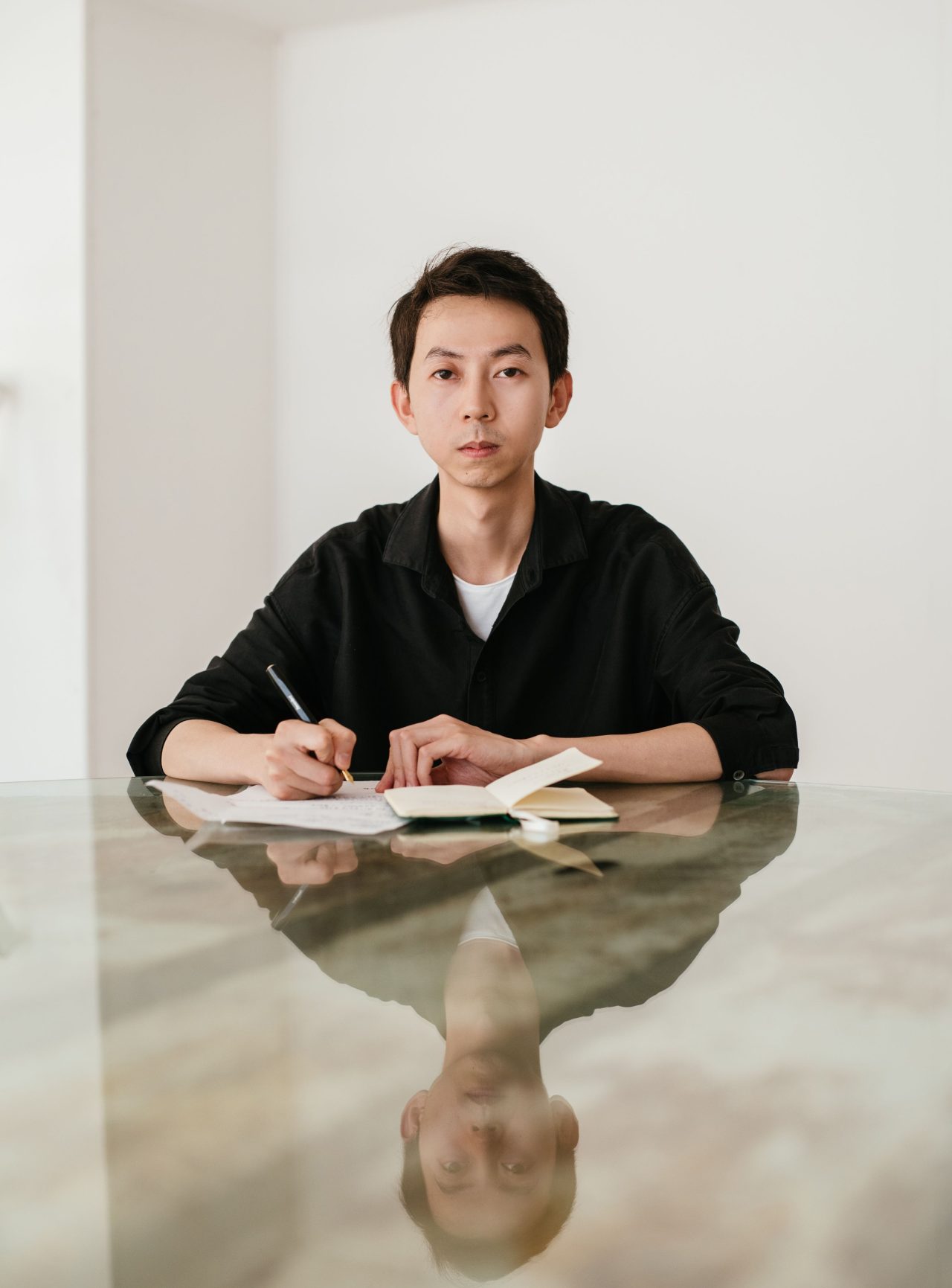
Tong Wenmin
Tong Wenmin, born in Chongqing in 1989, graduated from the Oil Painting Department of Sichuan Fine Arts Institute in 2012. She currently lives and works in Chongqing as a professional artist. Her practice frequently explores the intersection between external environments and individual perception, employing seemingly illogical actions to provoke subtle, thought-provoking responses and visual poetry.

Wang Tuo
Born in Changchun in 1984;
Graduated from Northeast Normal University in 2007 with a Bachelor’s degree;
Graduated from Tsinghua University’s Department of Painting in 2012 with a Master’s degree;
Graduated from Boston University’s College of Fine Arts in 2014 with a Master’s degree;
Currently resides in Beijing as a professional artist.
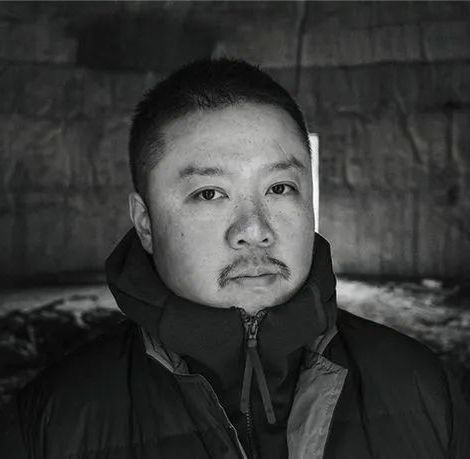
Xia Yu
Xia Yu, born in 1980 in Anhui, China, graduated from the Third Studio of the Oil Painting Department at the Central Academy of Fine Arts in 2004. He currently lives and works in Beijing. As an artist of the post-80s generation, Xia Yu’s personal life trajectory and that of his cohort seem to find a parallel reference within his paintings. From small-town youth to urban new middle class, from family to relationships and the workplace, Xia Yu’s body of work since graduating from the Central Academy has remained inextricably linked to the lives of ordinary people, capturing both the resignation and powerlessness of the commonplace, alongside the quiet joys and contentment. Xia Yu’s tempera technique coexists with formal experimentation. Memories of parental love, sibling bonds, intimate relationships, and youthful melancholy have gradually transformed in his recent work into a contemporary urban life catalogue. These richly familiar scenes create a profound sense of immersion.
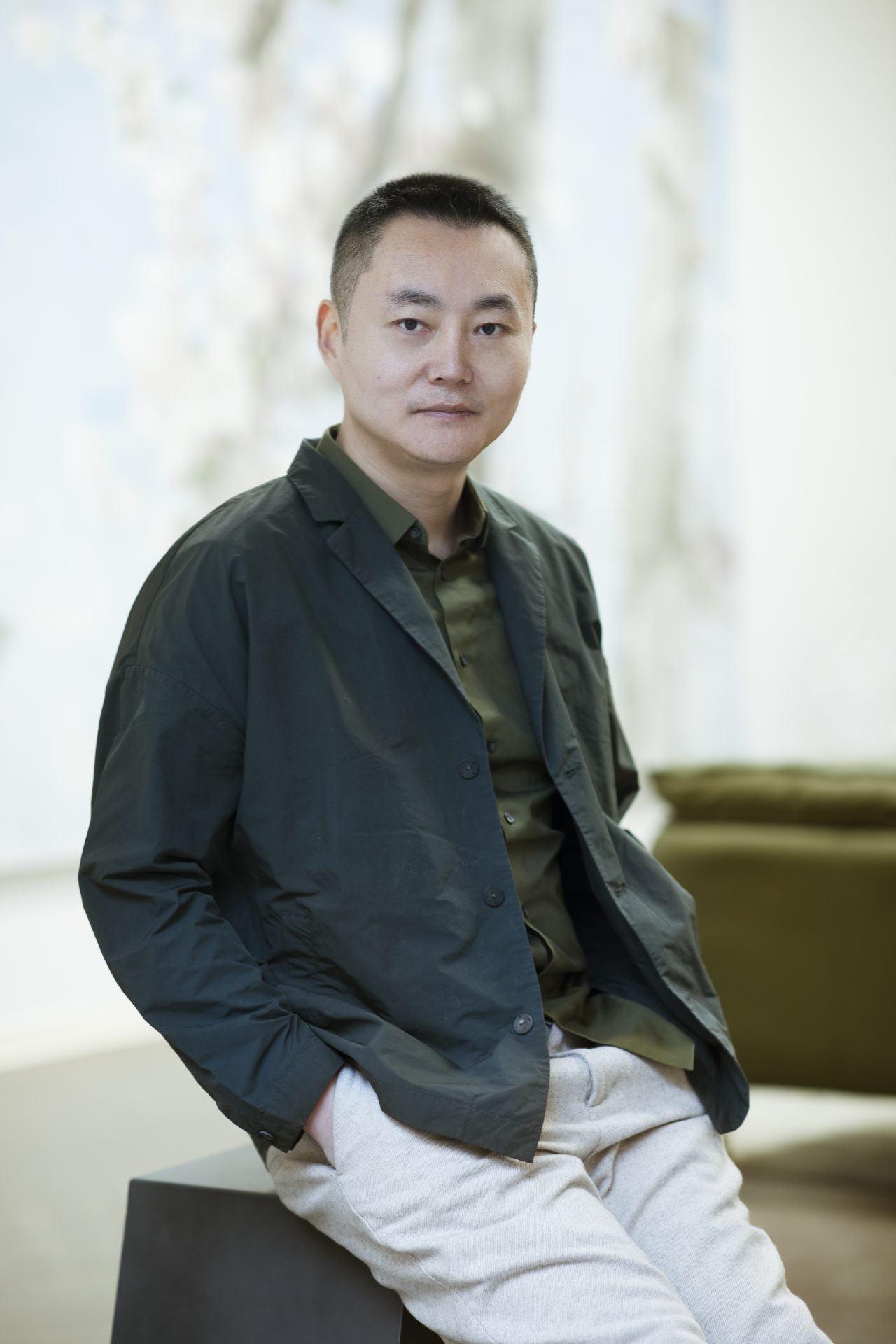
Zhang Ding
Born in 1980, lives and works in Shanghai.
2015: Received the Art News Asia Art Contribution Award;
2017: Awarded the Porsche China Young Artist of the Year Award;
2019: Honoured with the Esquire Top Ten Men of the Year Award;
2023: Recognised as Best Breakthrough Artist at the Harper’s Bazaar Art Awards.
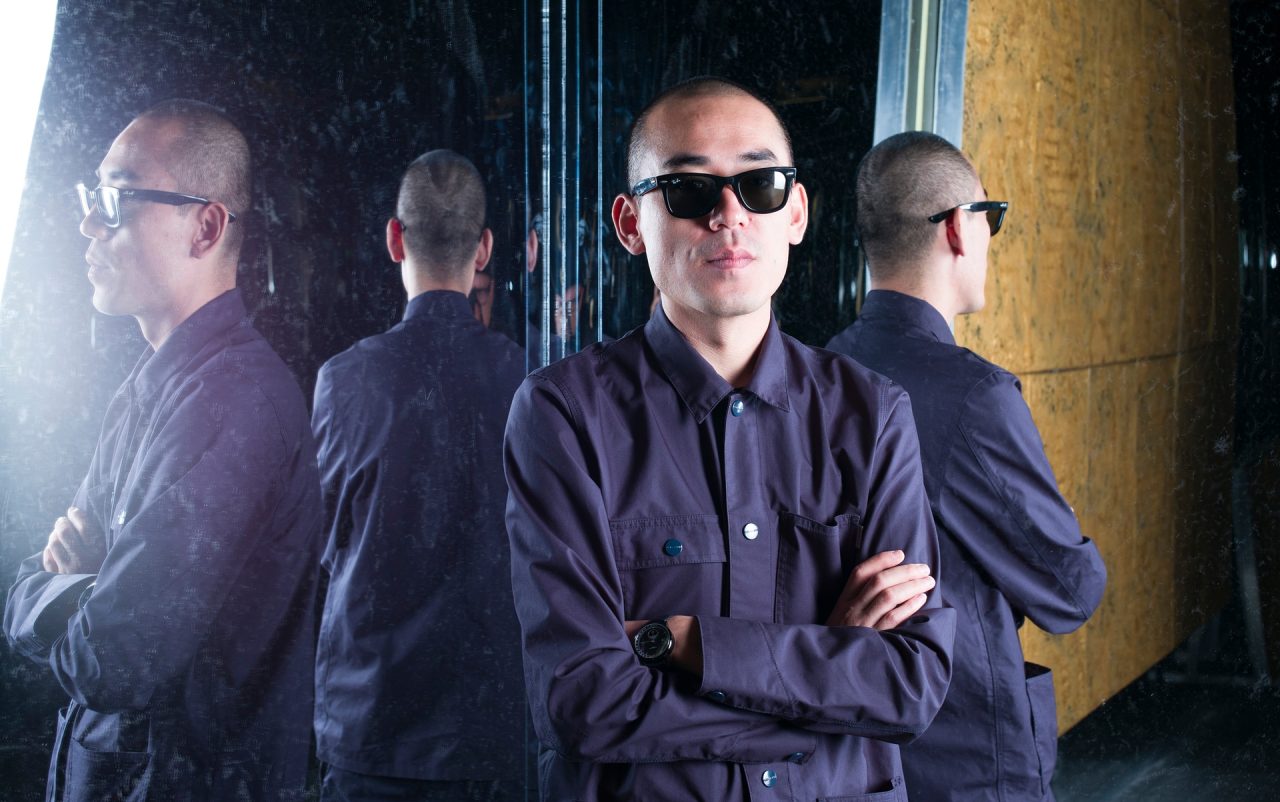
Zhang Ruyi
Zhang Ruyi (born 1985) currently resides in Shanghai. Her artistic practice revolves around the logic of the everyday, with works occupying a distinct space through their synthesis of artefacts, industrial experience, and urban living. Drawing inspiration from commonplace materials, the artist explores and orchestrates the layers and interactions between the individual, materials, and place as her primary narrative approach. Her creations primarily involve site-specific installations, sculpture, and the use of mixed media. Taking ‘reality’ as a template, she draws out how reality shapes individual emotions amidst the shifting urban environment. Through a visual language of contradictory transformations, she plants intuition and observation within unadorned materials, endowing them with spiritual significance beyond their physical substance.
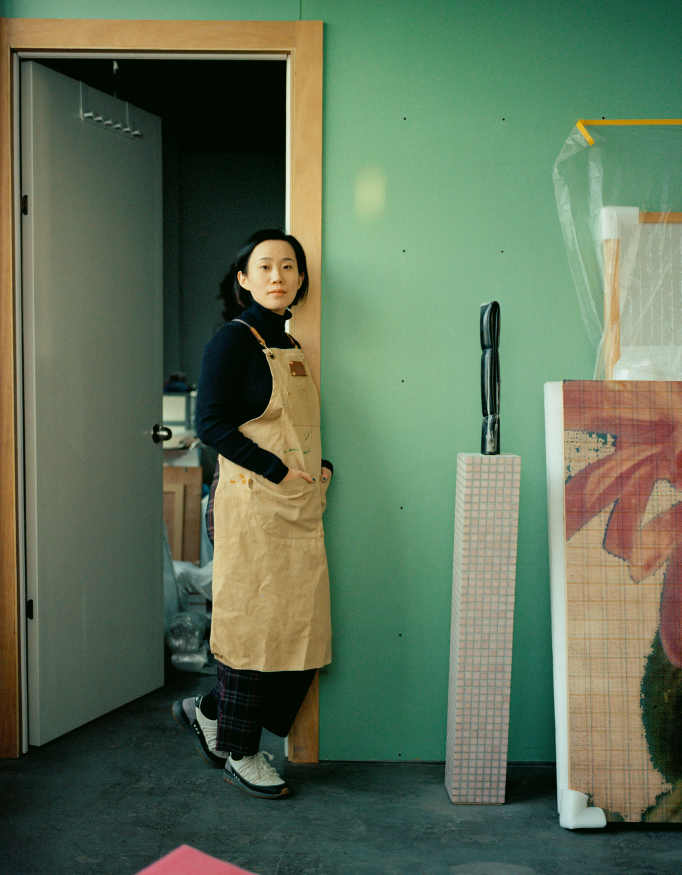
Zhang Shujian
Born in Hunan in 1987;
Graduated from the Oil Painting Department of the Central Academy of Fine Arts in 2010;
Currently resides and works in Beijing.
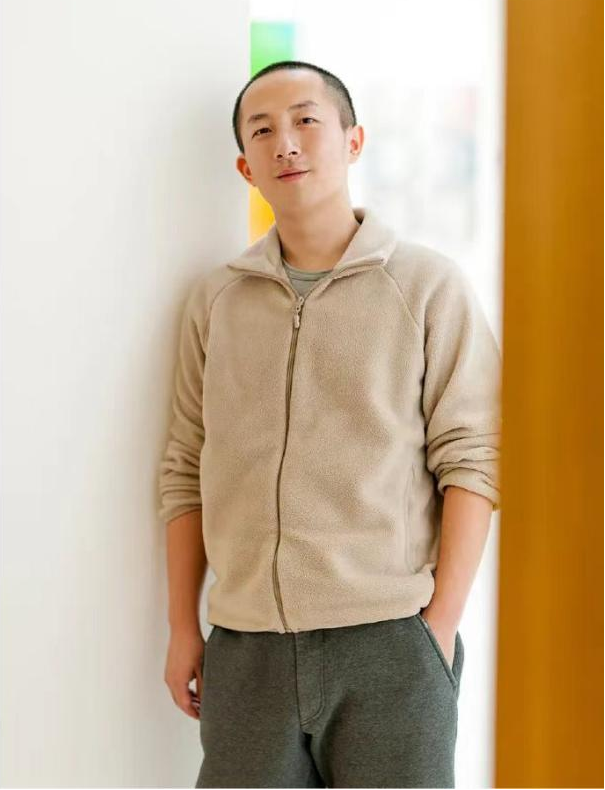
Zhang Yunyao
Born in Shanghai, China, in 1985;
Graduated from the Department of Oil Painting, College of Fine Arts, Shanghai Normal University in 2007;
Currently lives and works in Shanghai and Paris.
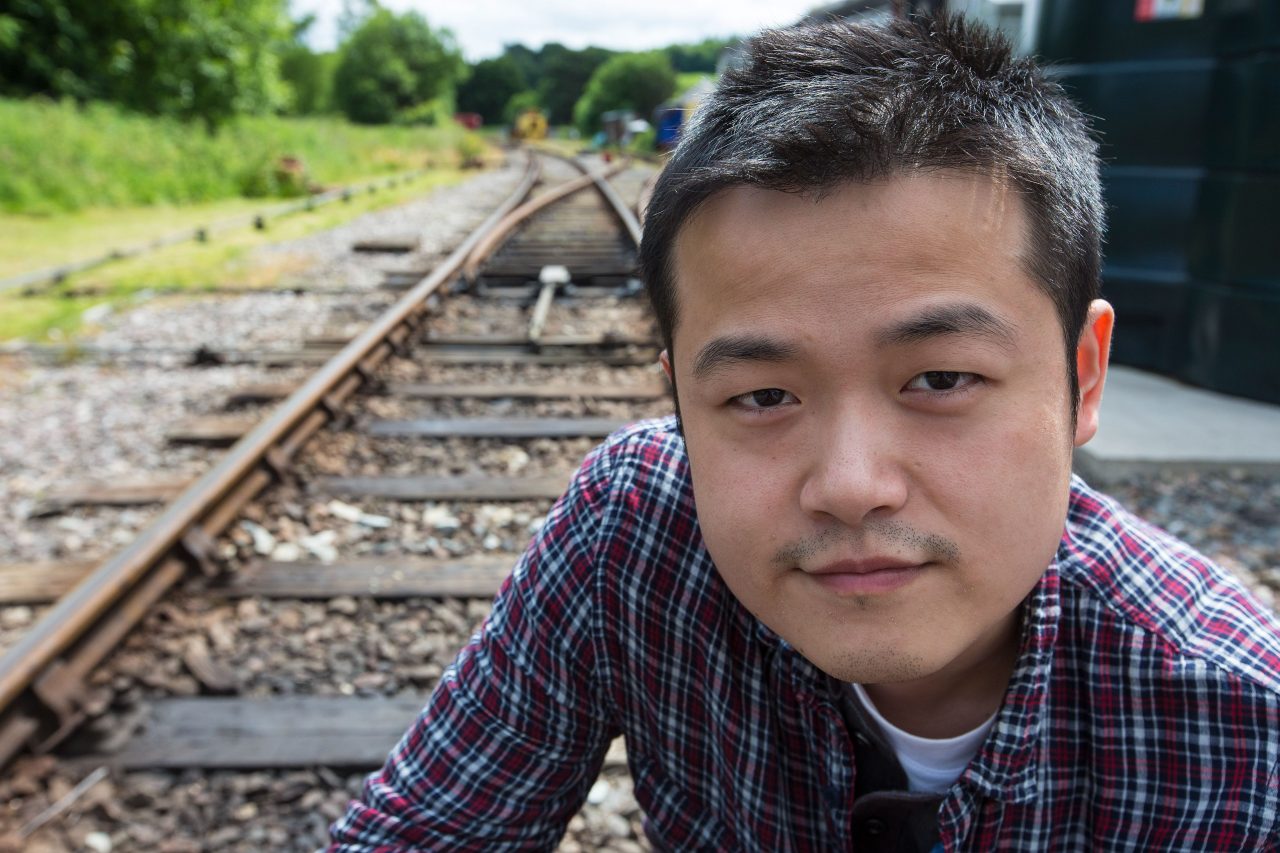
Zhou Siwei
Zhou Suiwei, born in Chongqing in 1981, graduated from the Oil Painting Department of the Sichuan Fine Arts Institute in 2005. He is an artist currently residing in Beijing and Chongqing, primarily engaged in painting. He has held solo and group exhibitions in numerous cities.
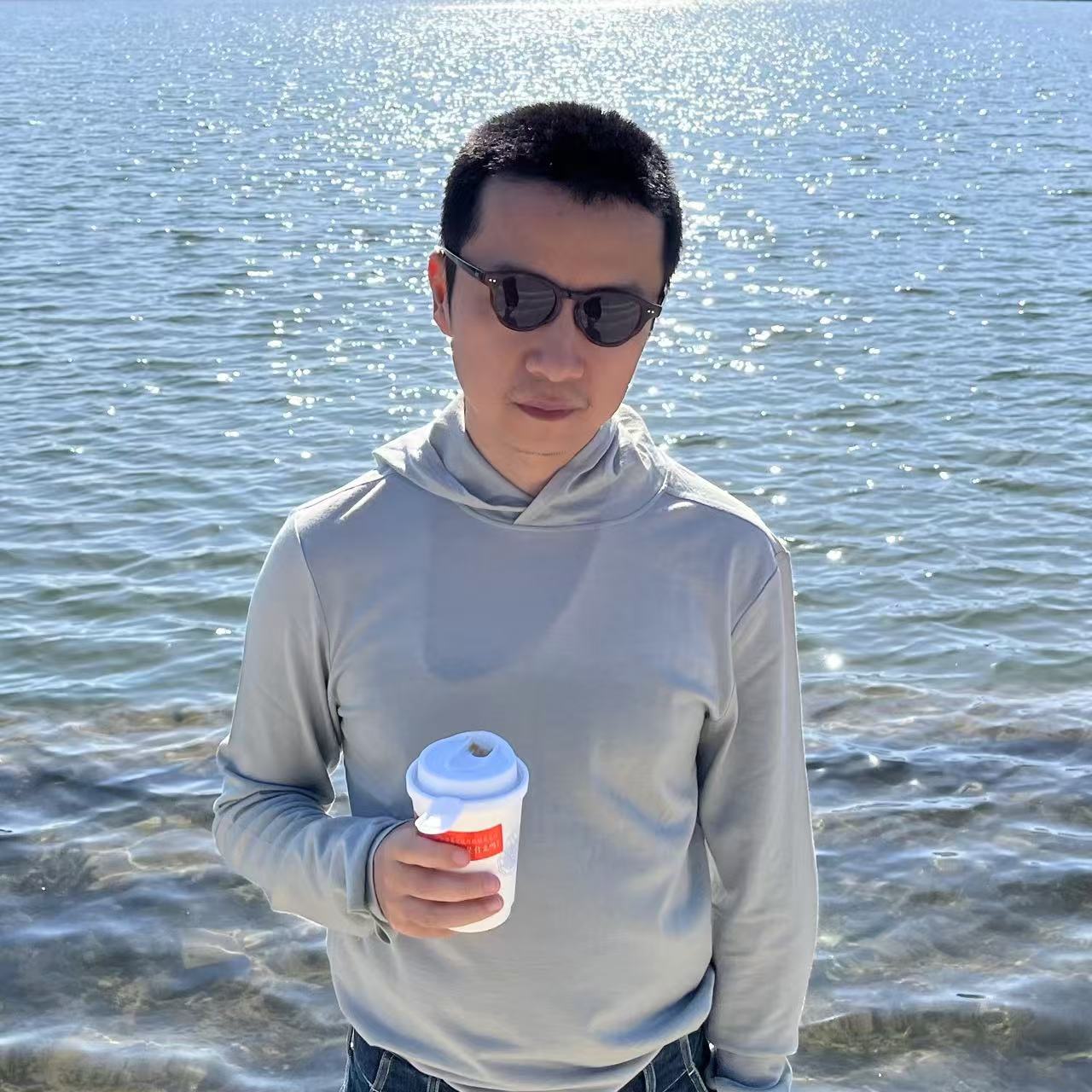
Zhou Yilun
Zhou Yilun, born in 1983 in Hangzhou, Zhejiang, graduated from the Oil Painting Department of the China Academy of Art in 2006. His creative practice frequently revolves around the reinvention of seemingly redundant everyday objects. From internet images to decorative items and furniture, these objects are imbued with new life and meaning within his works. Zhou Yilun’s practice encompasses diverse media including painting and sculpture. He adeptly employs everyday objects as creative materials, employing improvisational combinations and reinterpretations to bestow upon them novel forms and meanings.
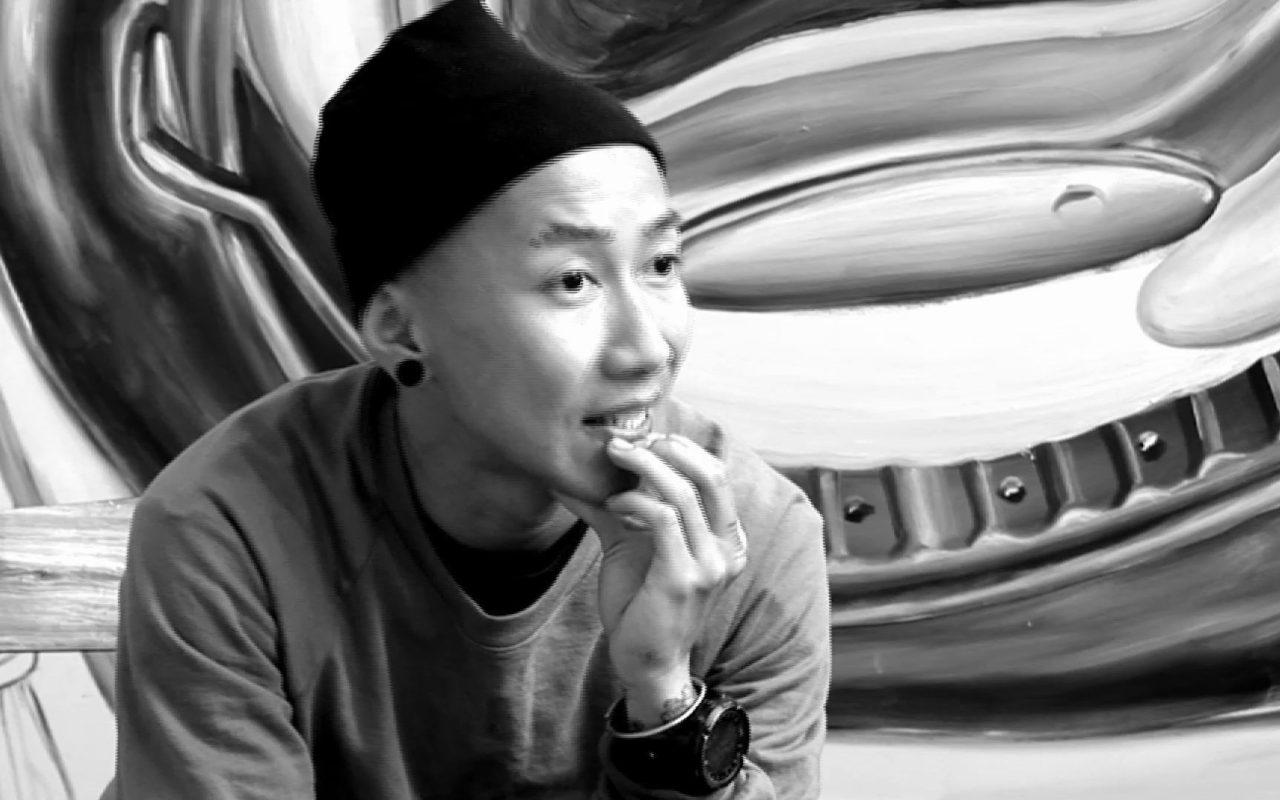
Installation View
Artist on site
Artworks
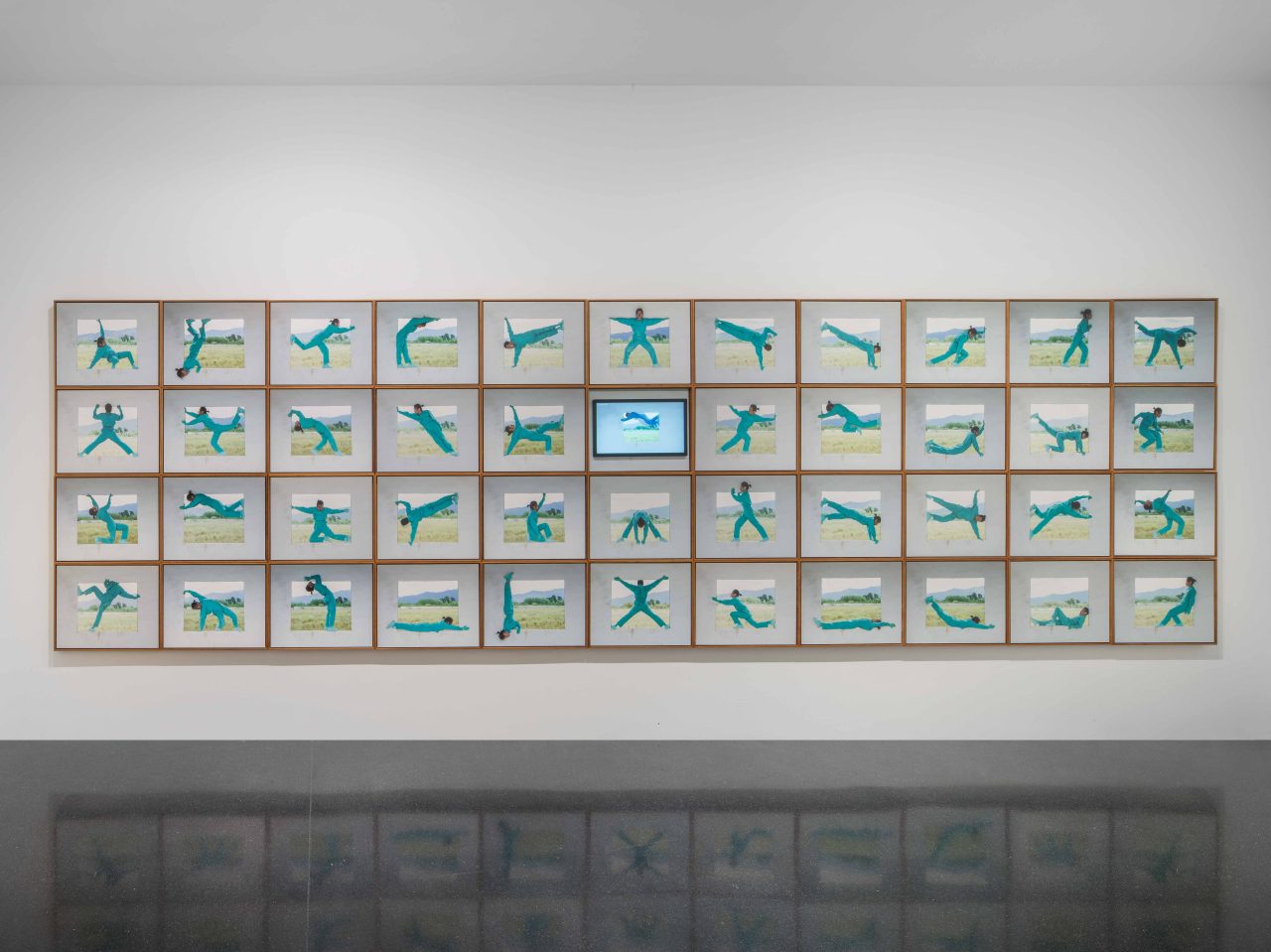
Performance on The Windowsill
Li Binyuan
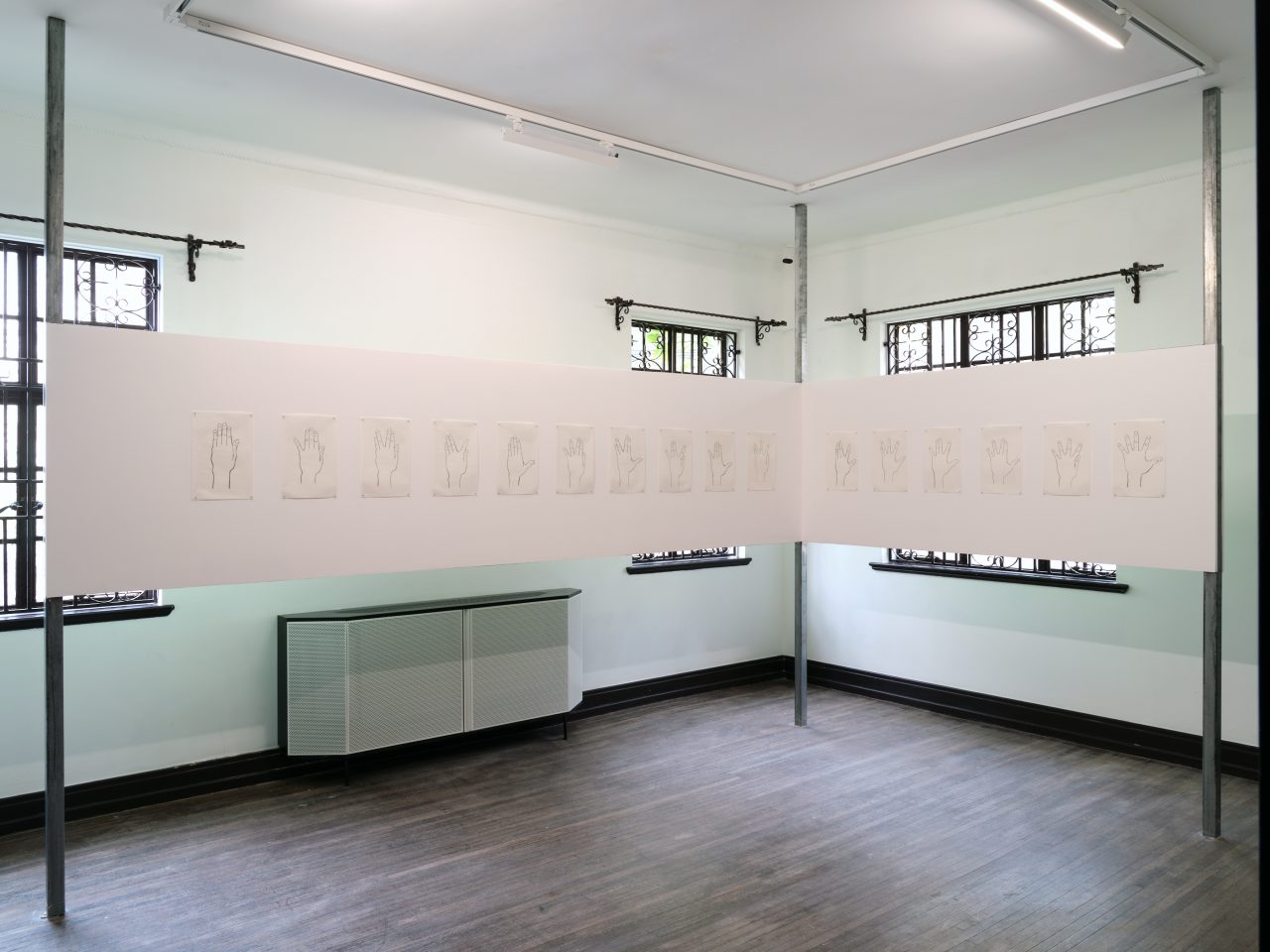
Gap
Liao Fei
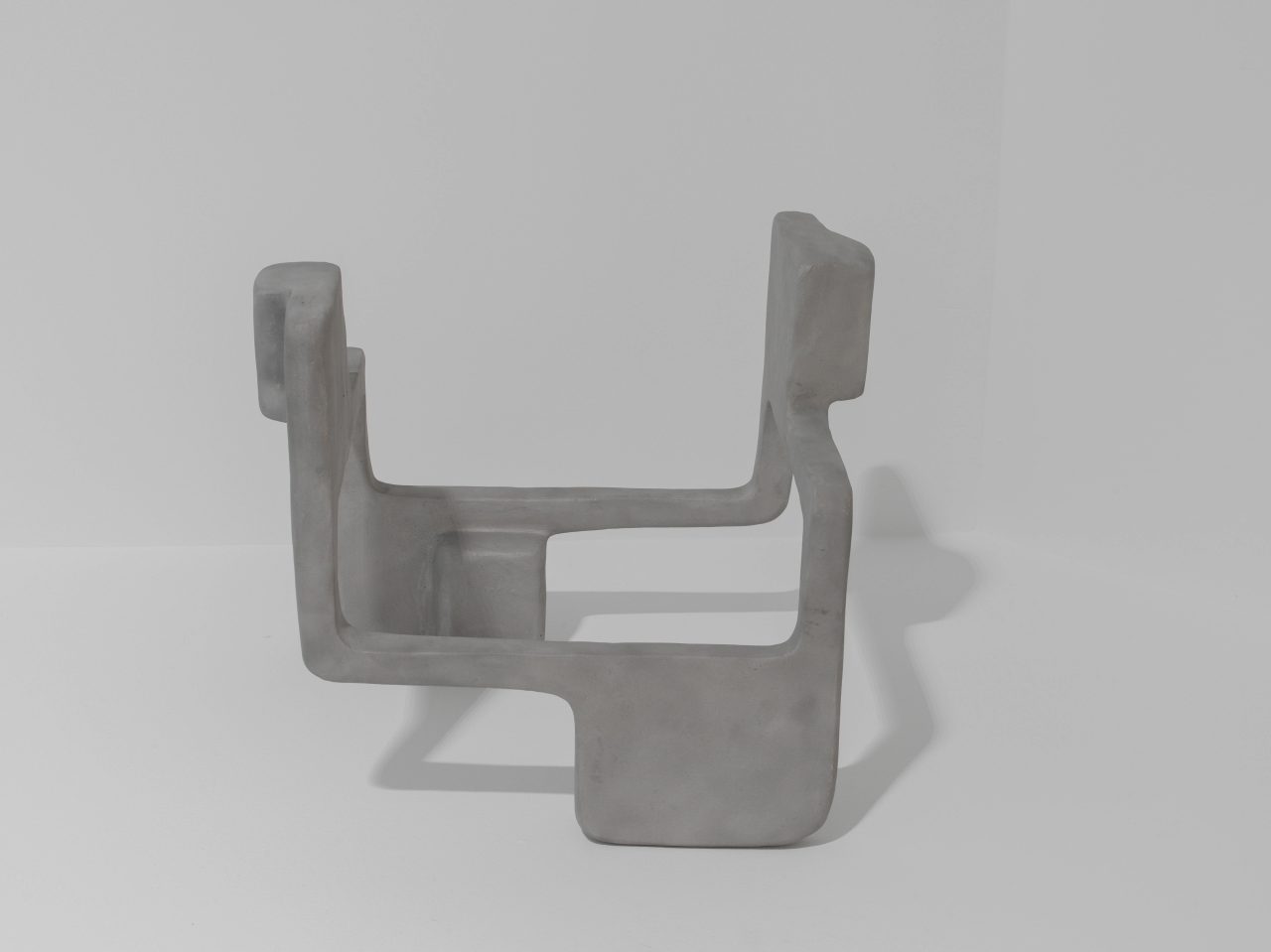
Chiral Extent 24
Liao Fei
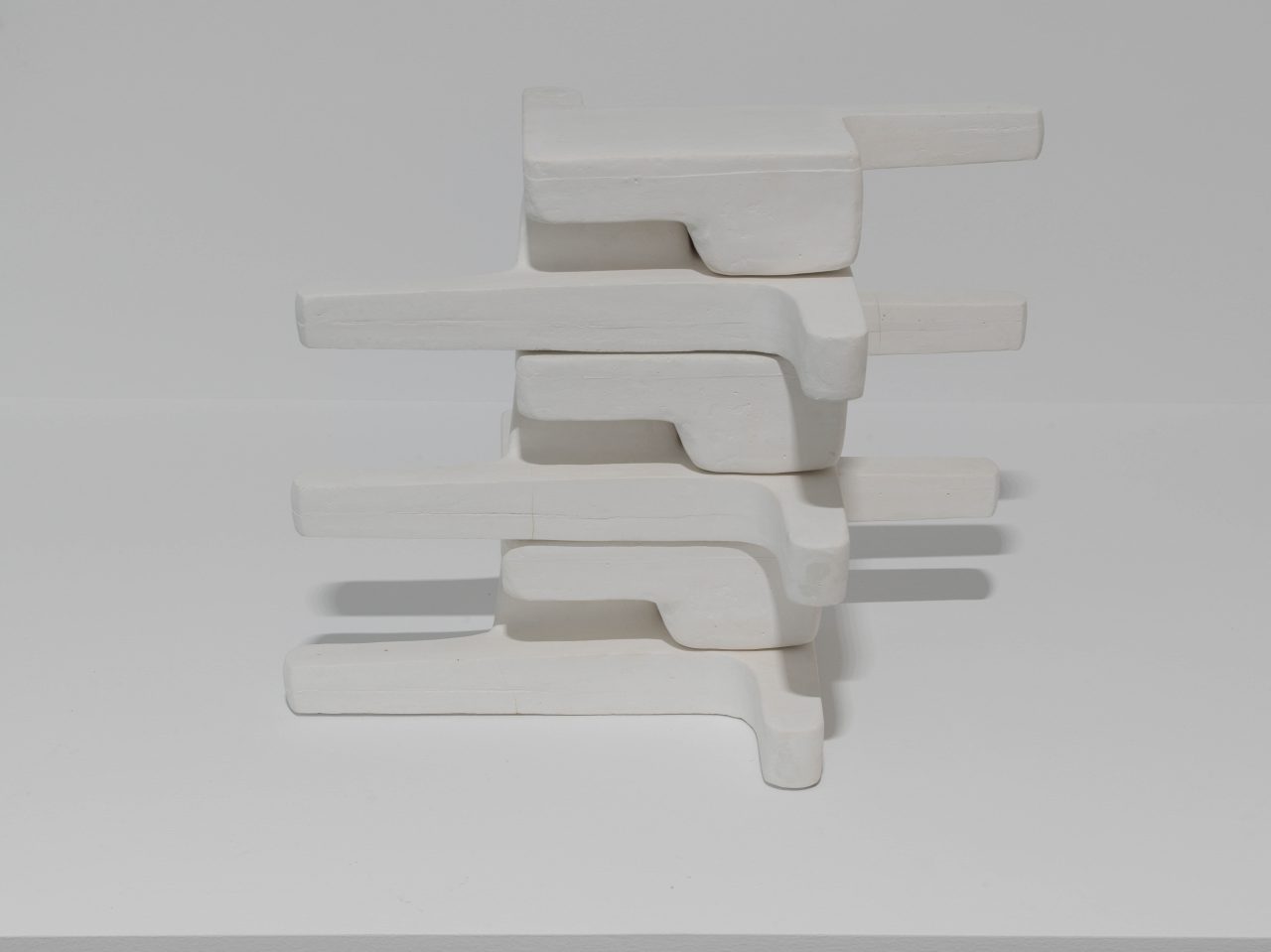
Chiral Extent 22
Liao Fei
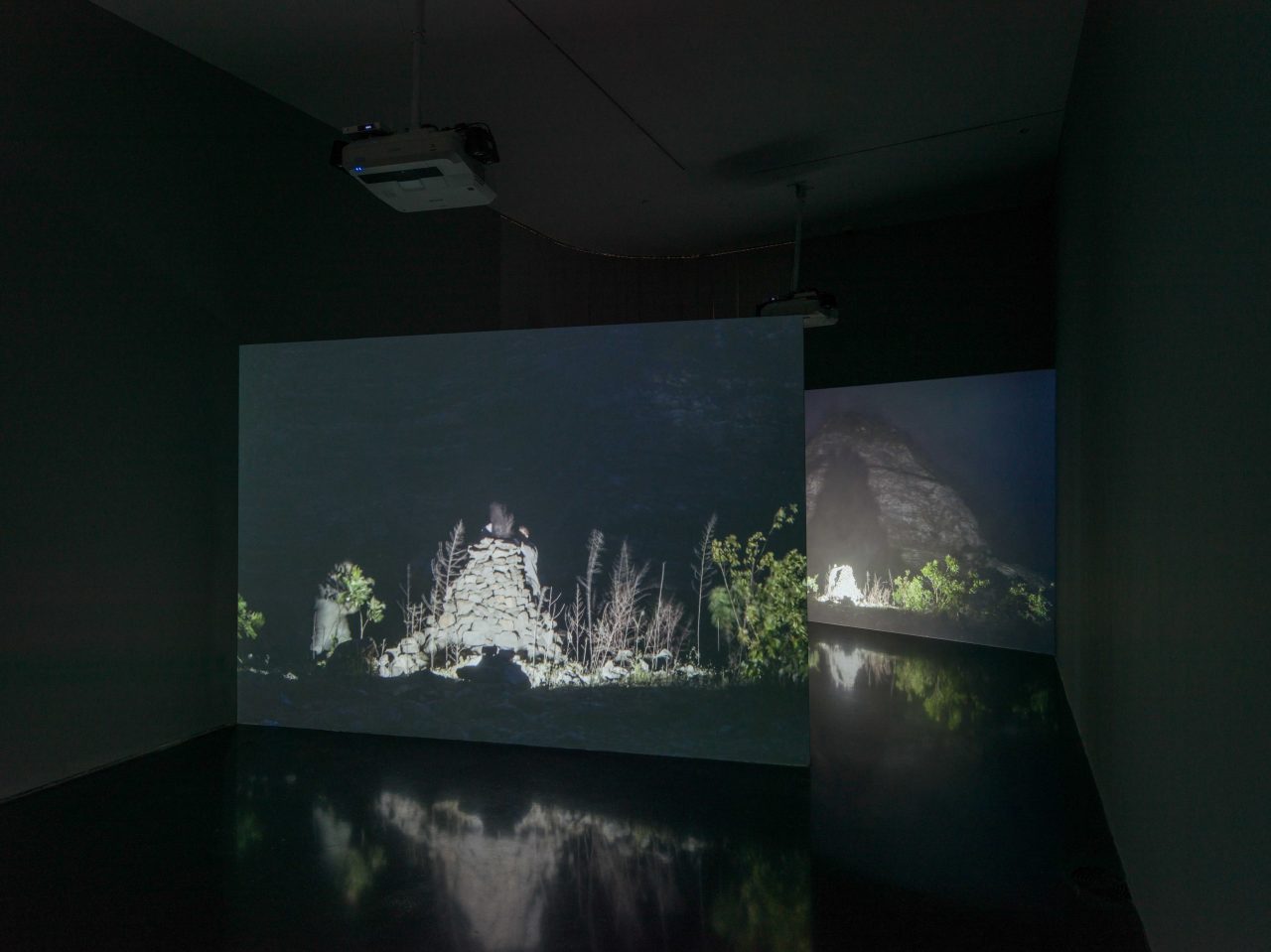
Broken Mountains
Tong Wenmin
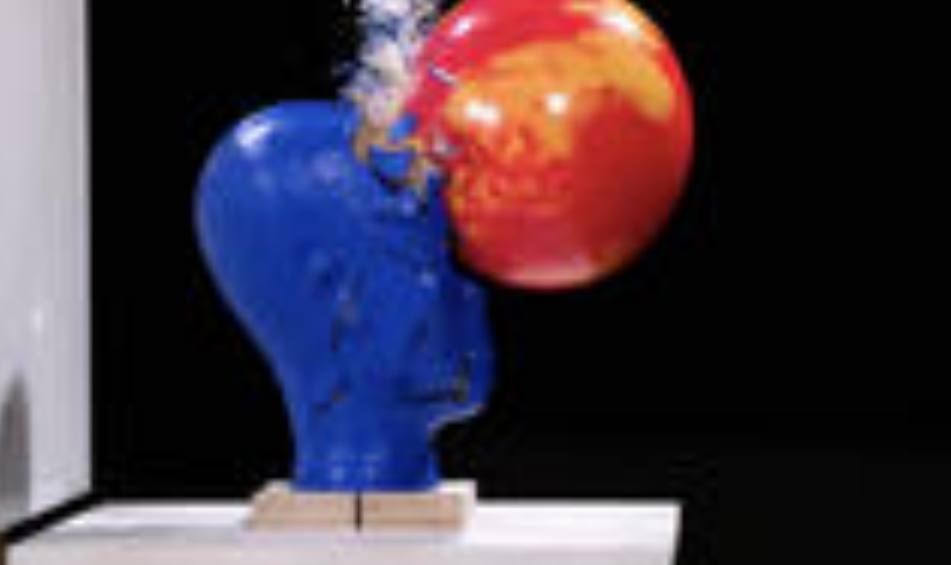
Slow Motion
Hao Jingban
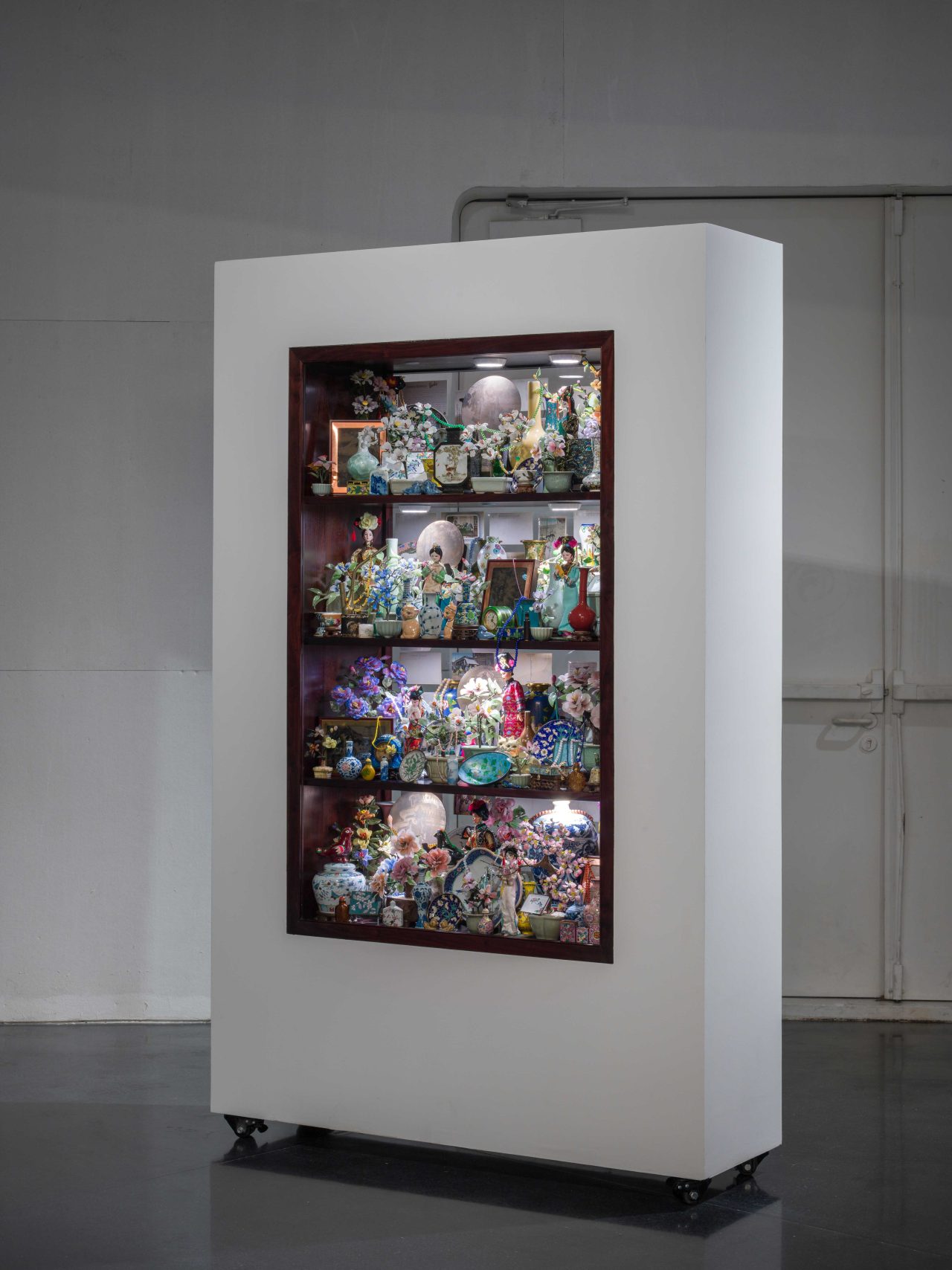
Flowers in the Mirror
Ma Qiusha
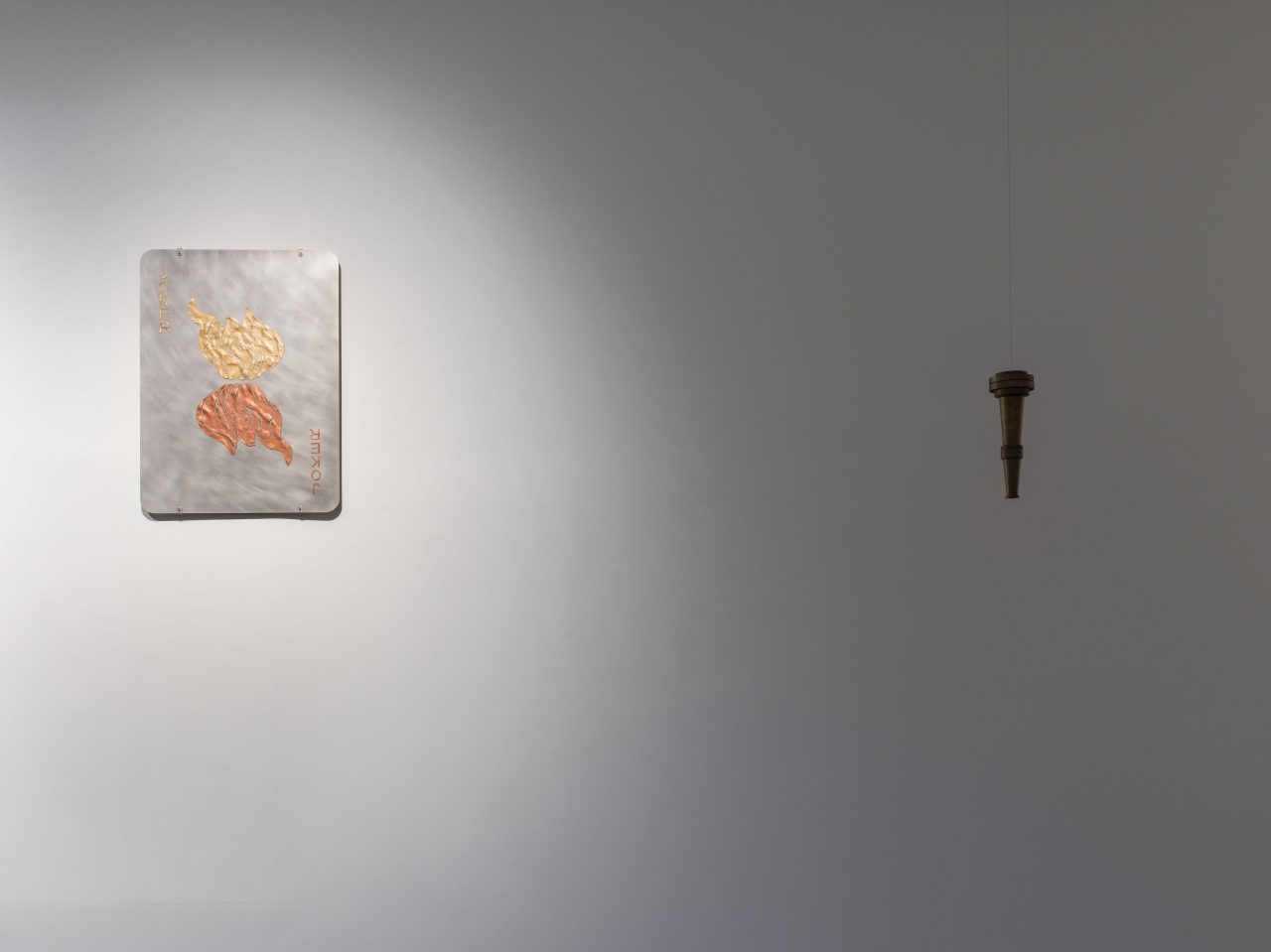
Joker -Fire and Torch
Gao Lei

lron Tail Two Moons Big Tree & Black Diamond
Gao Lei
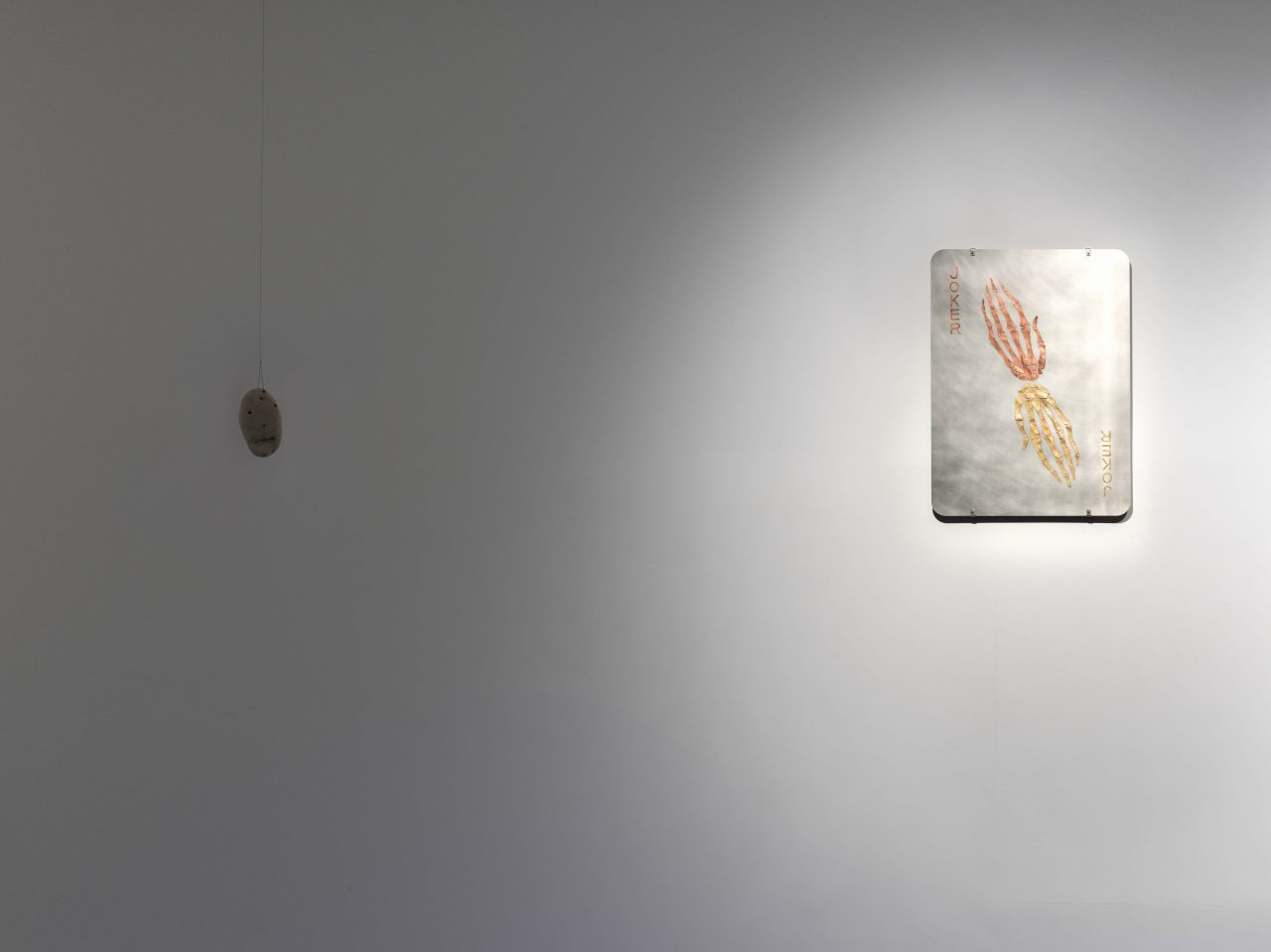
Joker-Hand & Head
Gao Lei
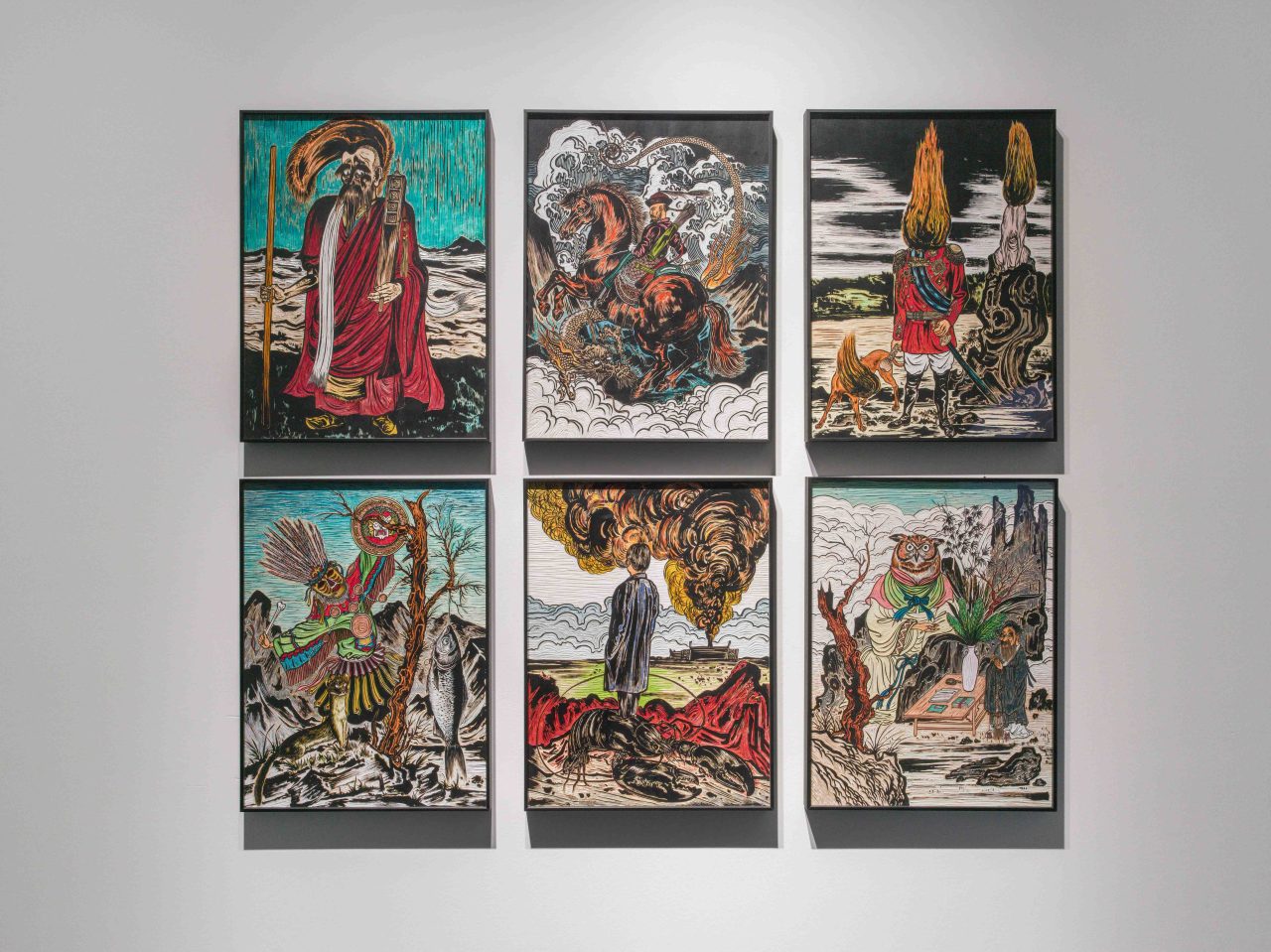
“Magic of Atlas” – Luocha -Paintings inside the Palace
Sun Xun
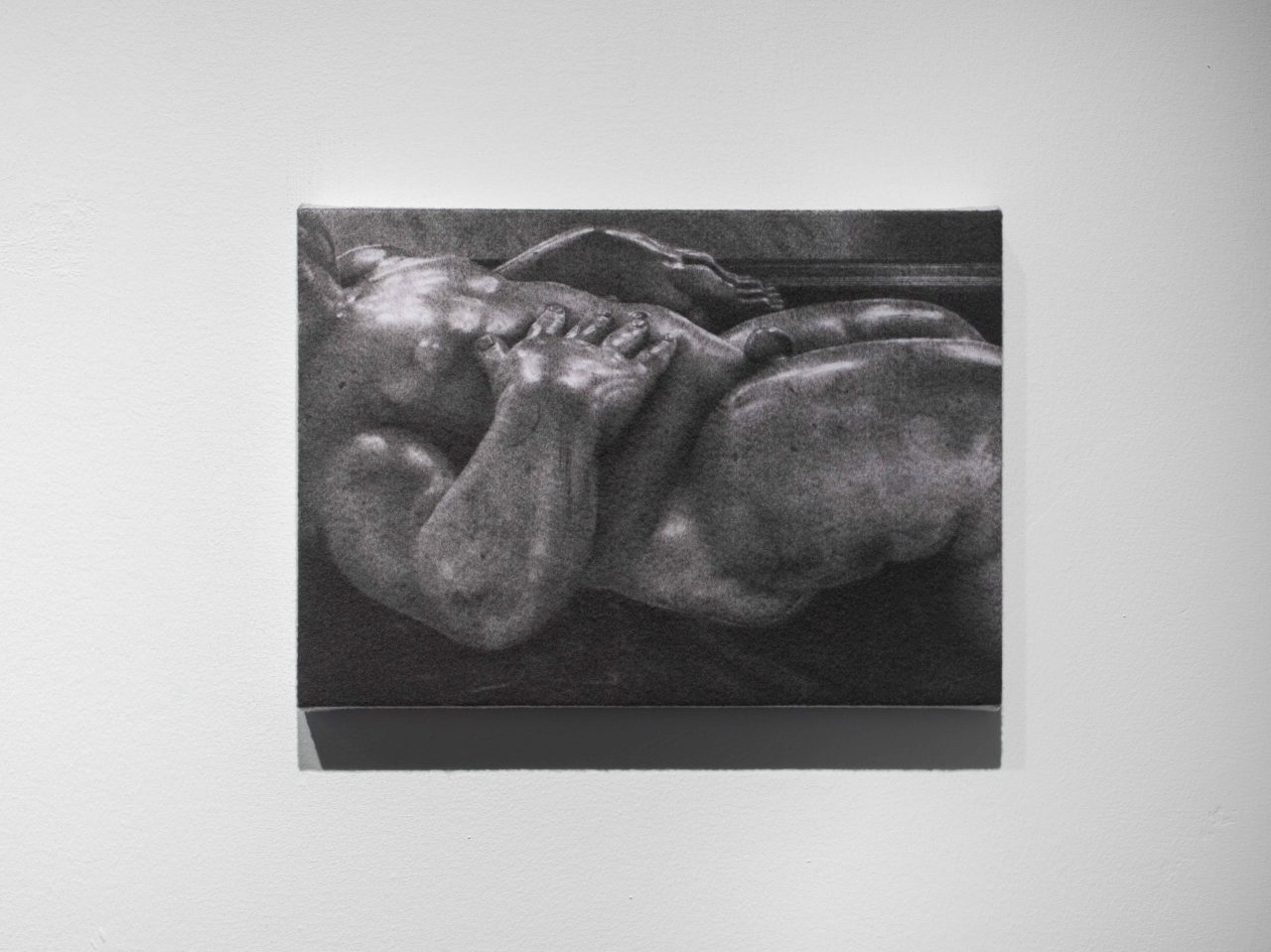
Orthophria
ZHANG Yunyao
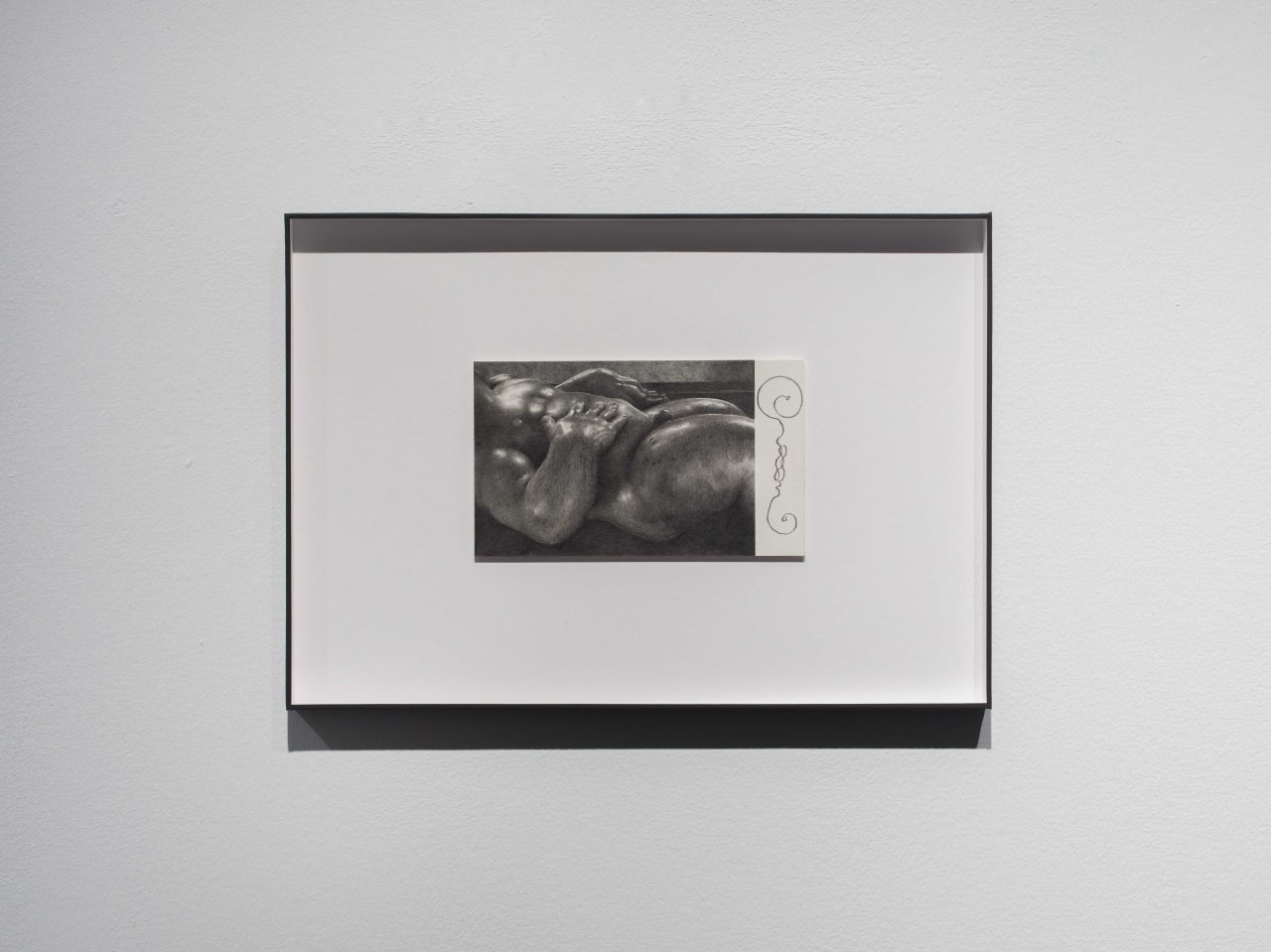
Orthophria (Alacritas)
ZHANG Yunyao
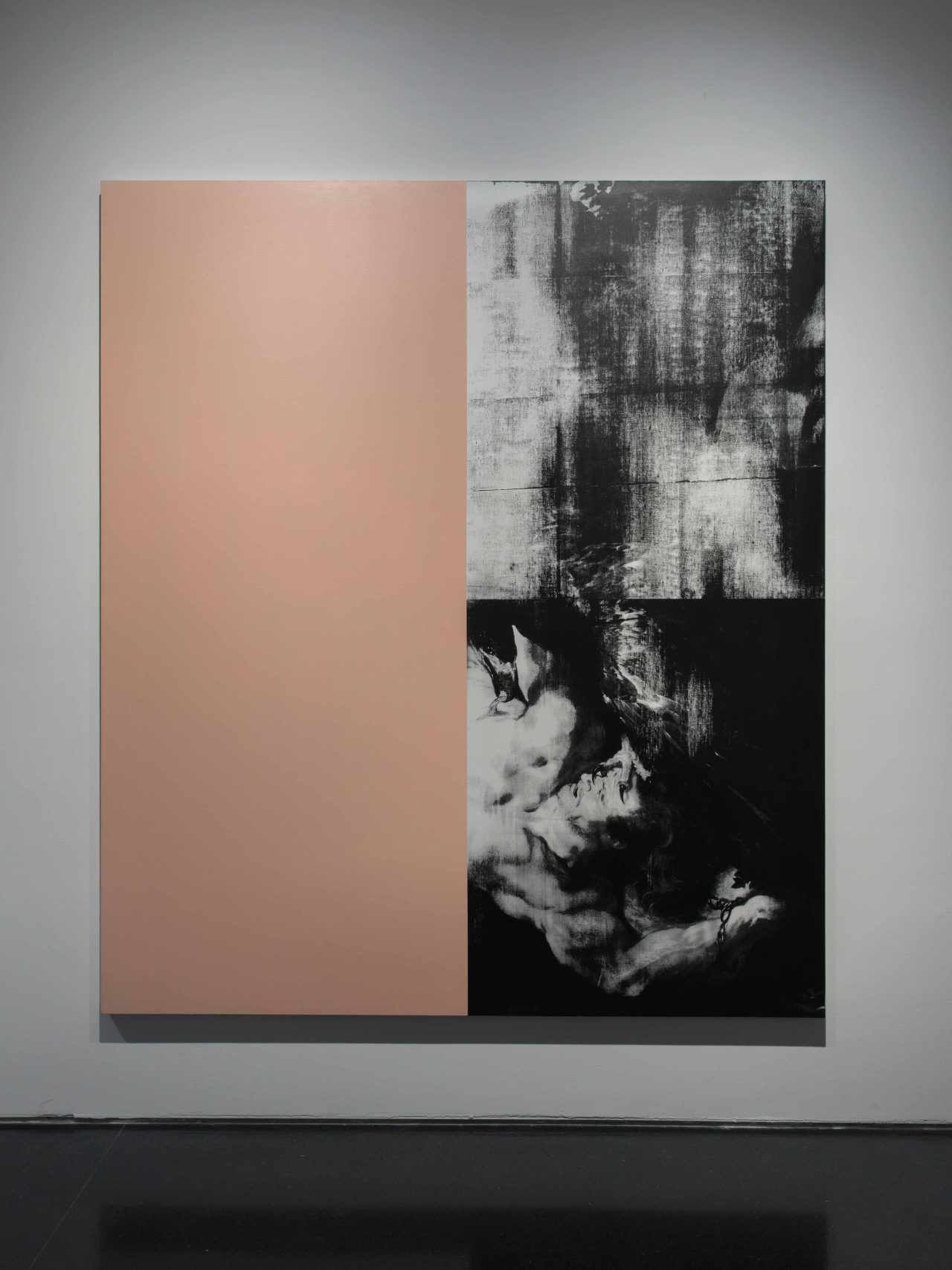
PROMETHEUS #1
Zhang Ding
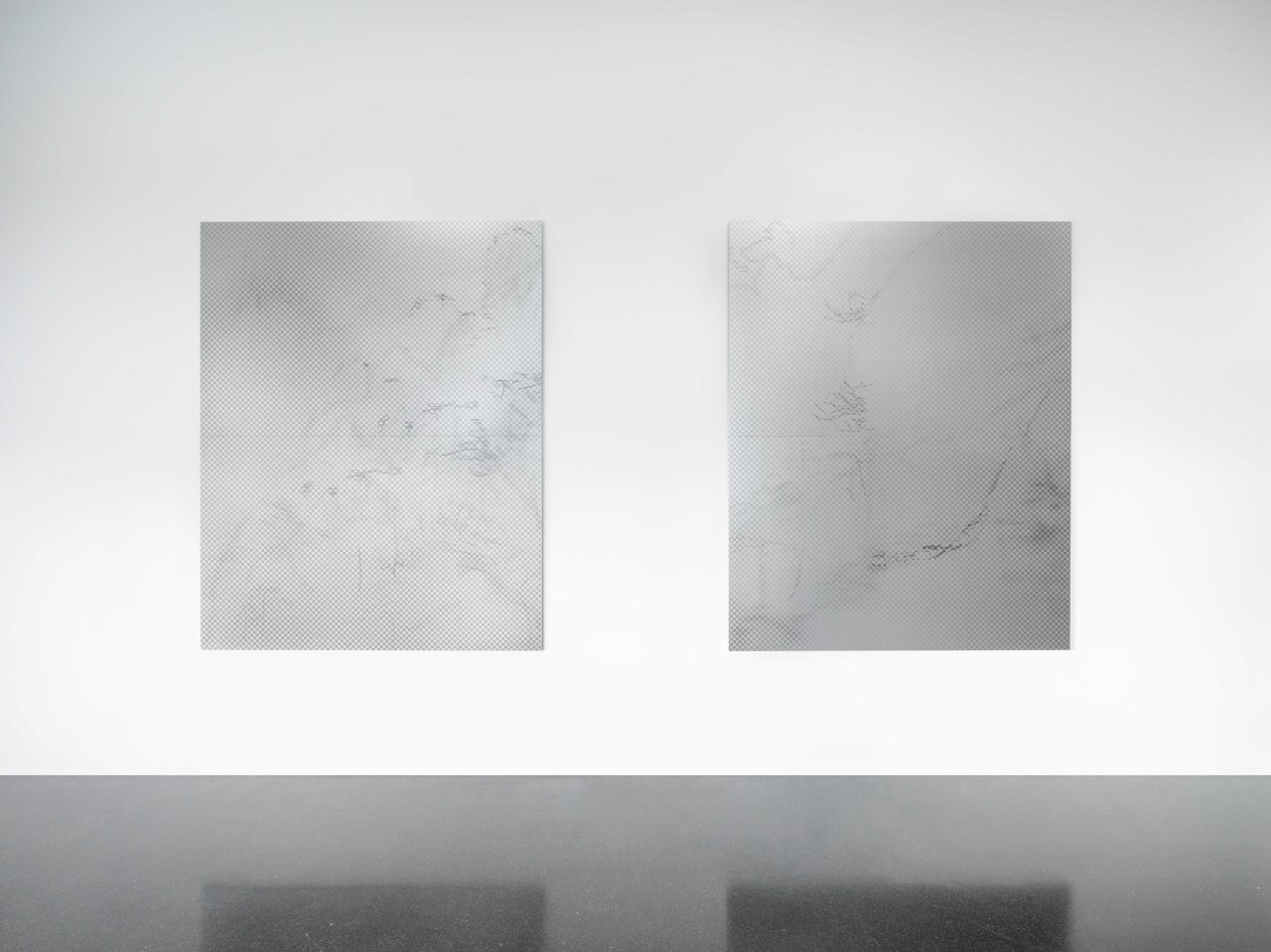
Chinese Landscape Painting
Lin Ke
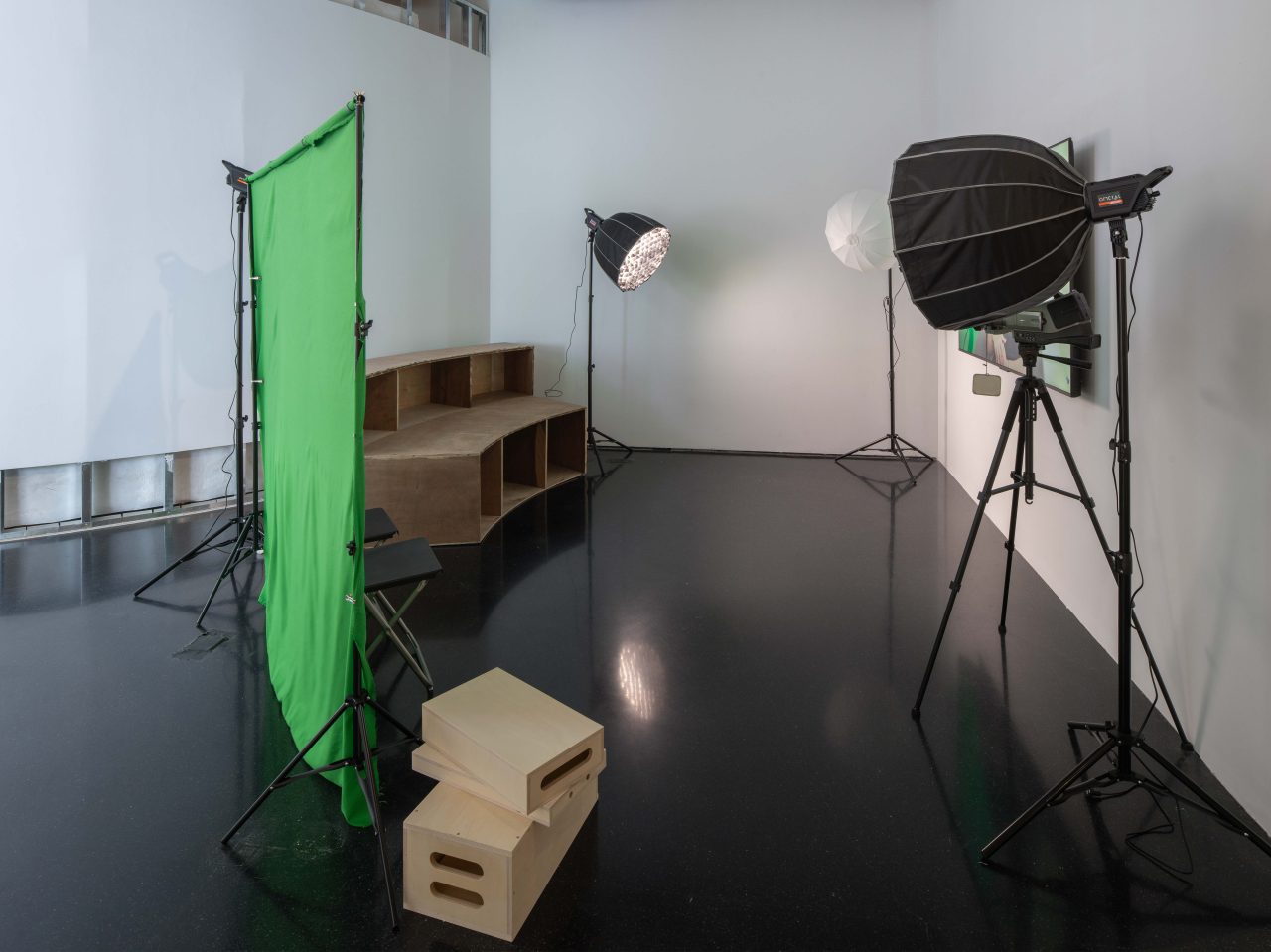
The Night of Peacemaking
Tao Hui
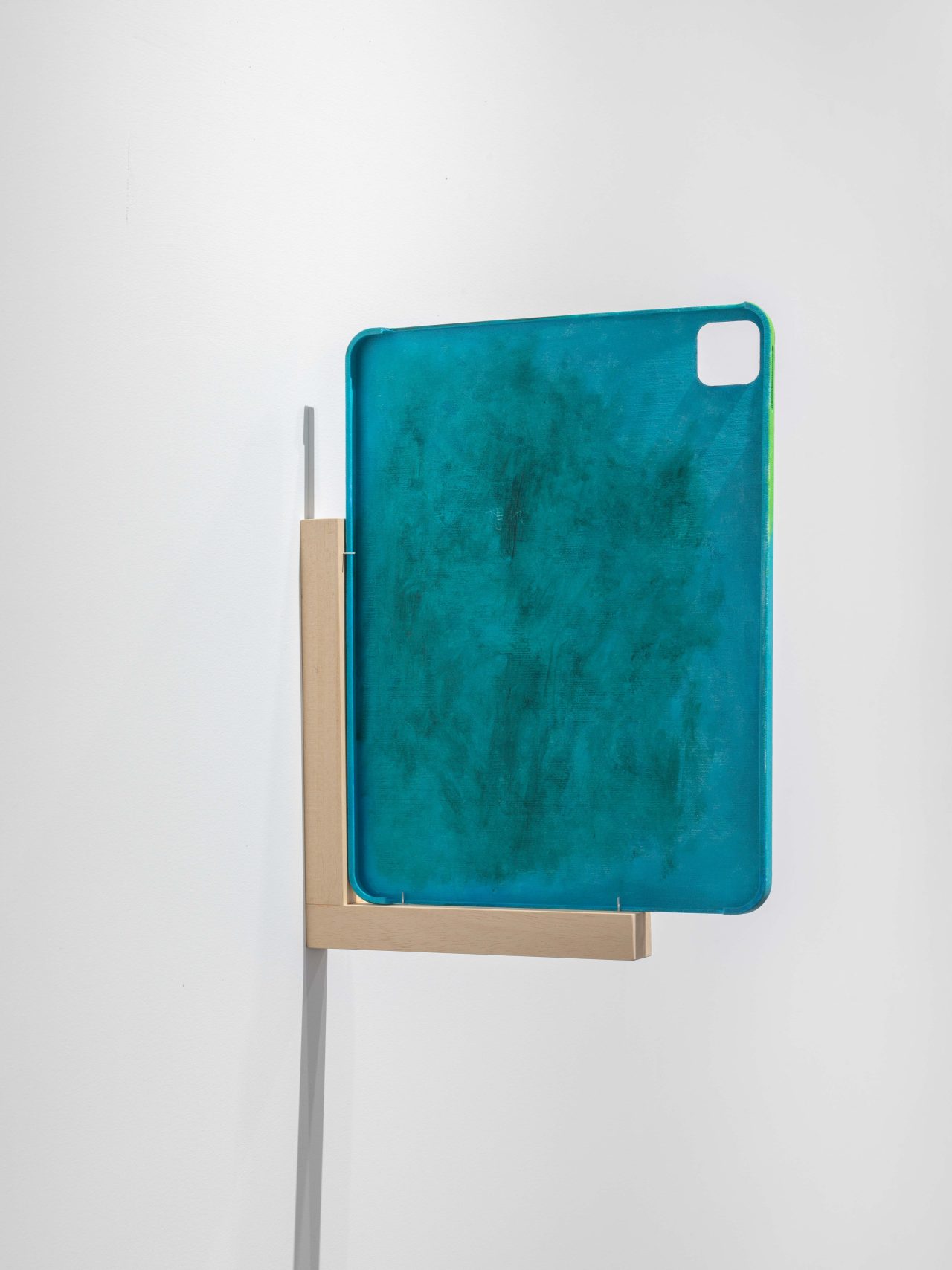
lpad Cover3
Zhou Siwei
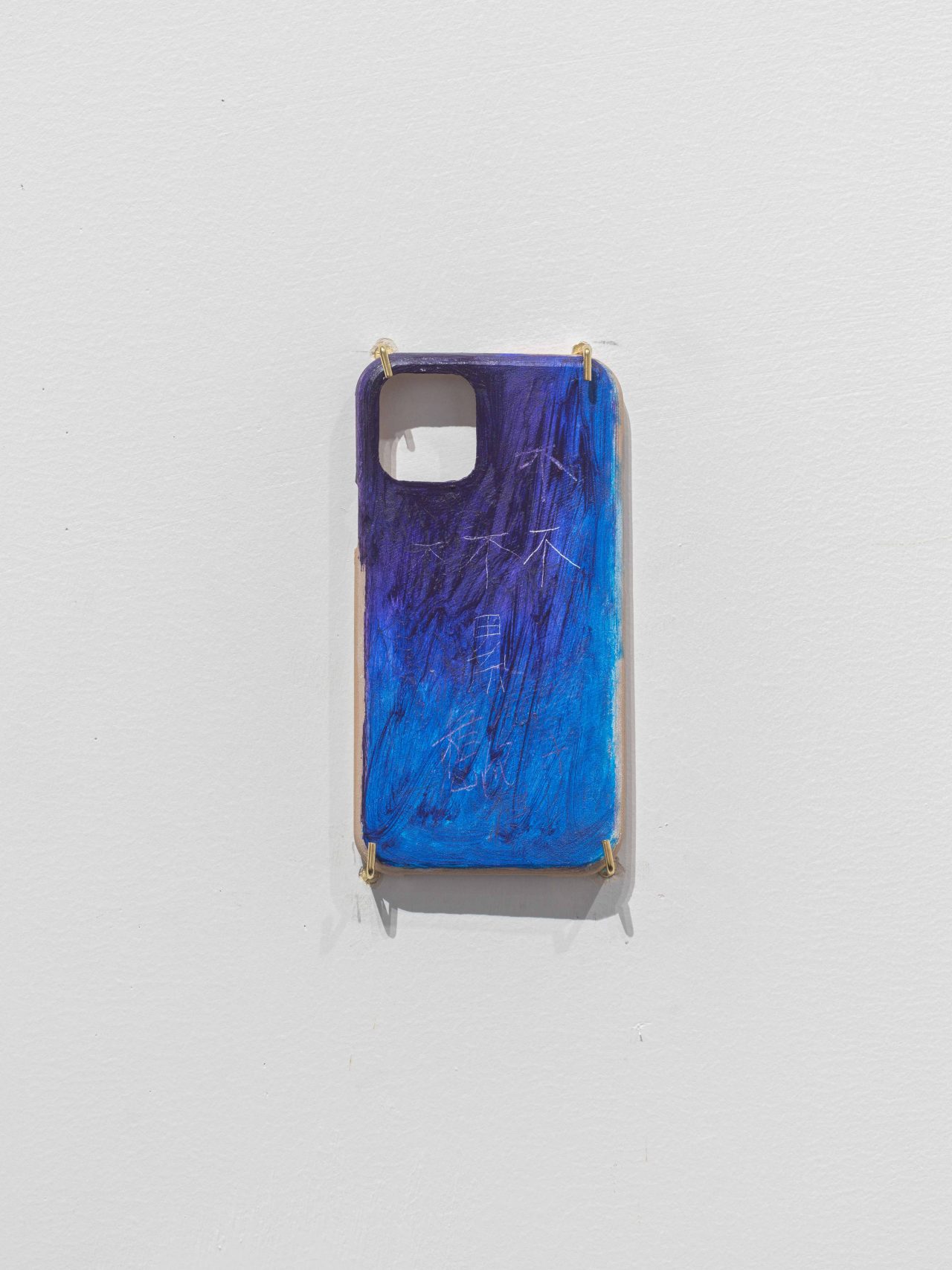
Iphone Cover 6
Zhou Siwei
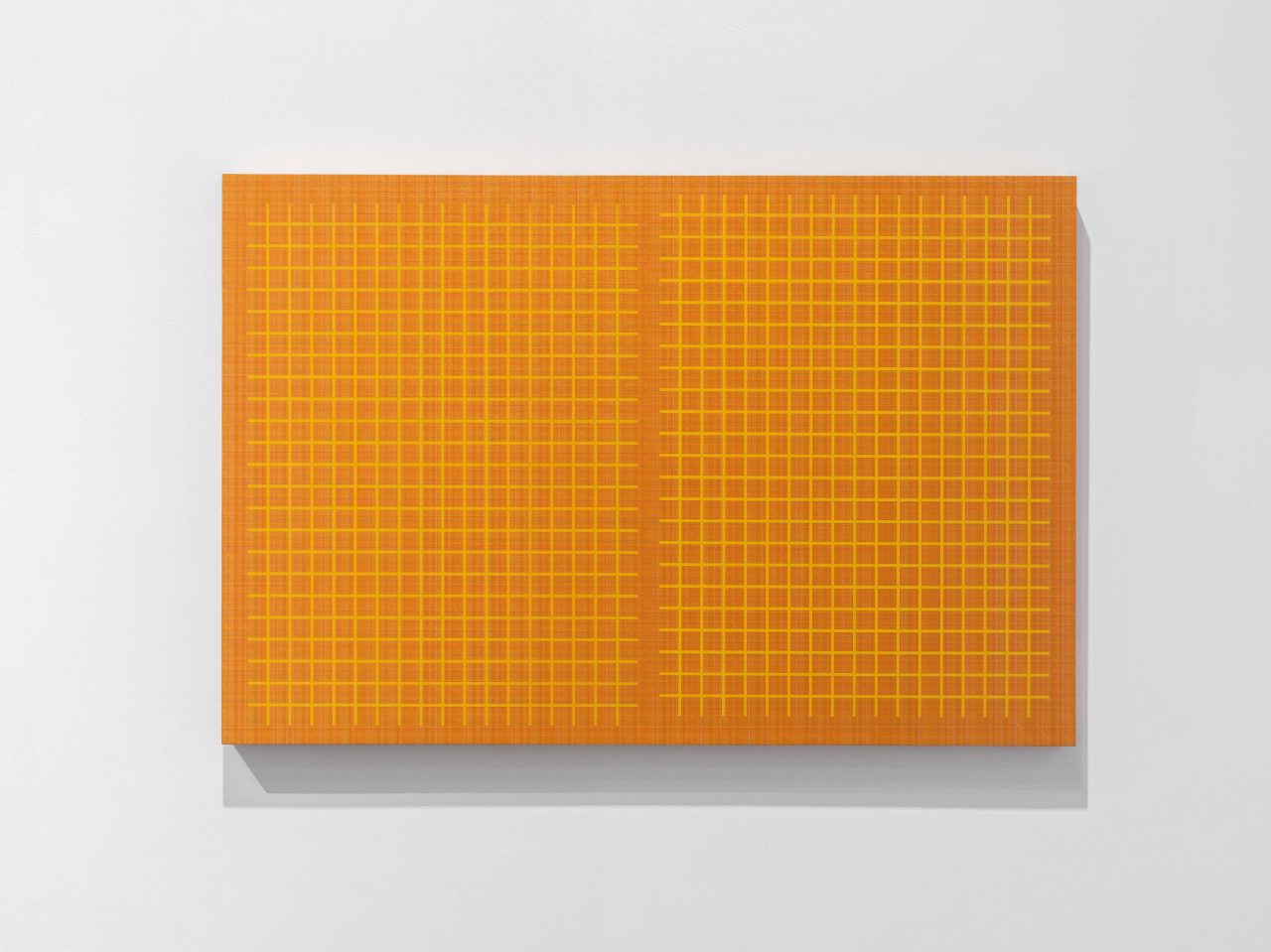
Misplacement – 3
ZHANG Ruyi
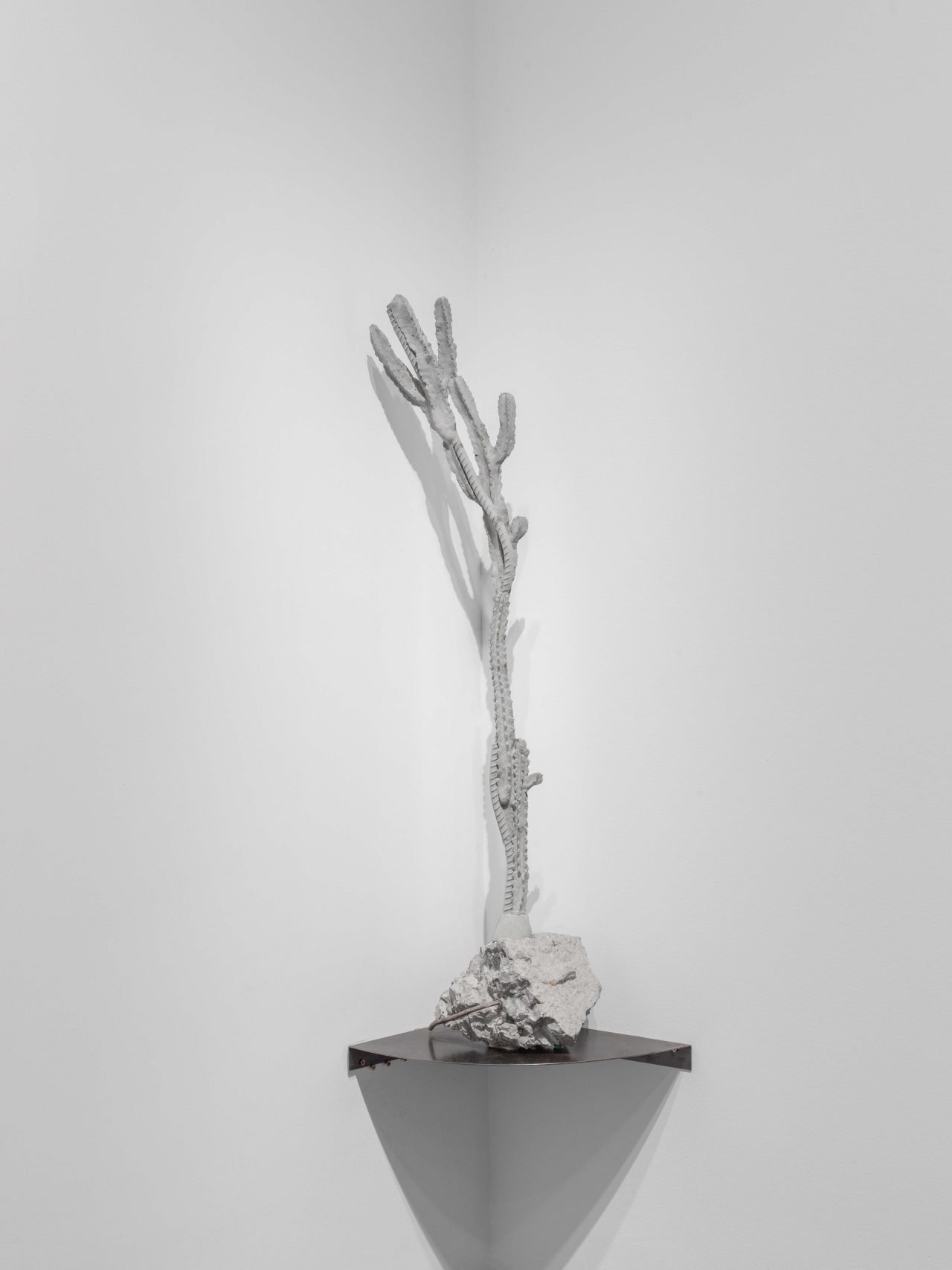
Matte Substance-11
ZHANG Ruyi
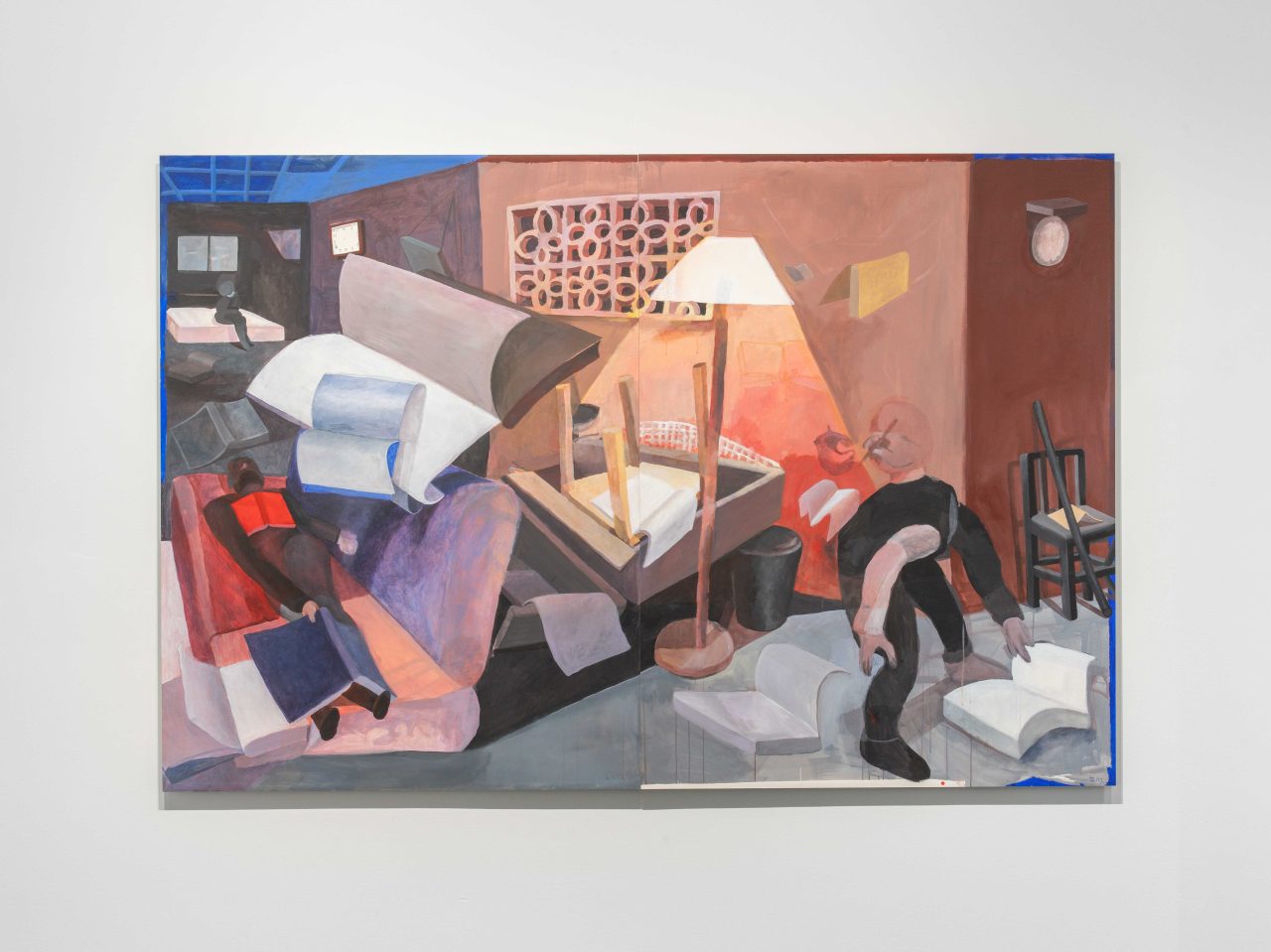
Book-browsing Time
Miao Miao
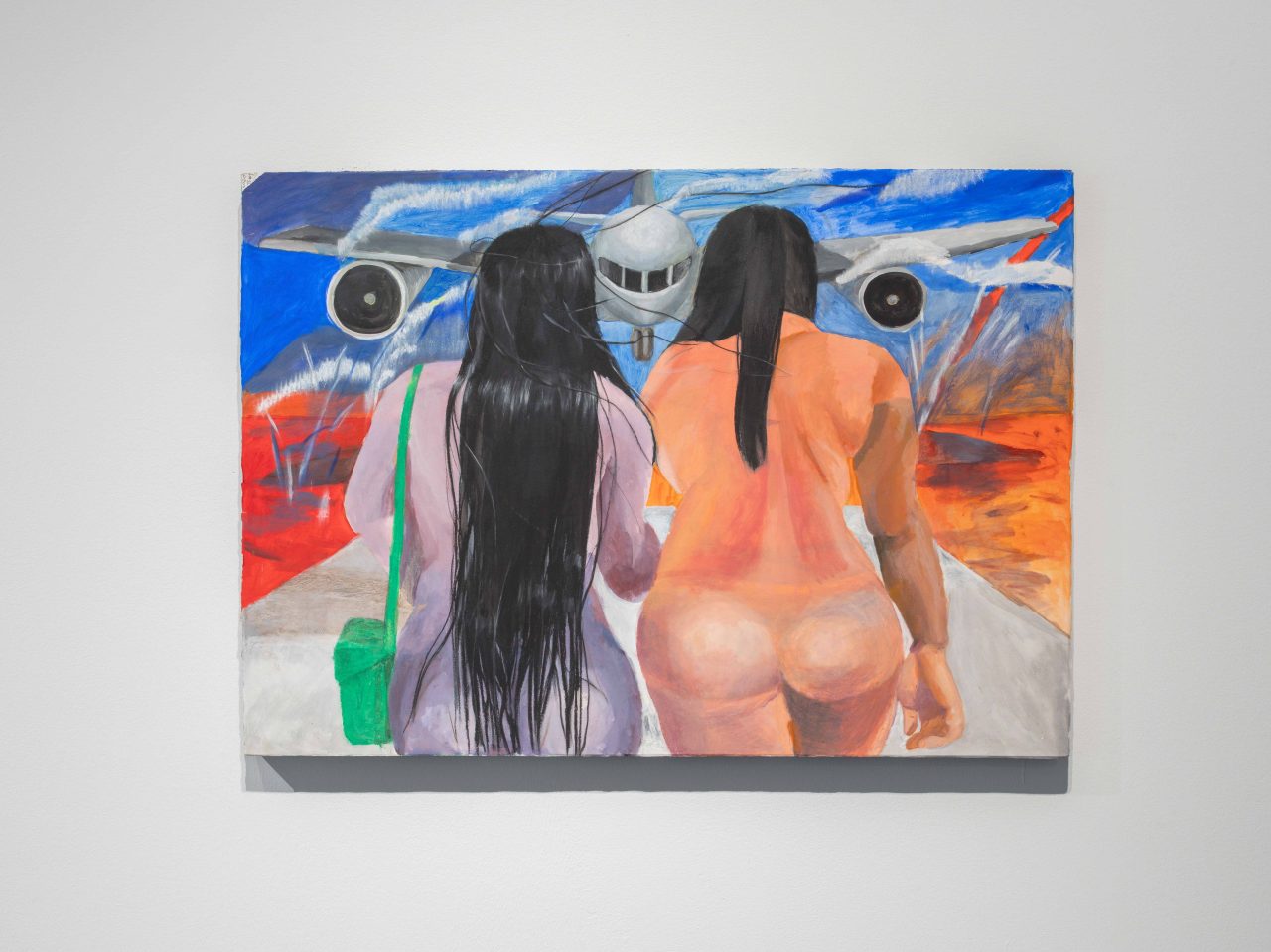
Two Burmese Girls
Miao Miao
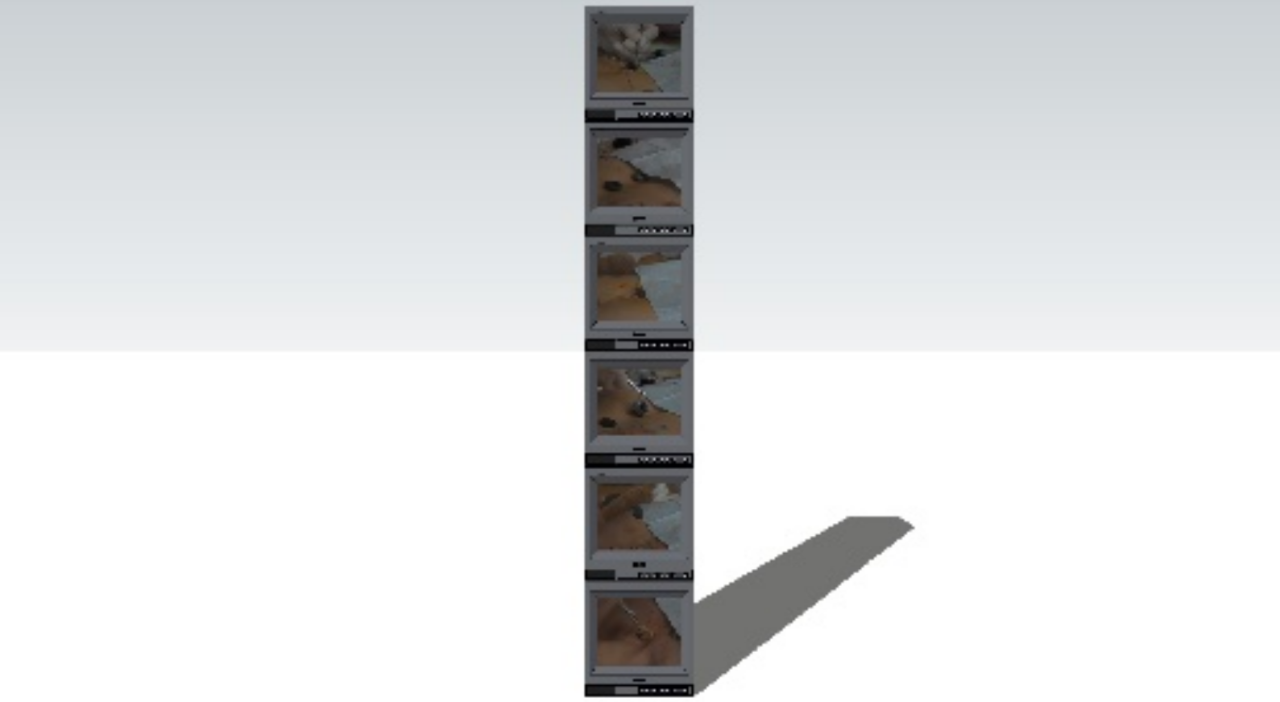
Féng| fèng and memories withrelation to féng| fèng #Traverse
Li Ming
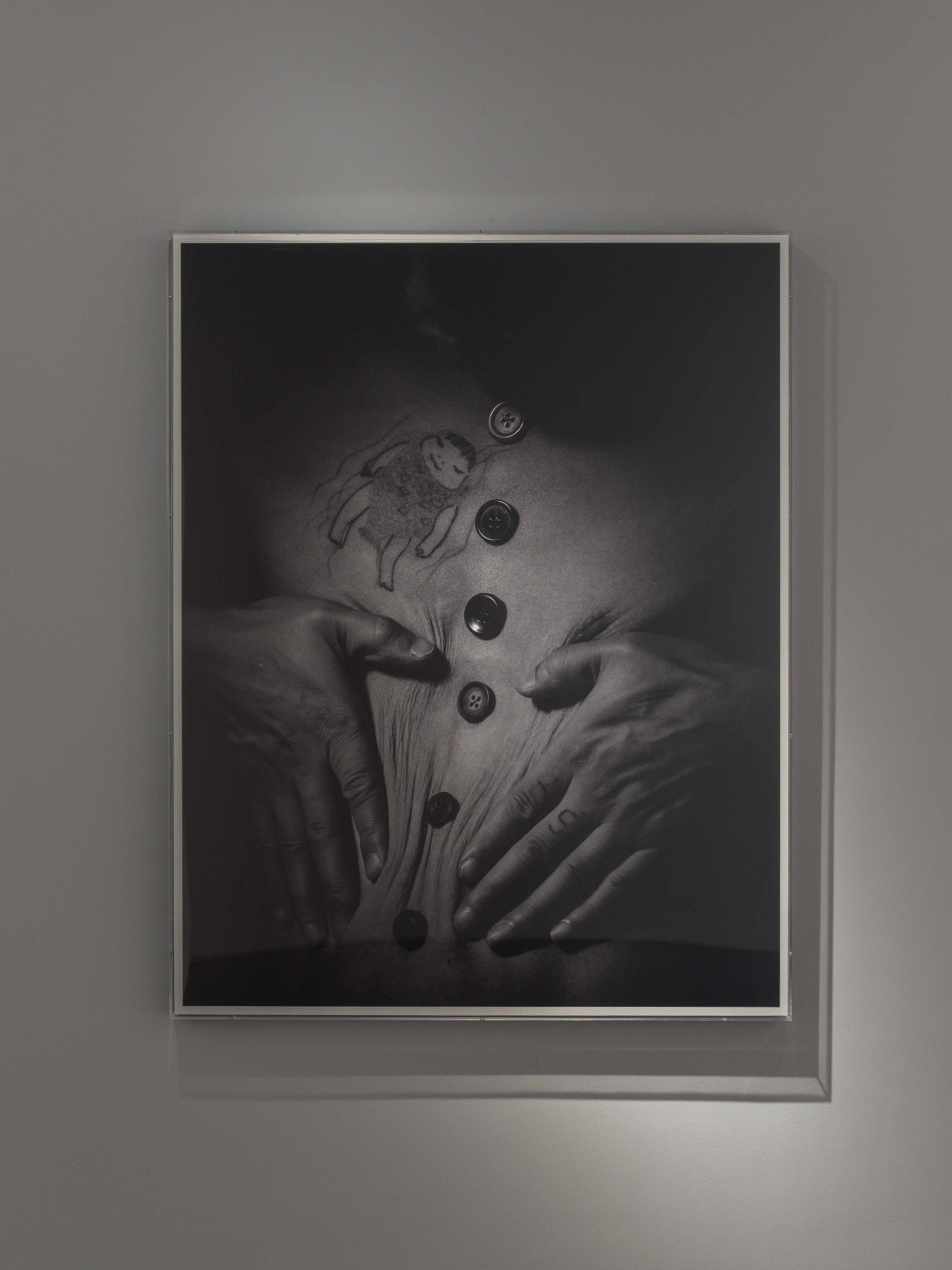
Féng |fèng and memories withrelation to féng|fèng #)-o-(
Li Ming
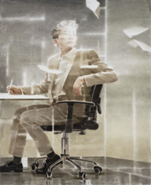
Gust
Xia Yu
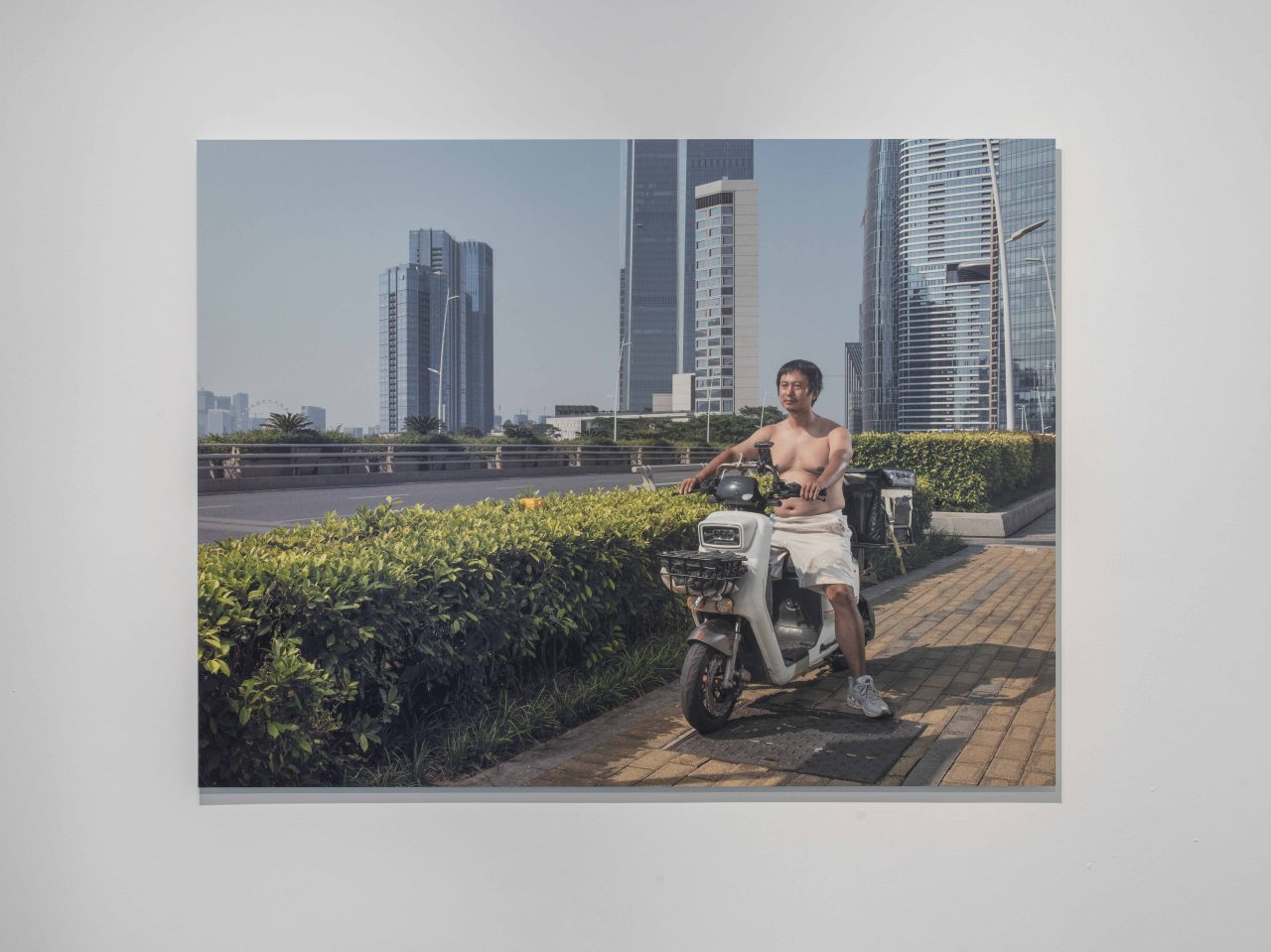
Labour Photography
Li Liao
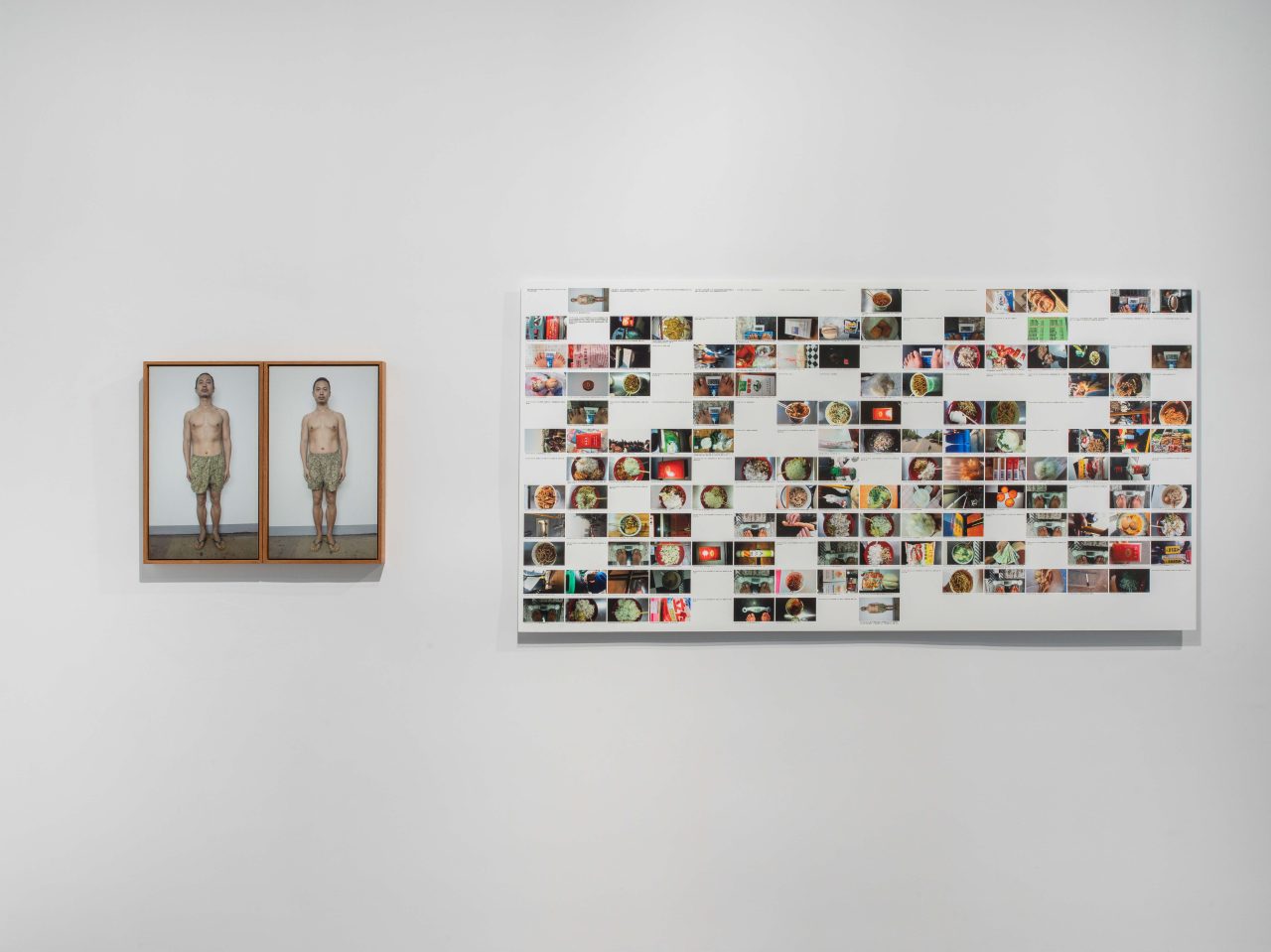
Diet Plan
Li Liao
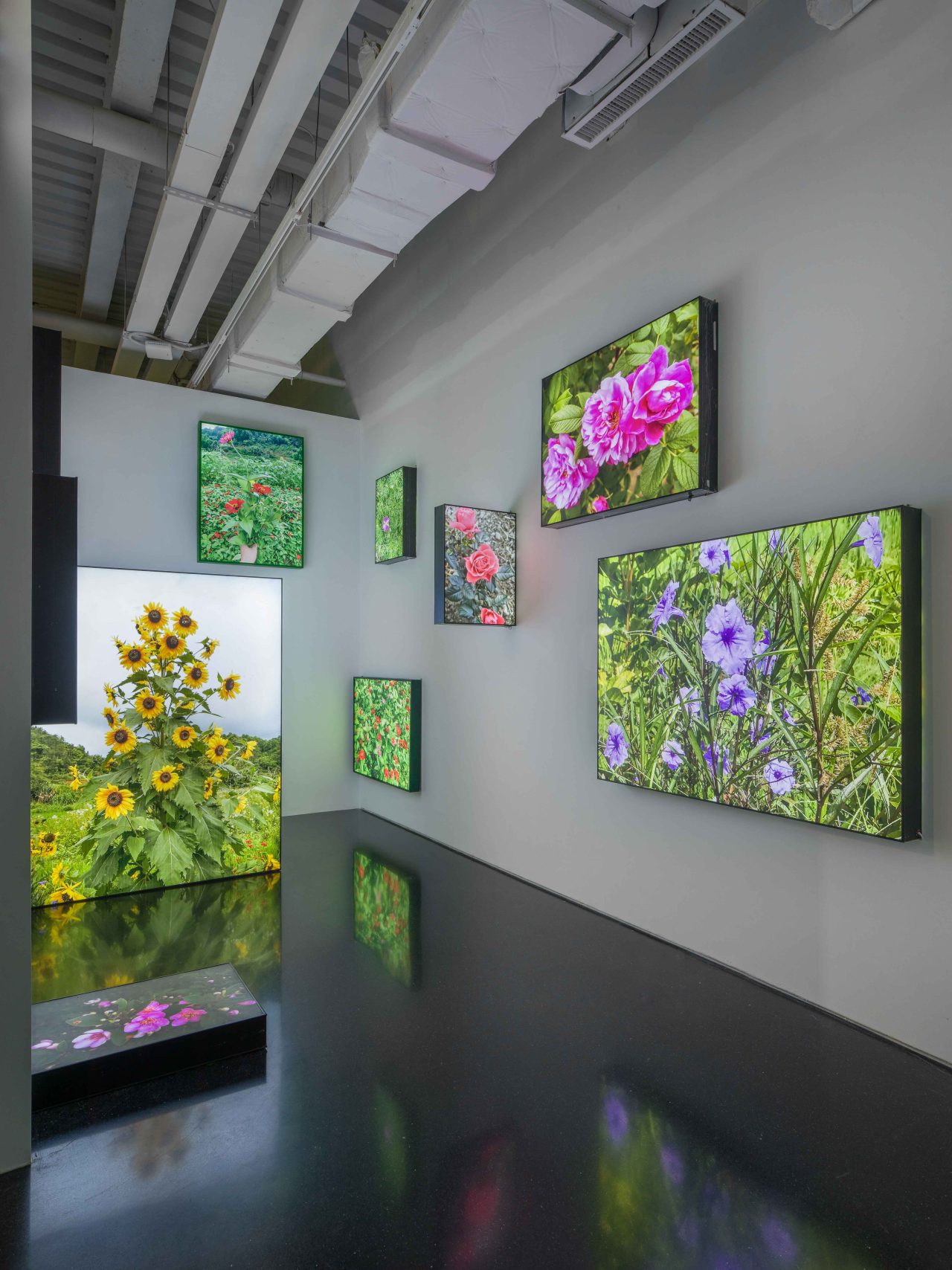
Sister Ling You Are Totally RAD
Hu Yinping
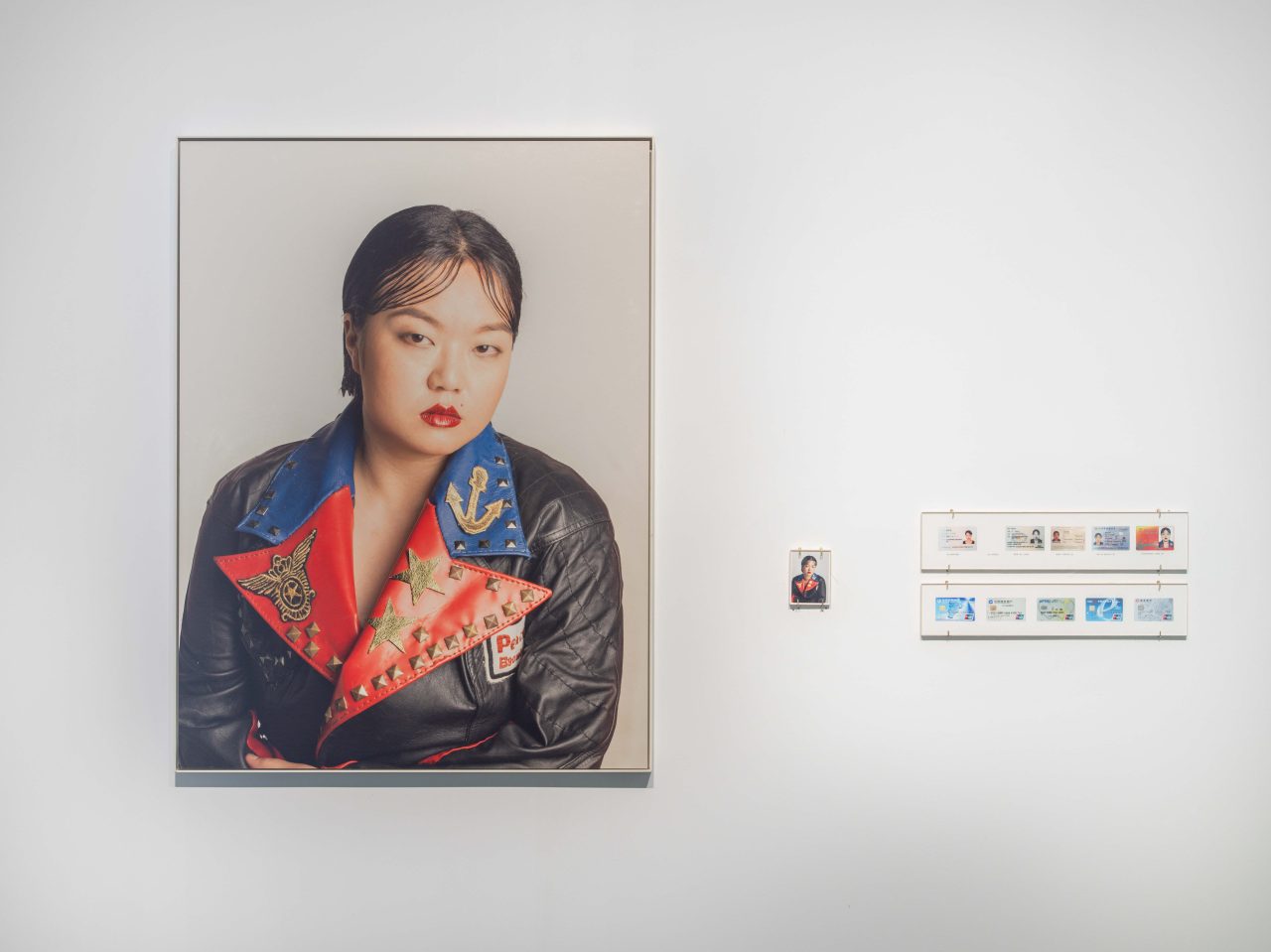
DENTITY
Hu Yinping
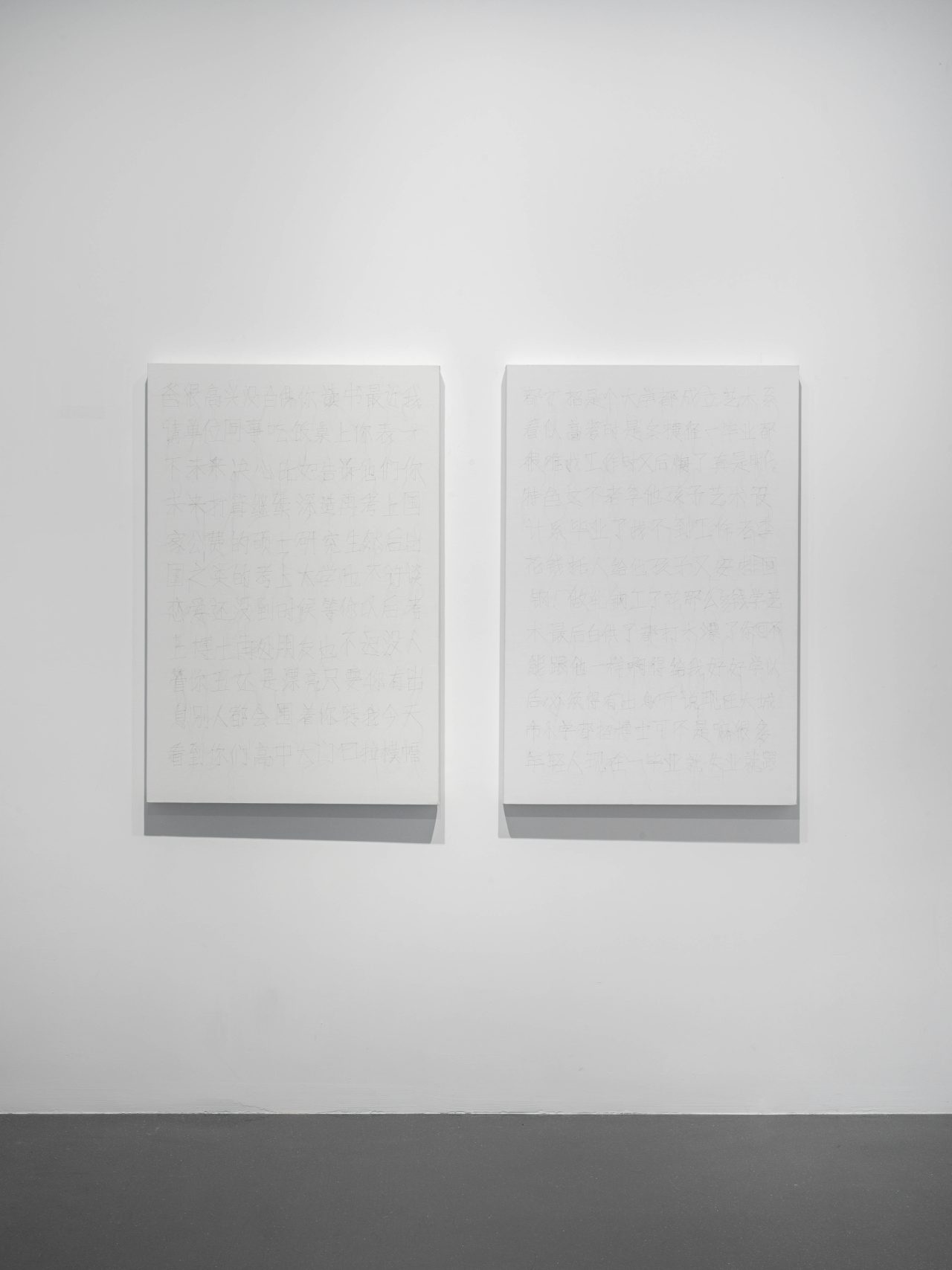
Everything is Le! Behind IX, Everything is Le! Behind XVI
Cao Yu
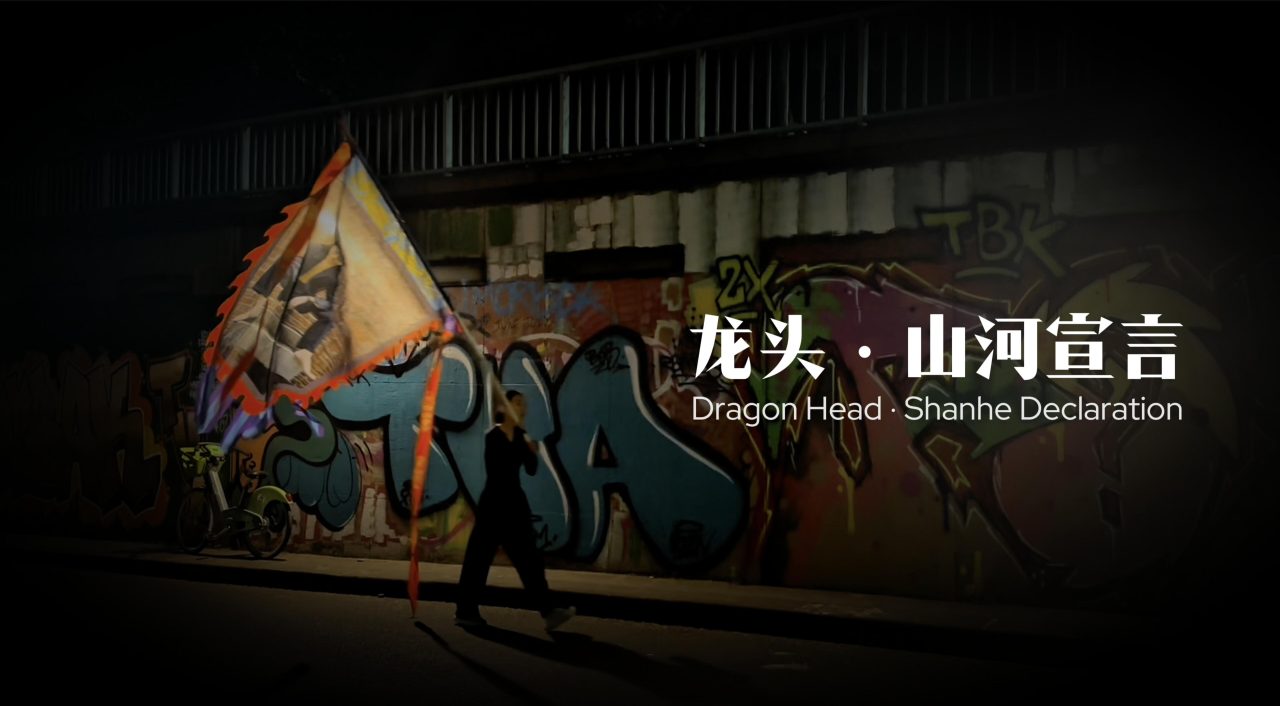
Dragon Head – Shanhe Declaration
Cao Yu
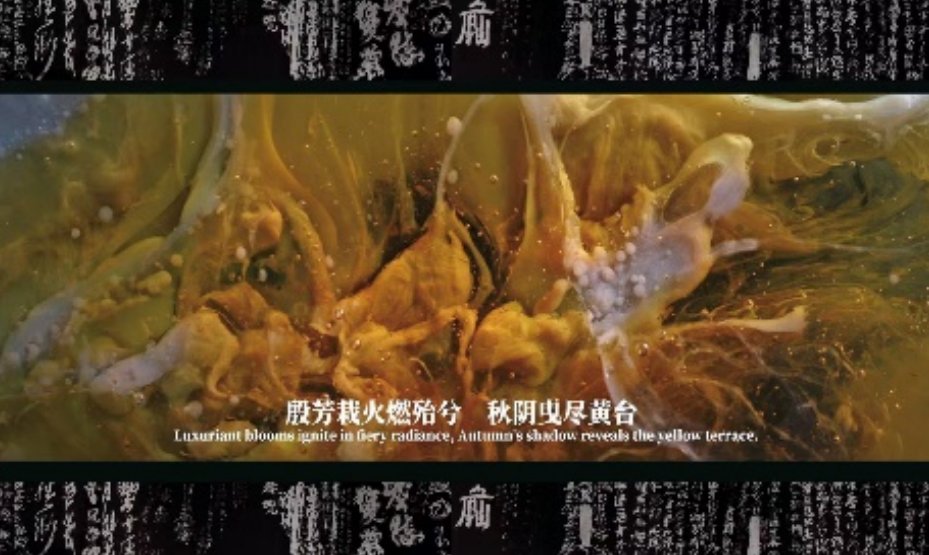
L15a0
Cheng Ran
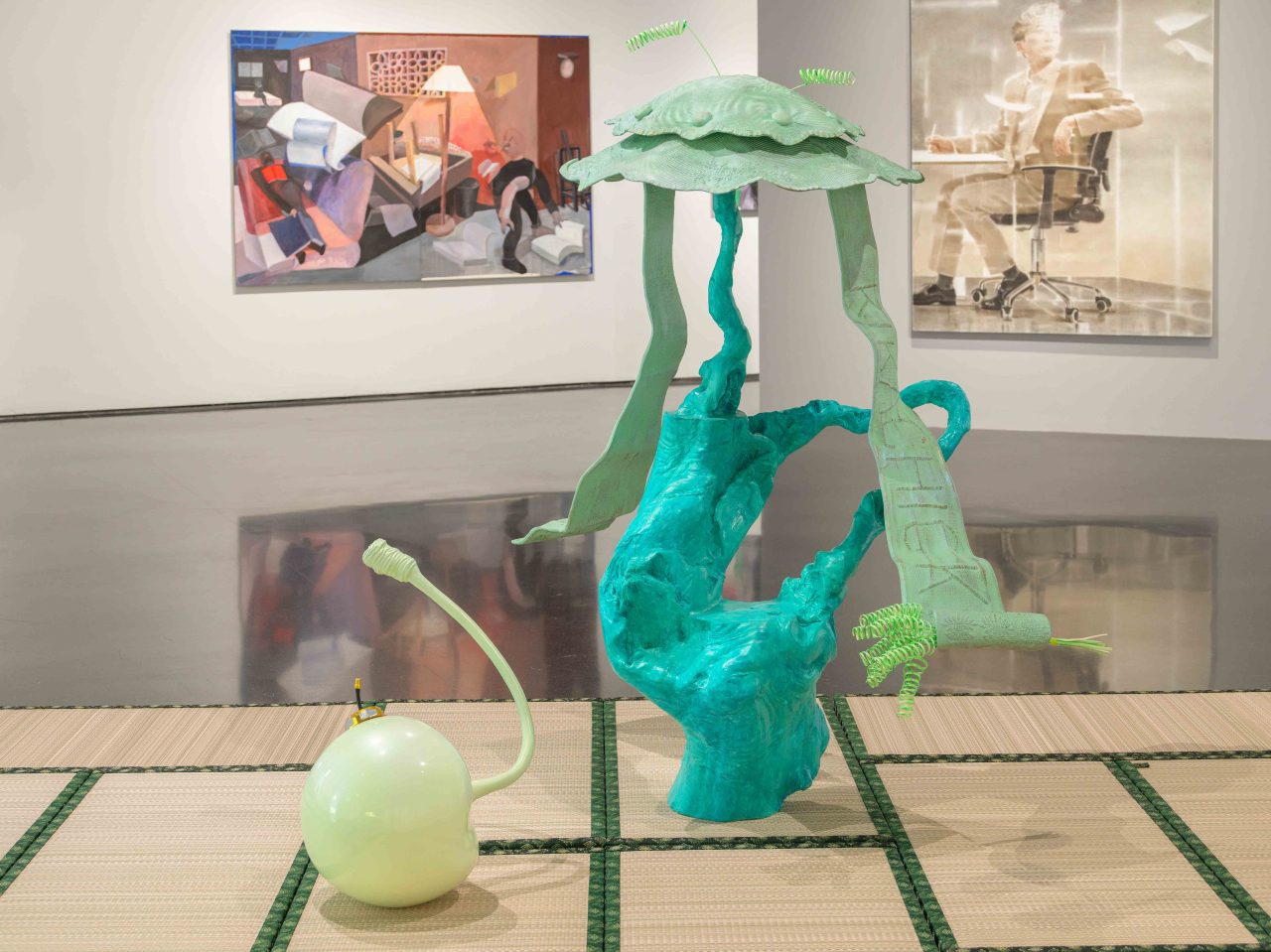
Kikachick Is Stepping towards the Snow-Covered Stage, while A Faint Tinge of Pink Reflected from the Lights under the Deep Blue Dusk Is Shimmering on Its Icy Surface.
Guan Xiao
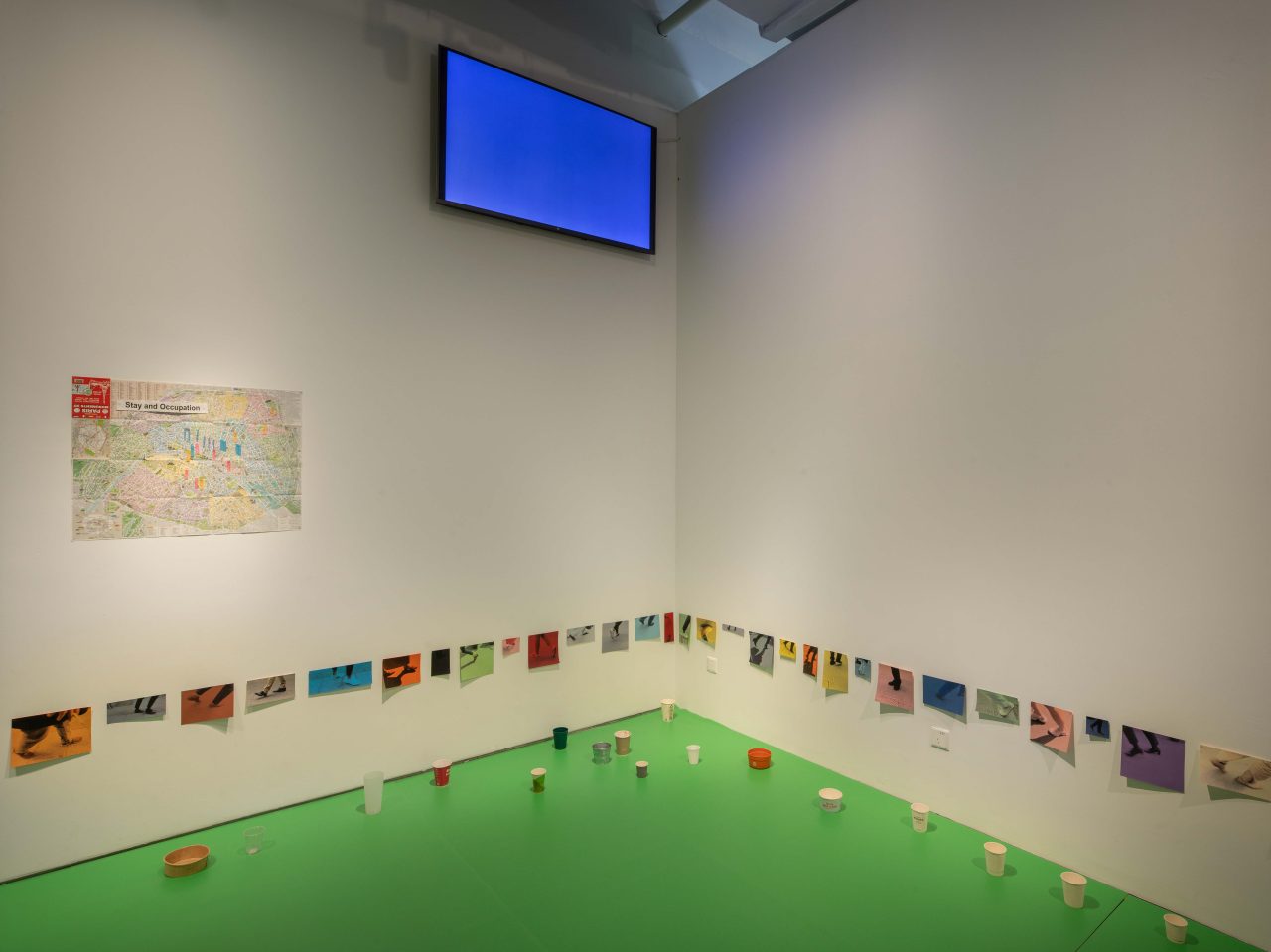
Stay and Occupation
Nabuqi
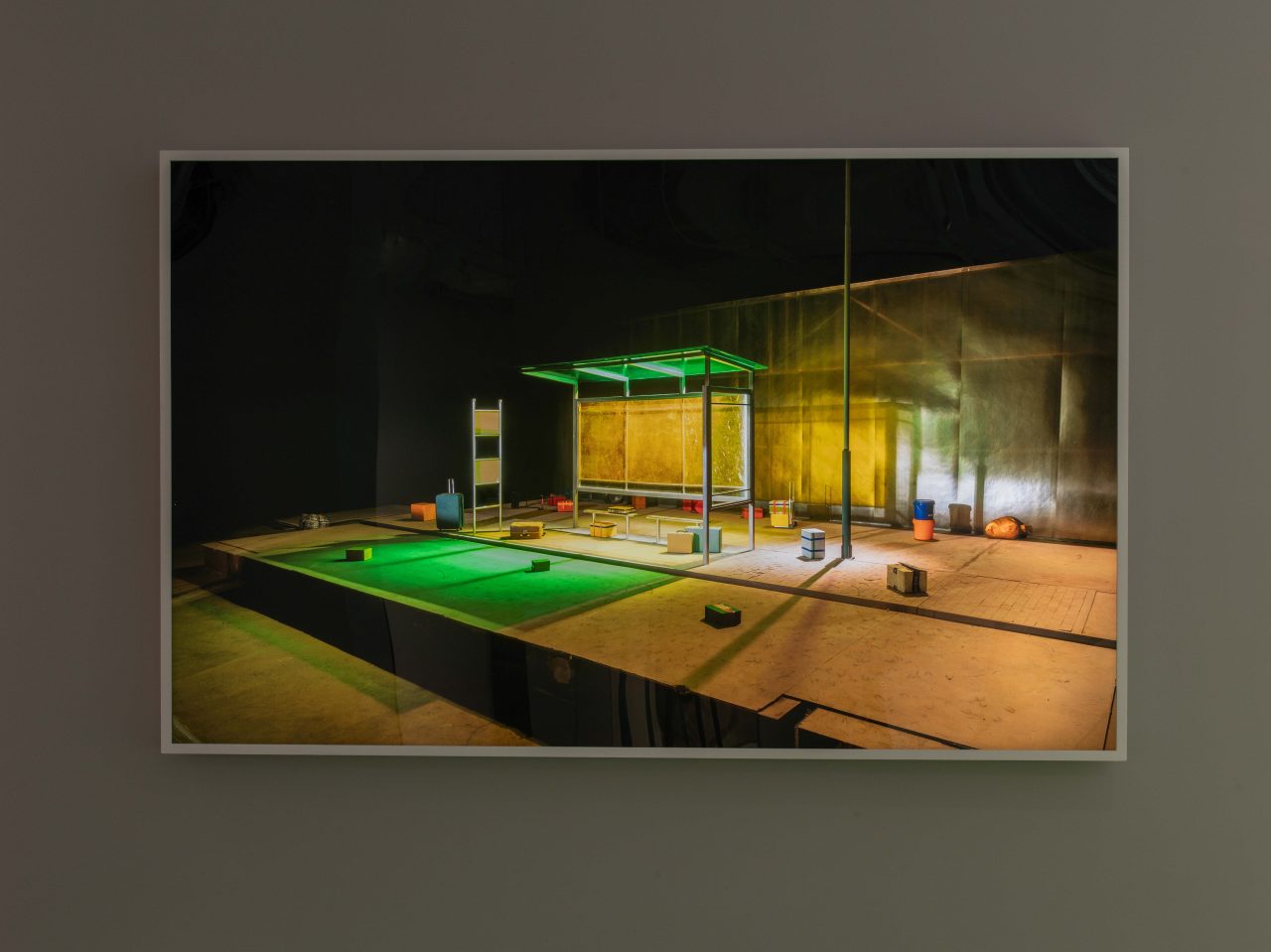
New Station
Chen Wei
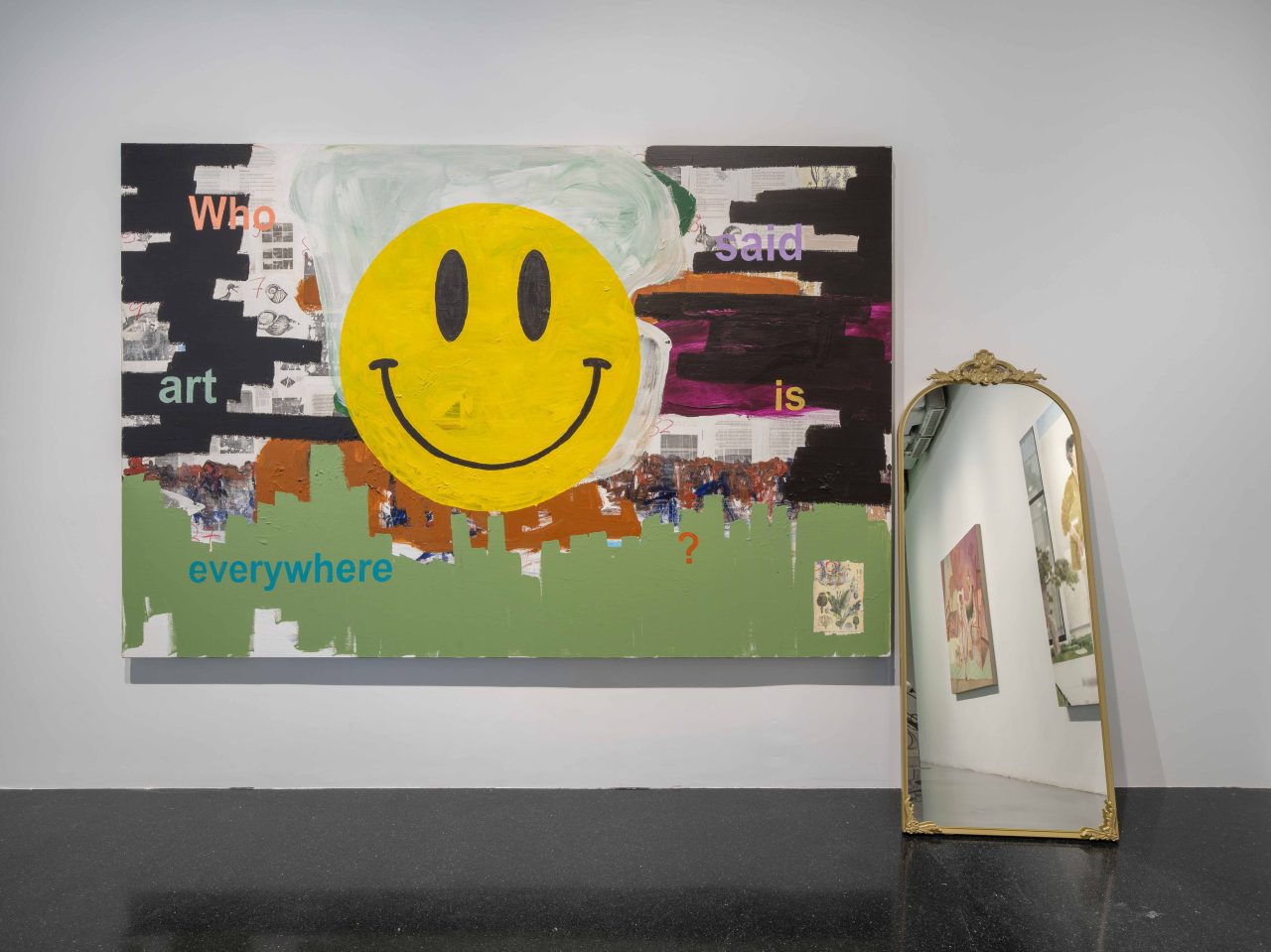
Who said art is everywhere?
Tan Tian
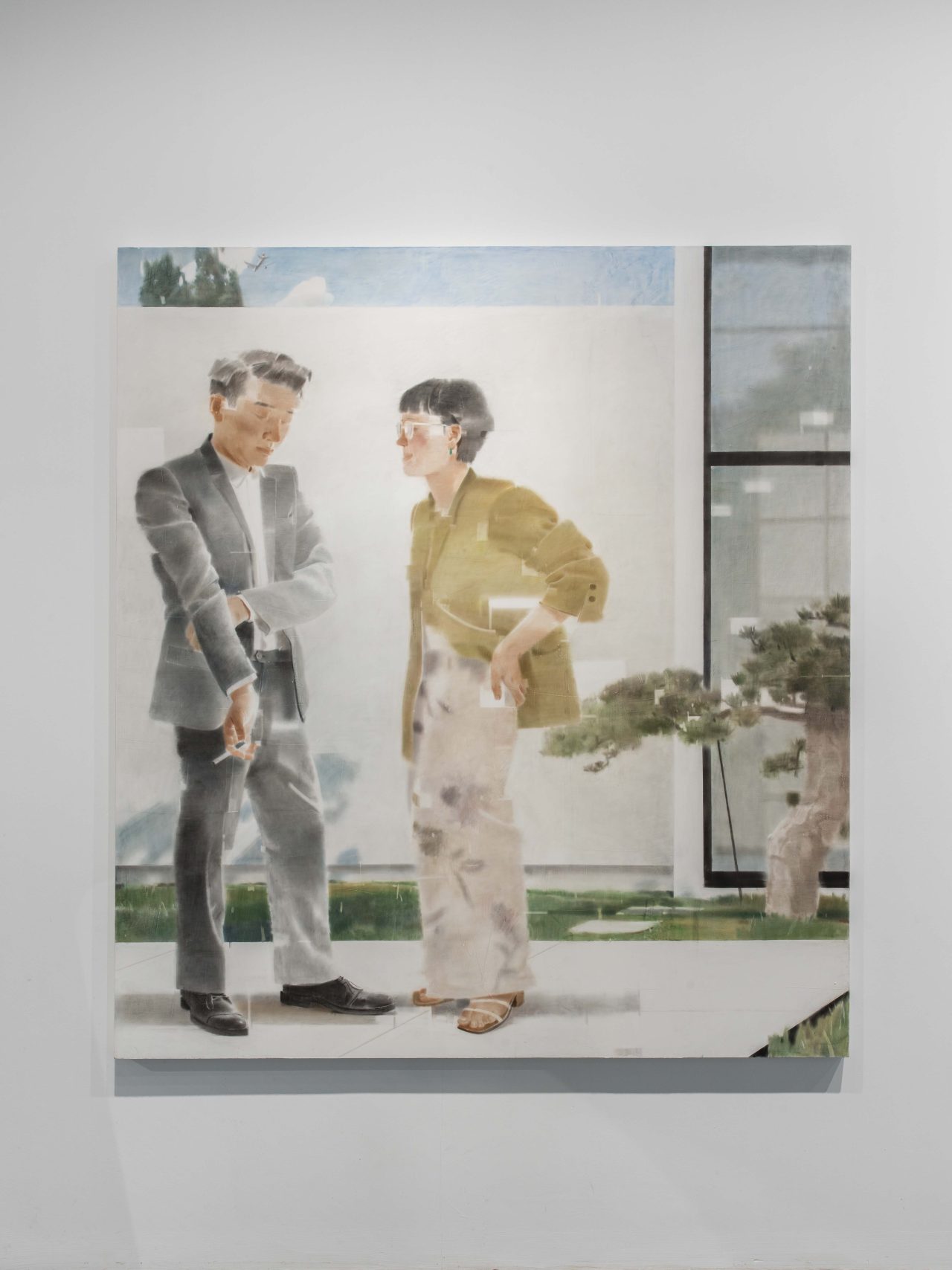
Artist, Curator, Art Museum
Xia Yu
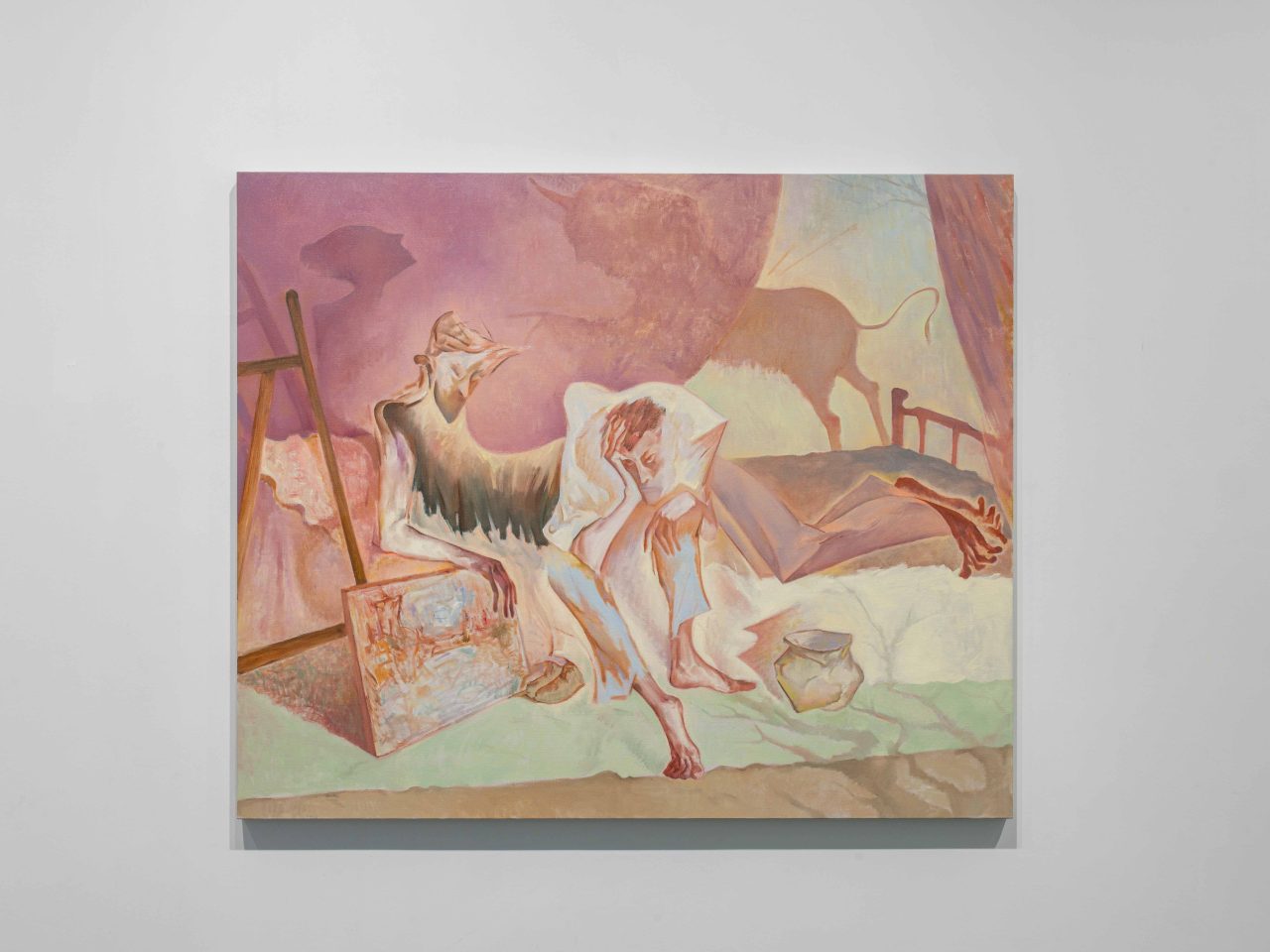
Enlightened again
Li Ran
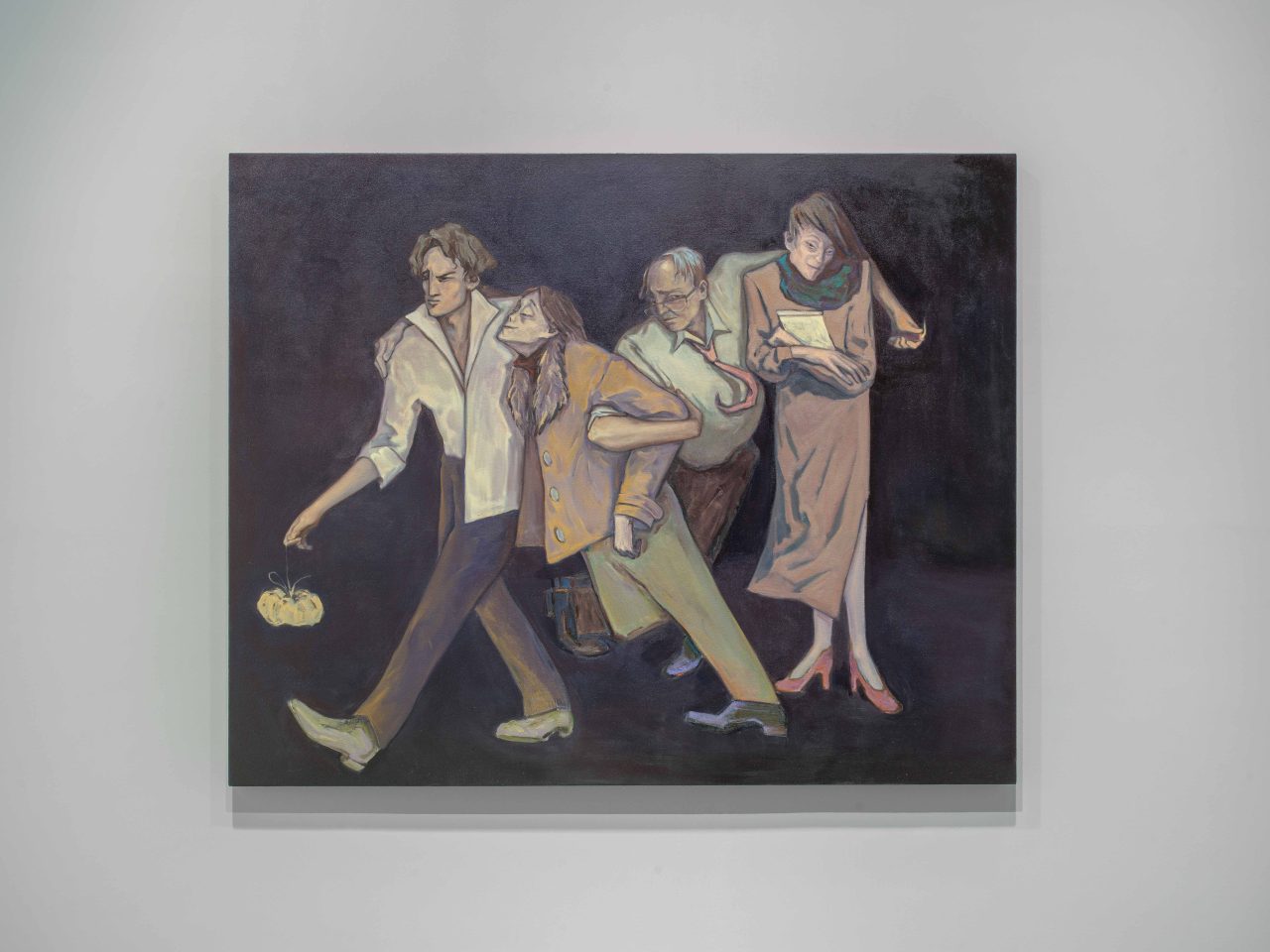
Returning to The Crossroad
Li Ran
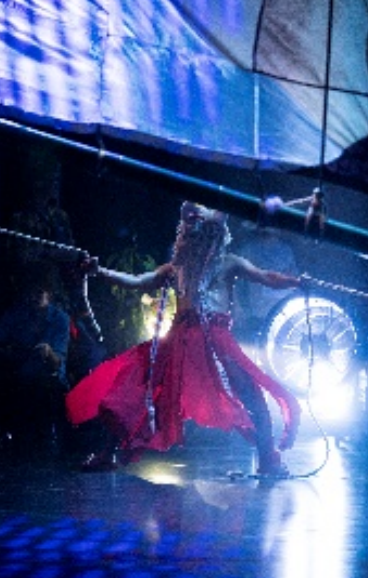
Ocean Cage performance live
Tianzhuo Chen
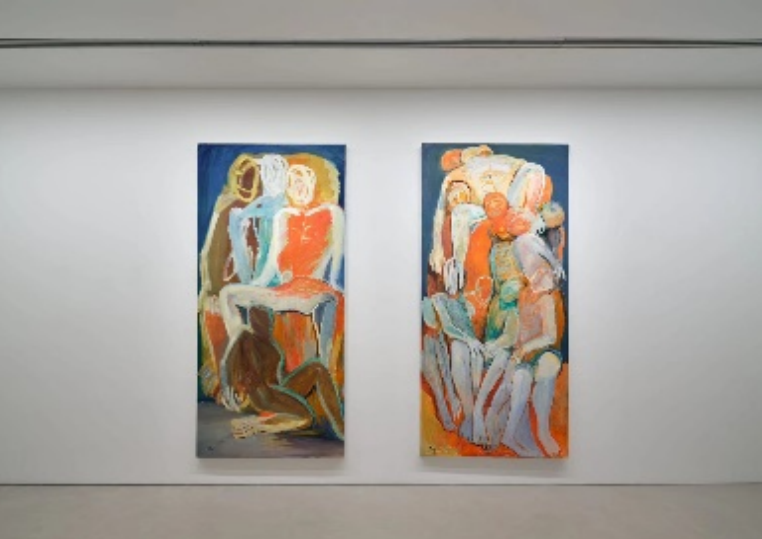
Gaze 1, Gaze 2
Tang Dixin
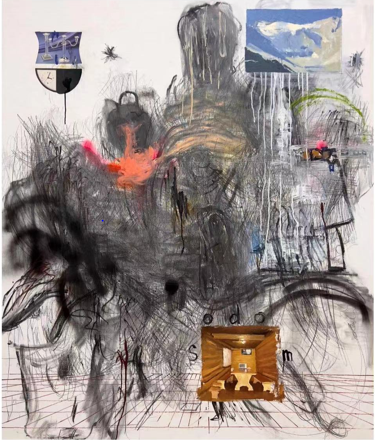
Sodom
Song Yuanyuan
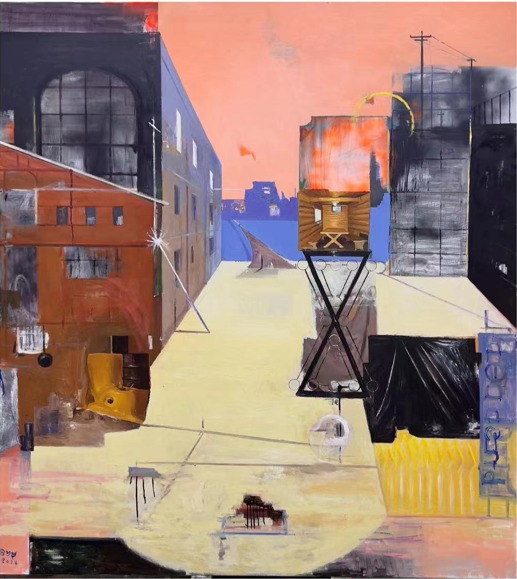
Deadend
Song Yuanyuan
